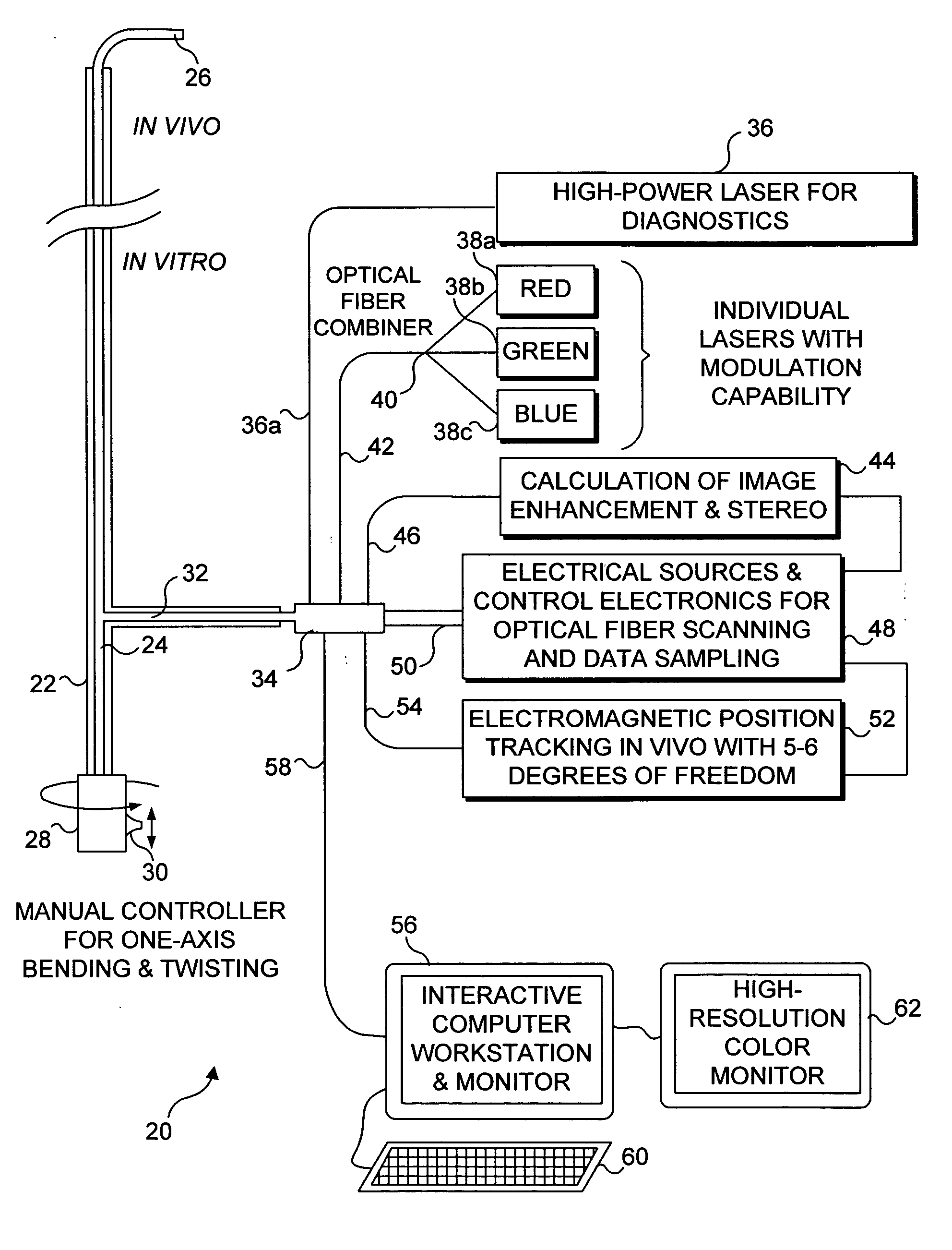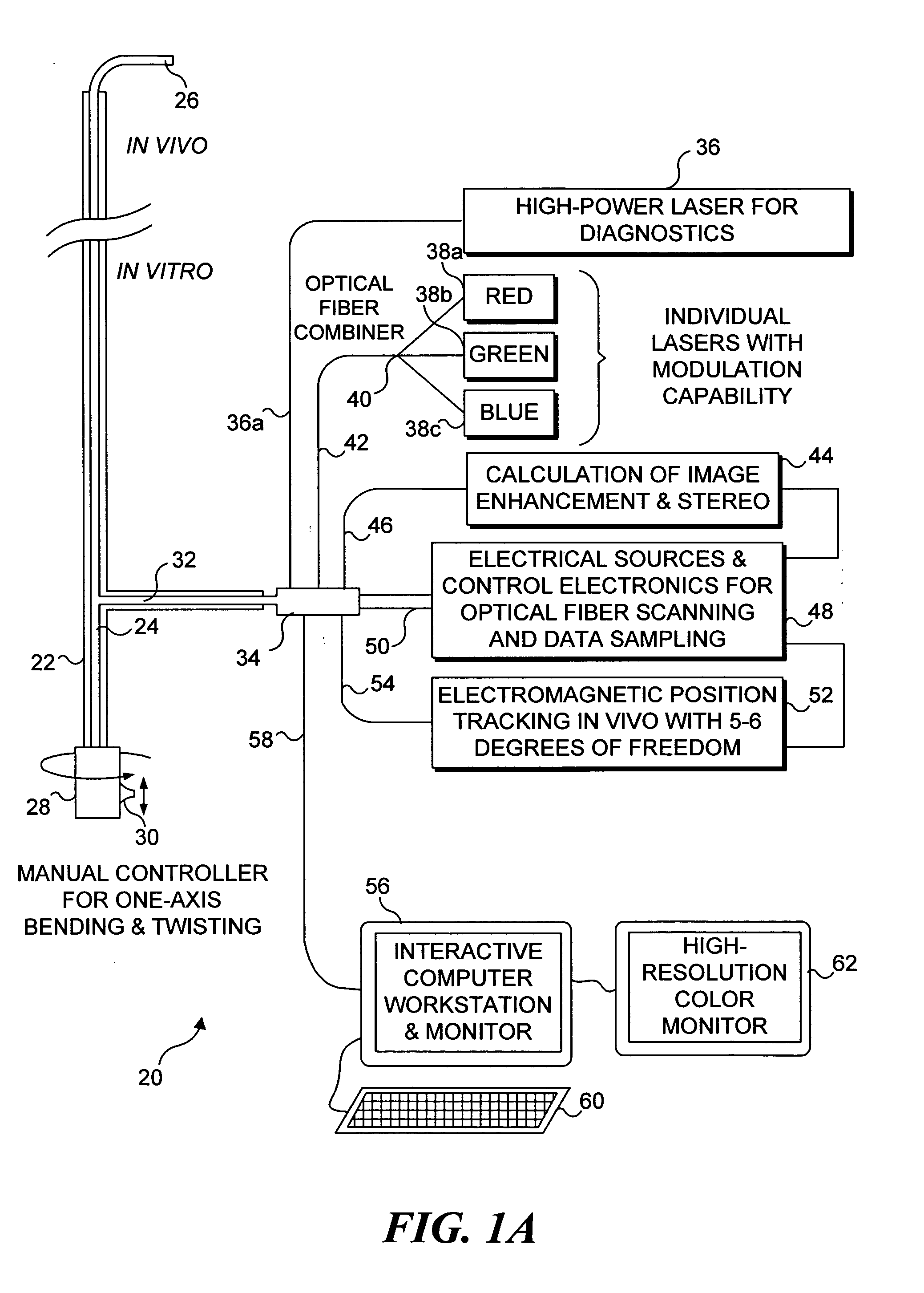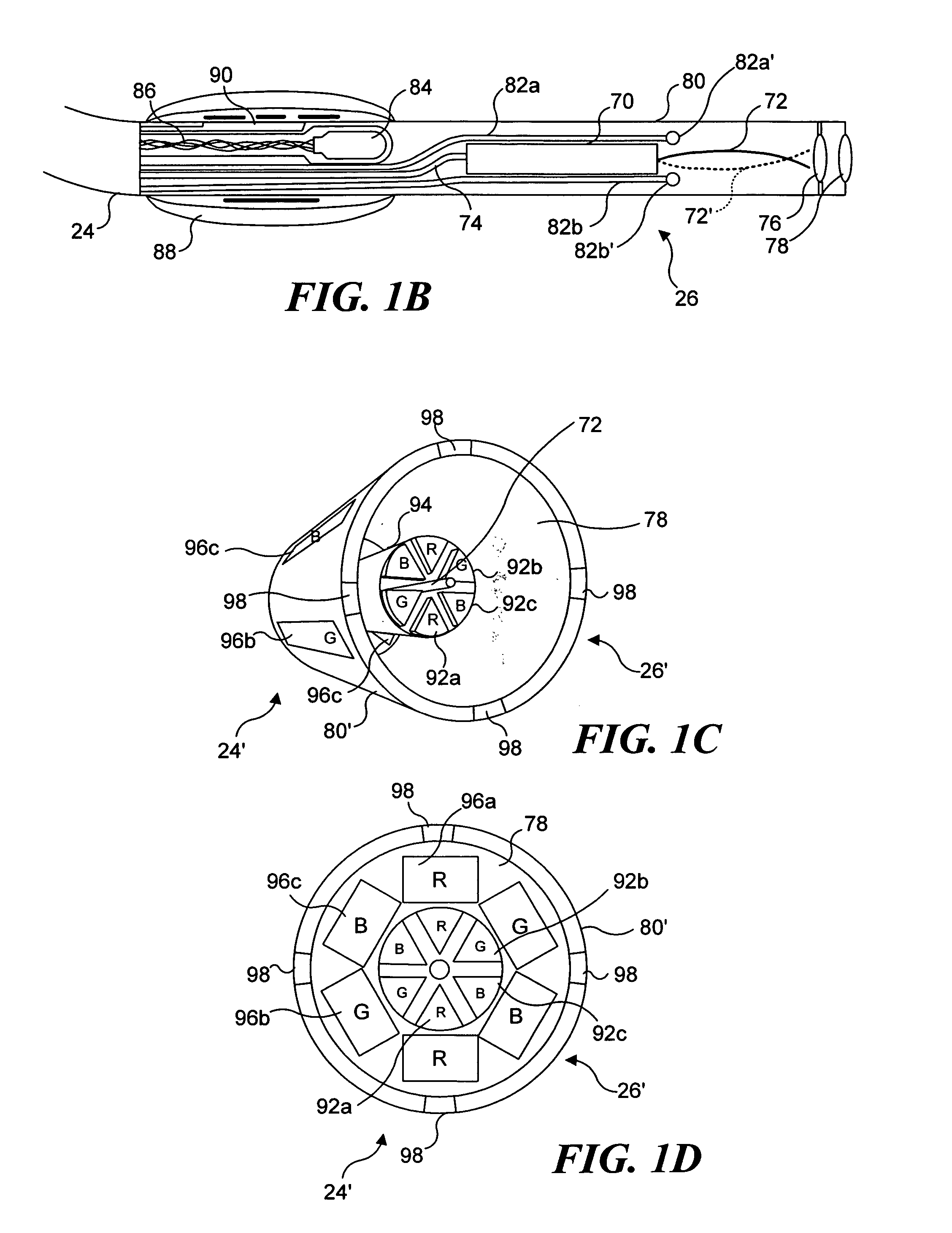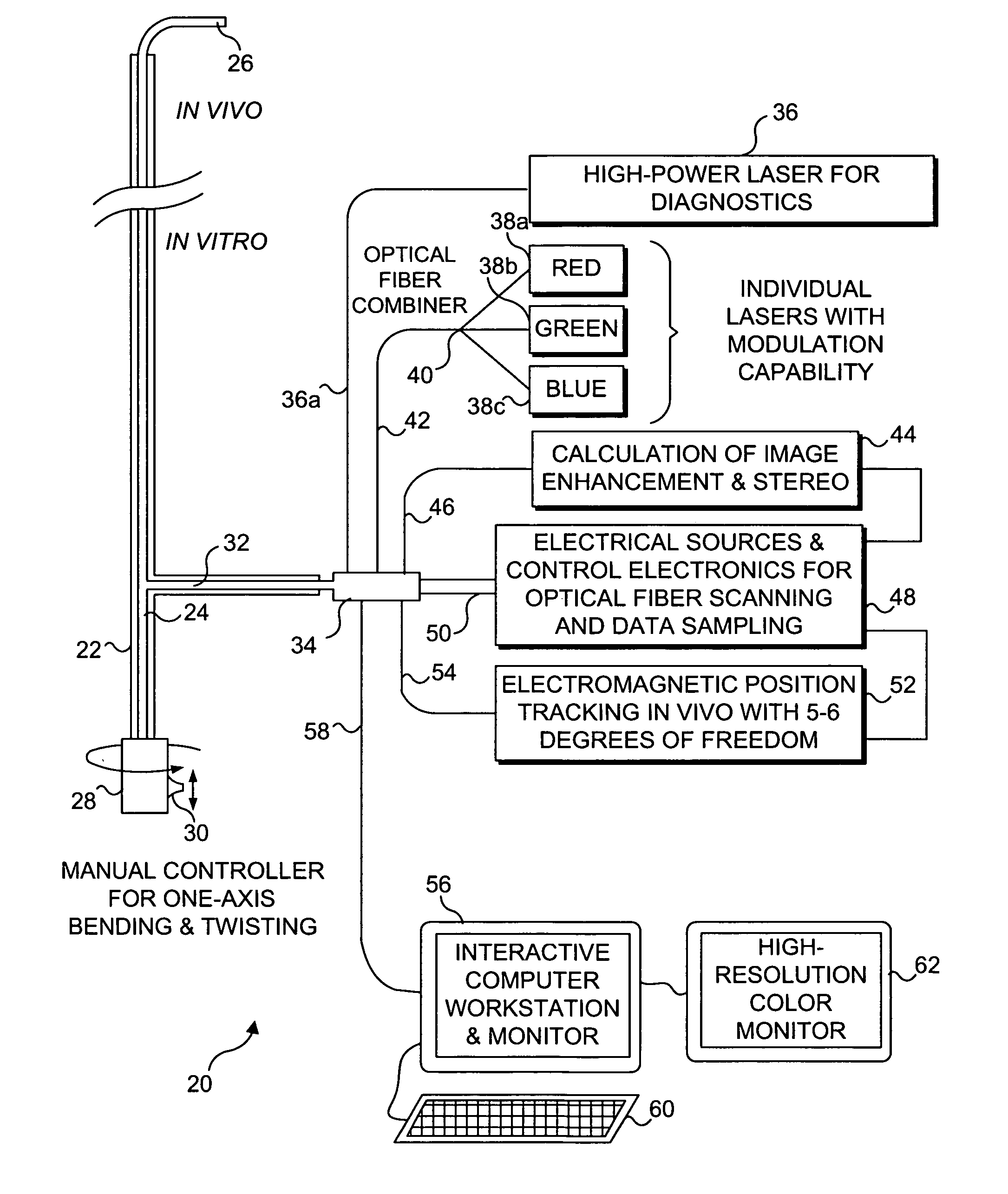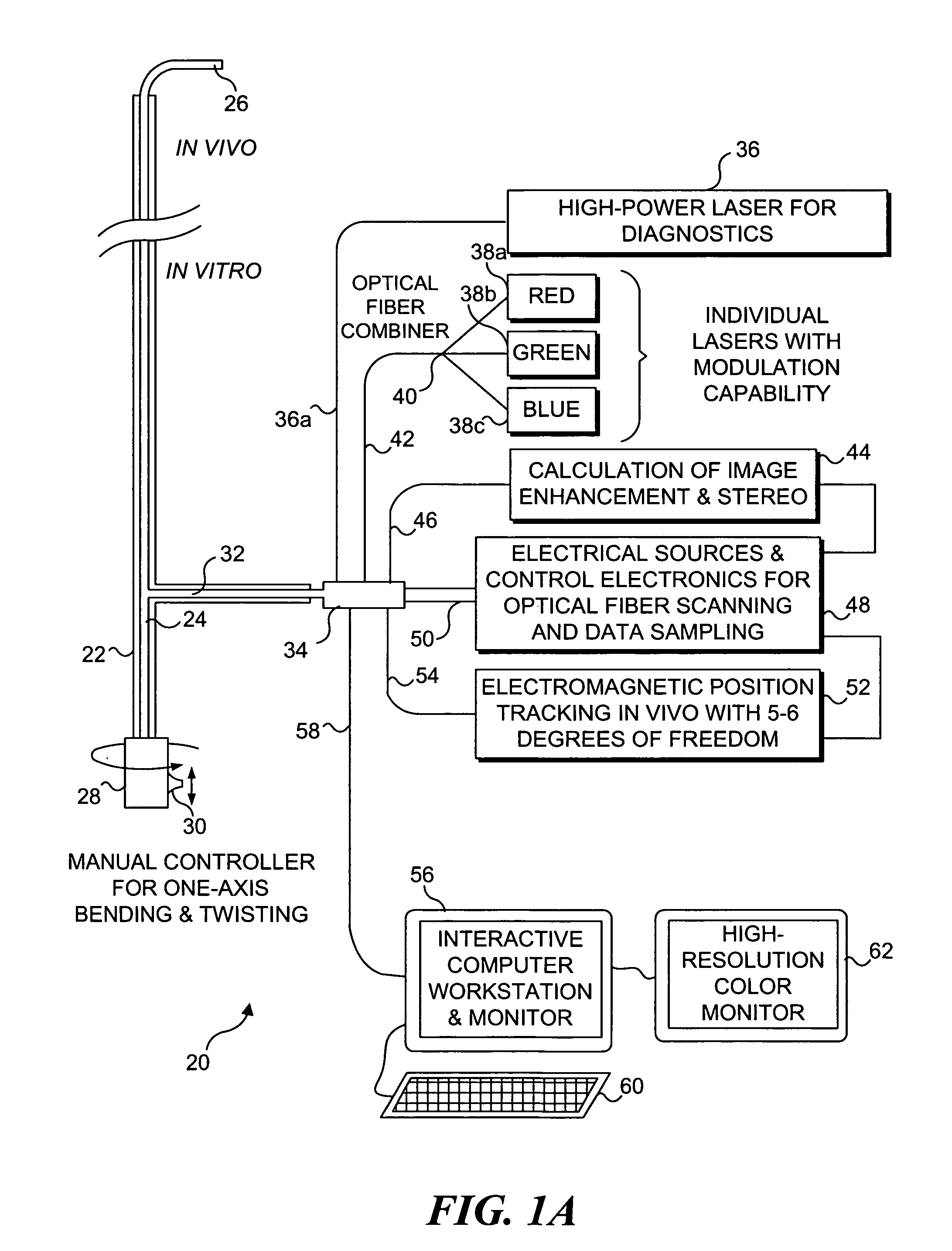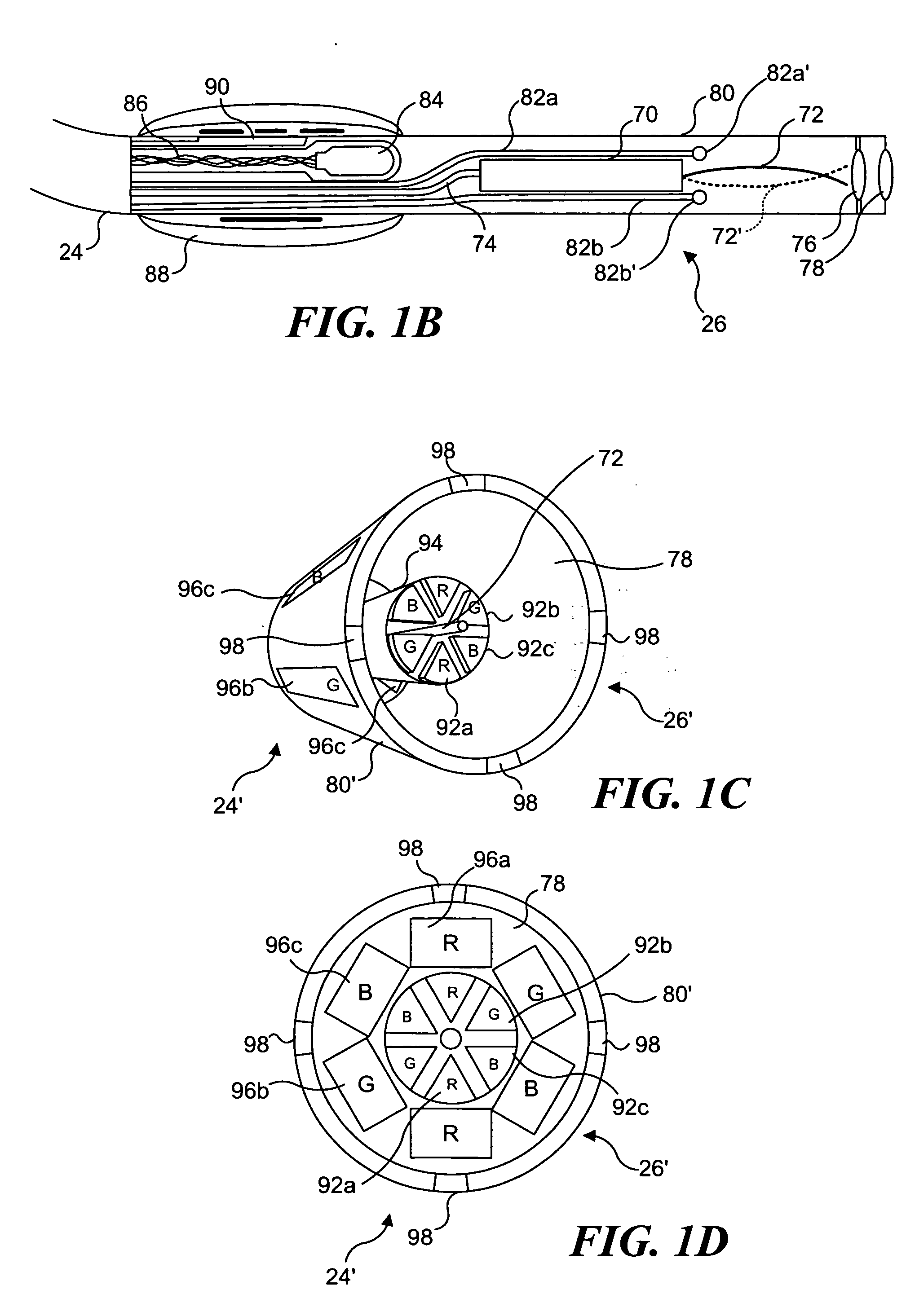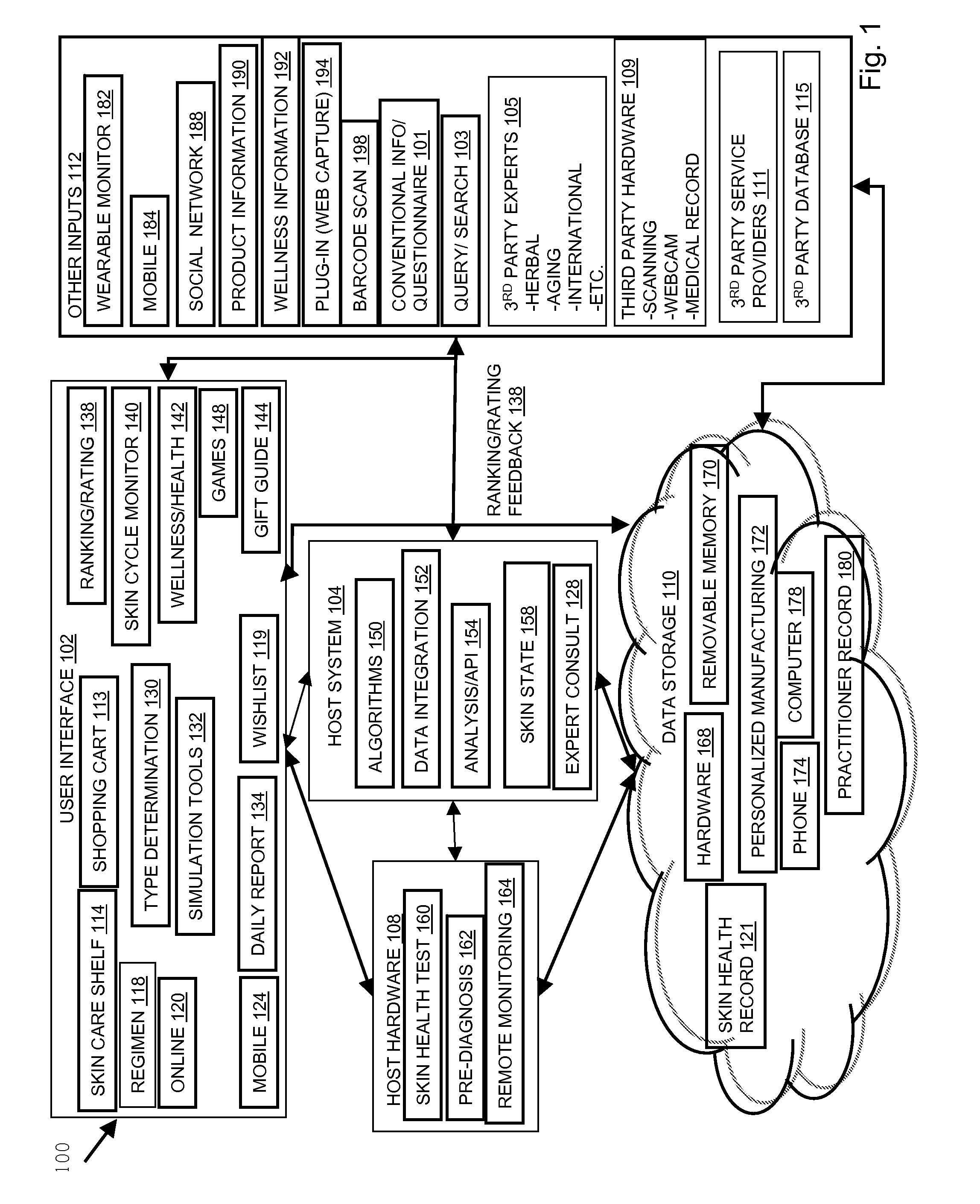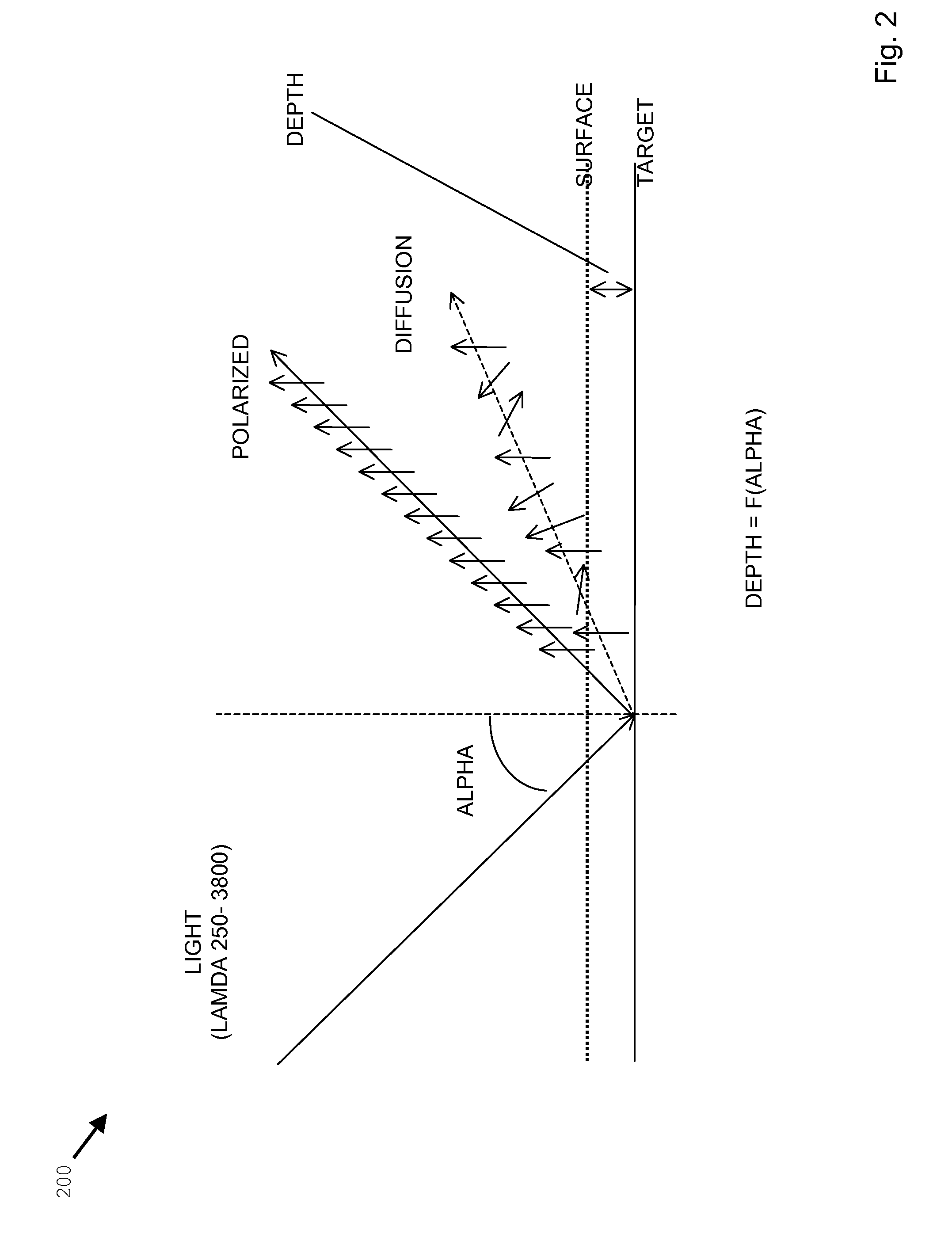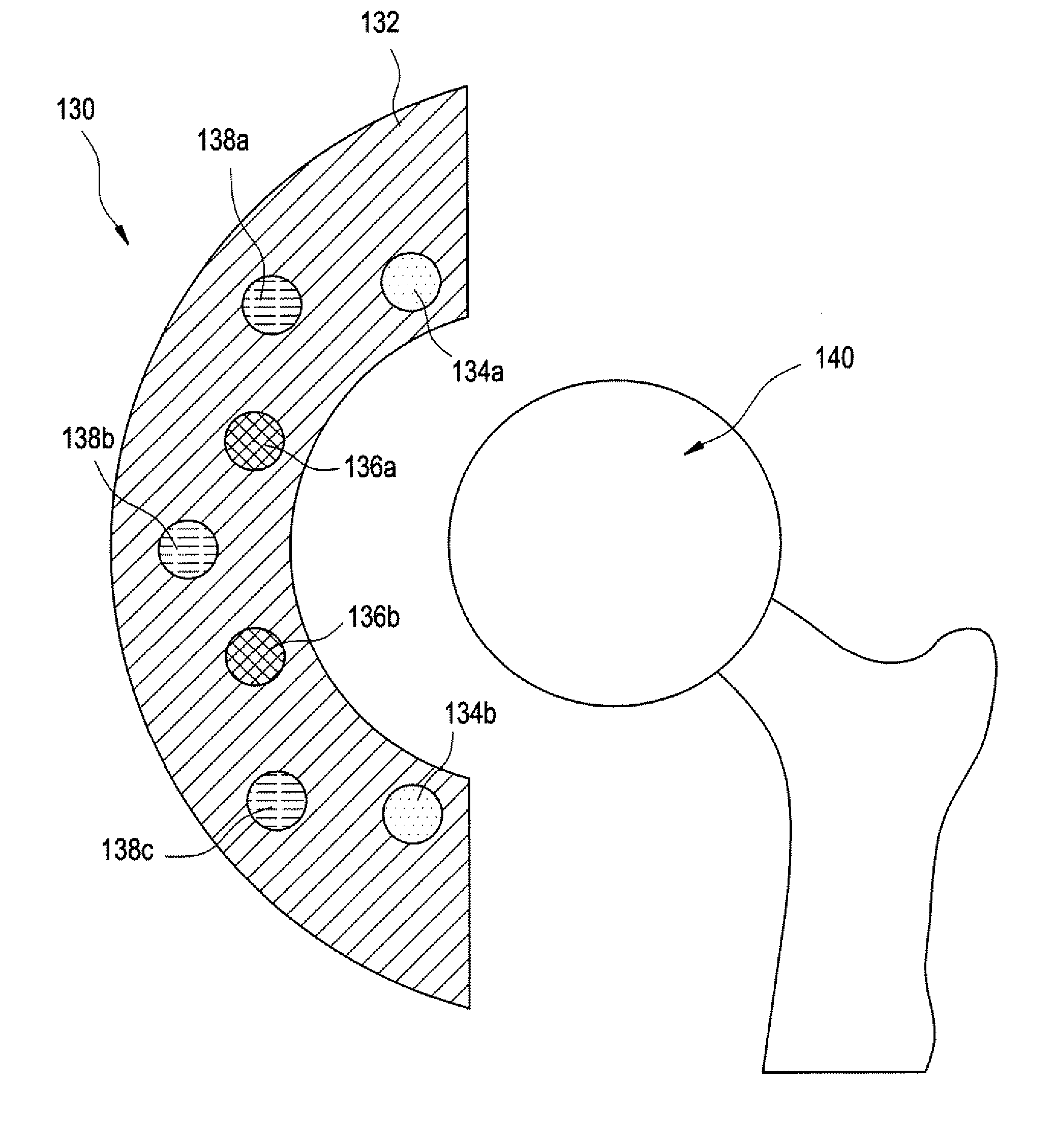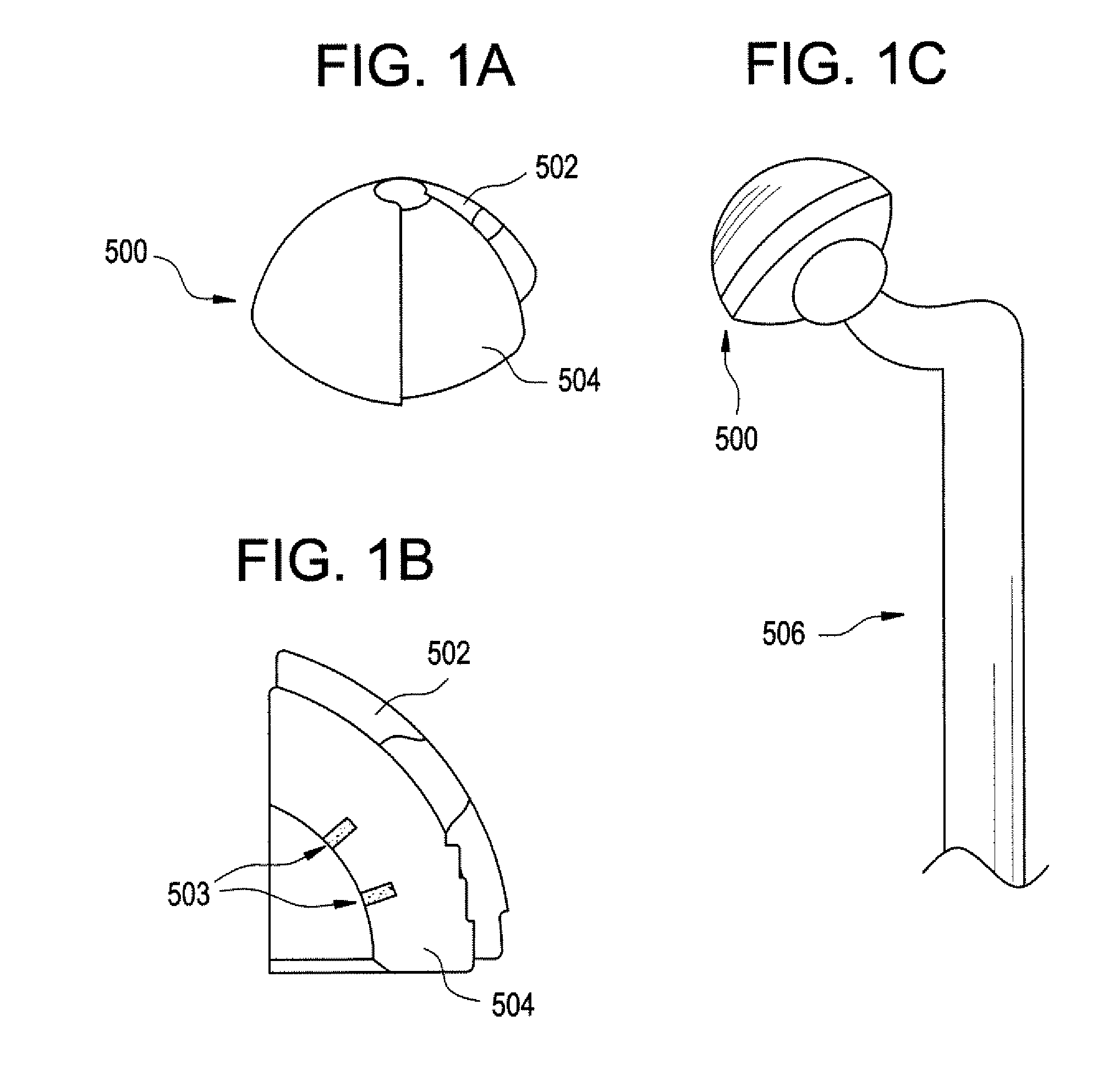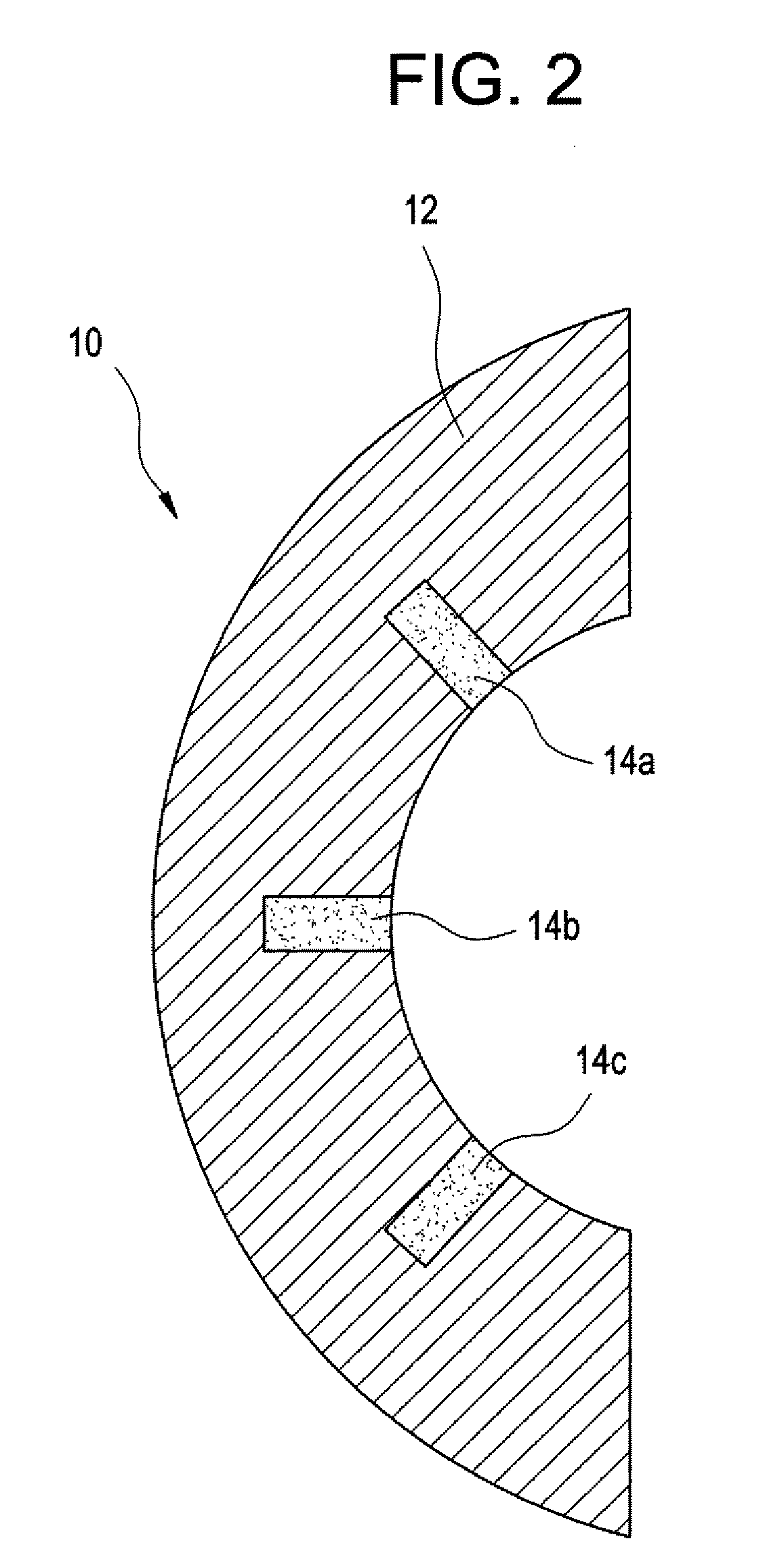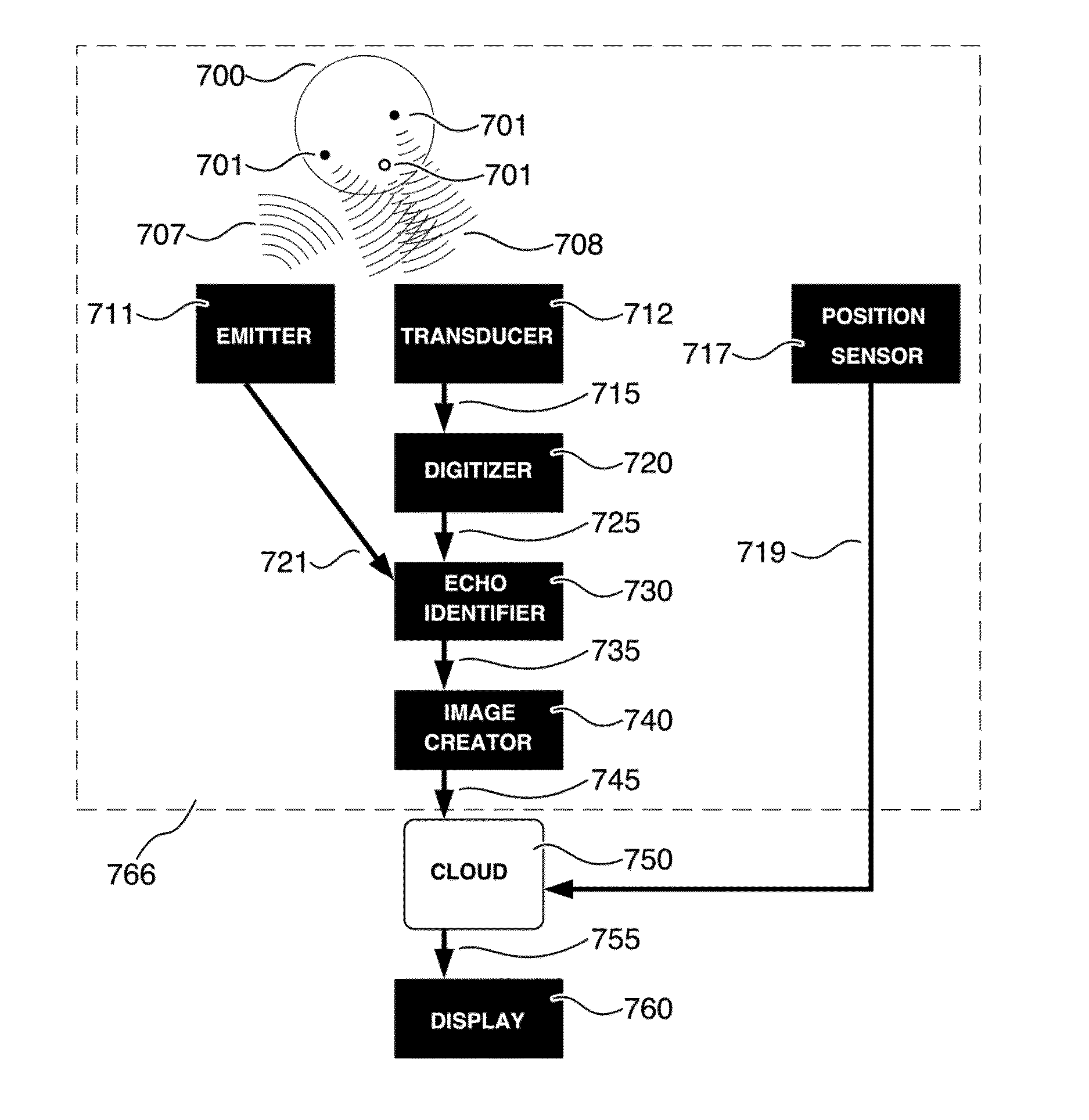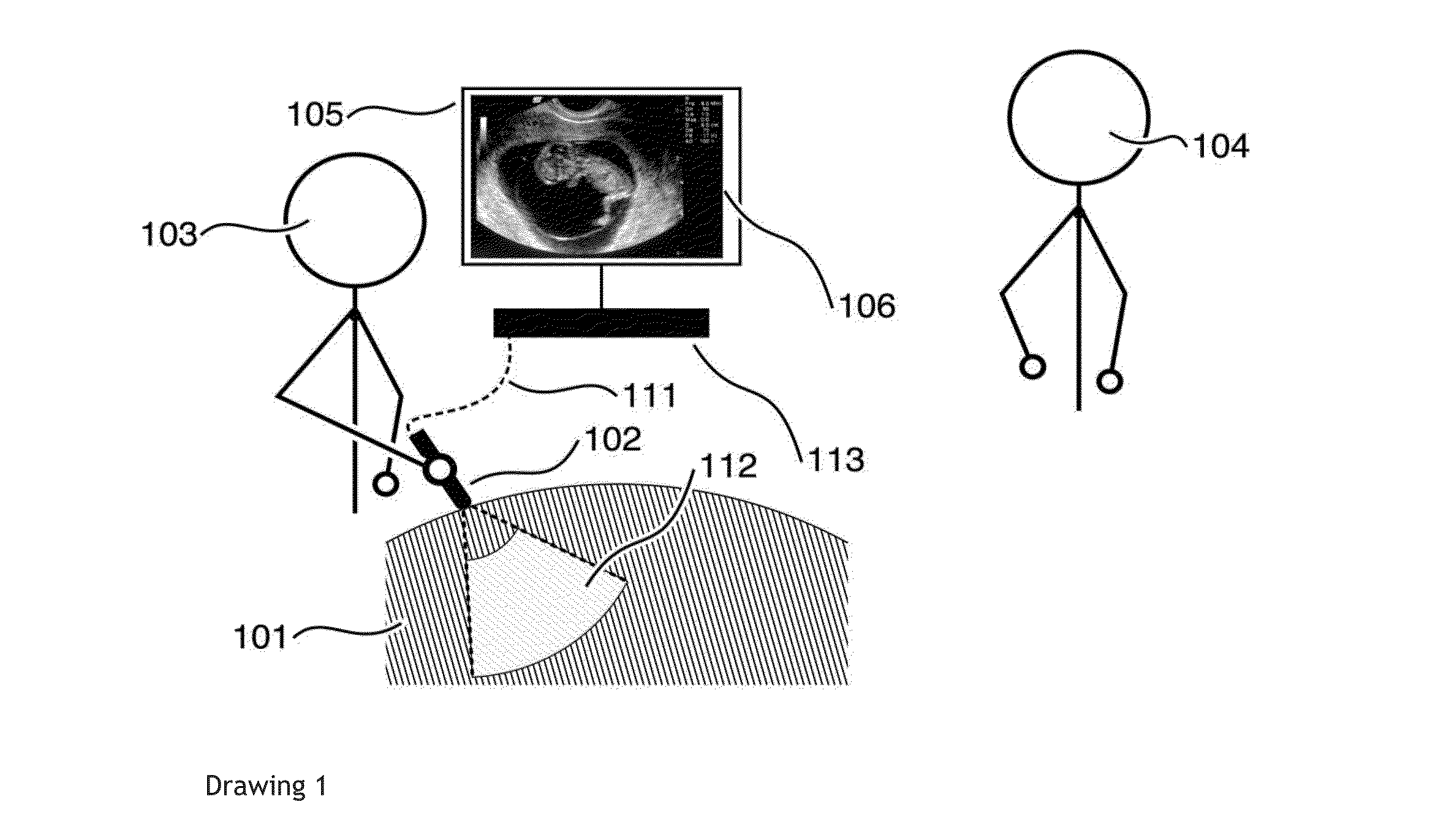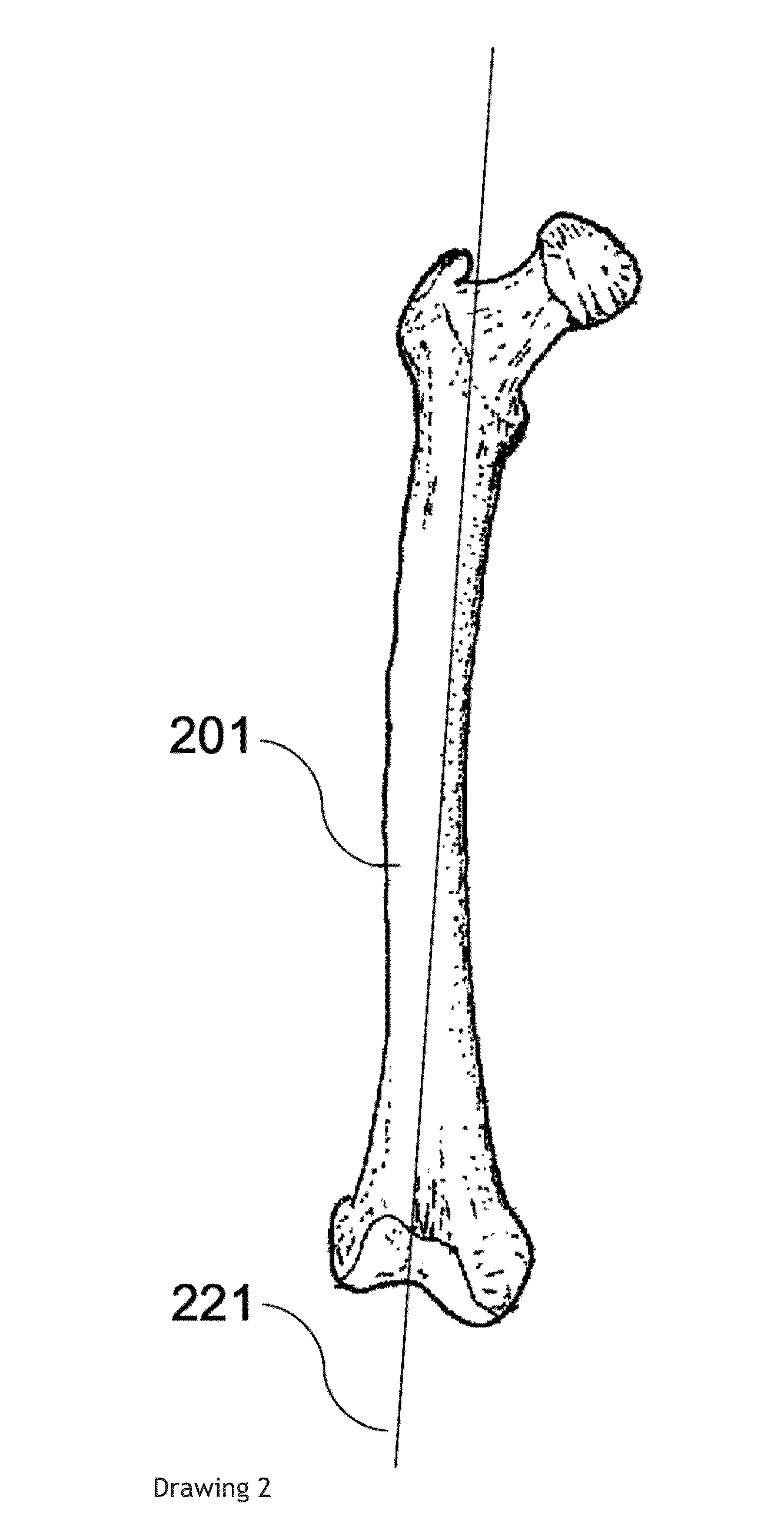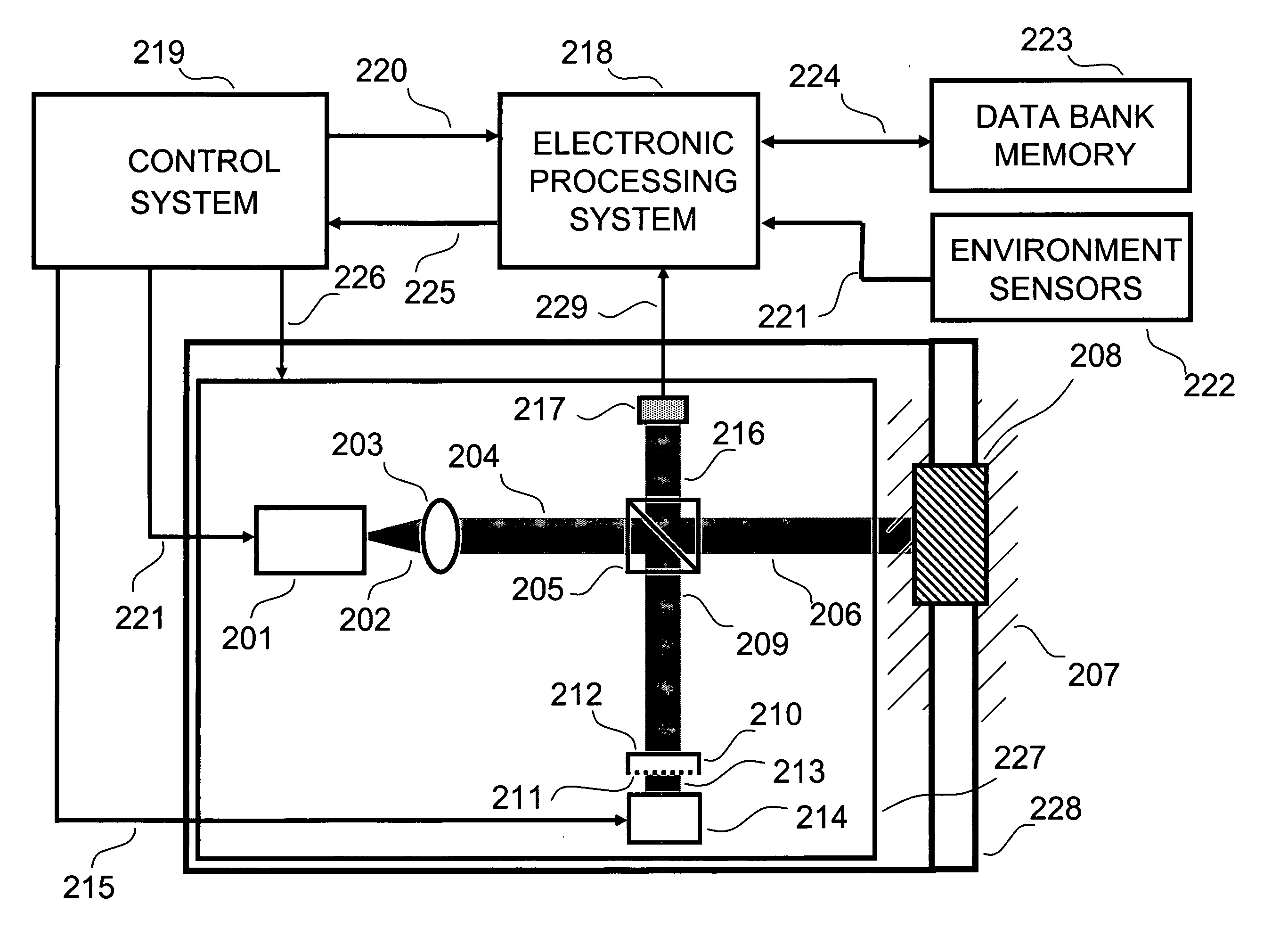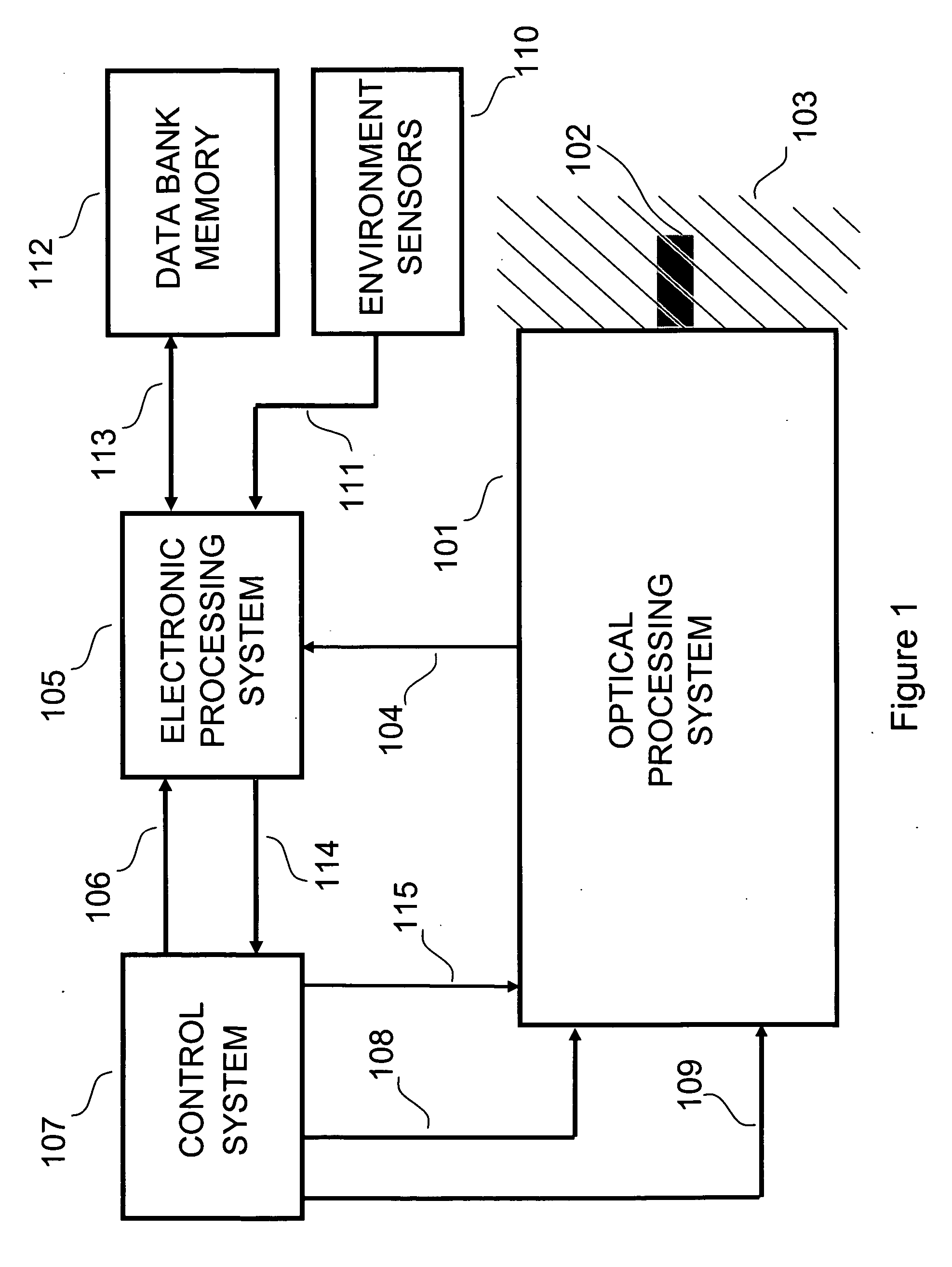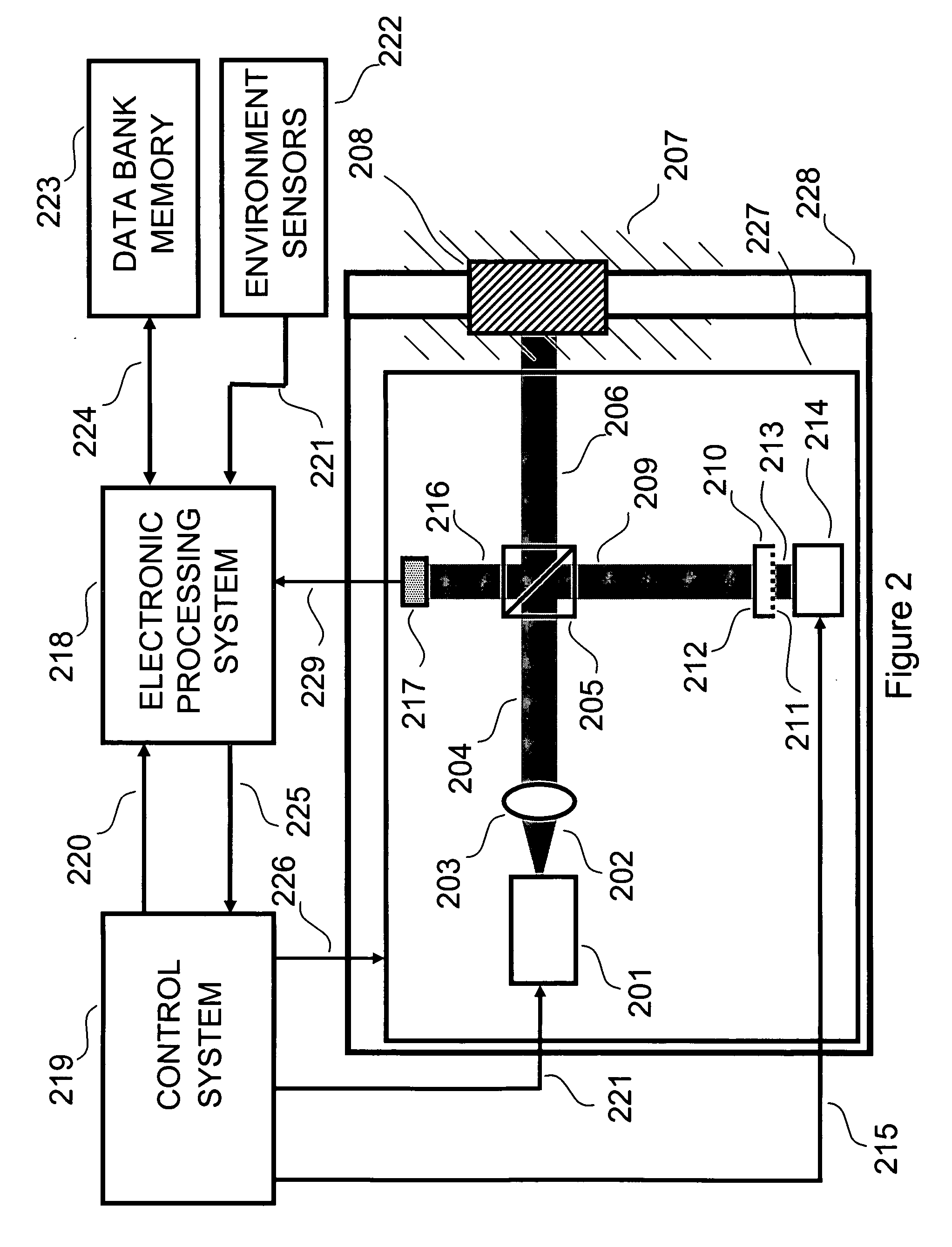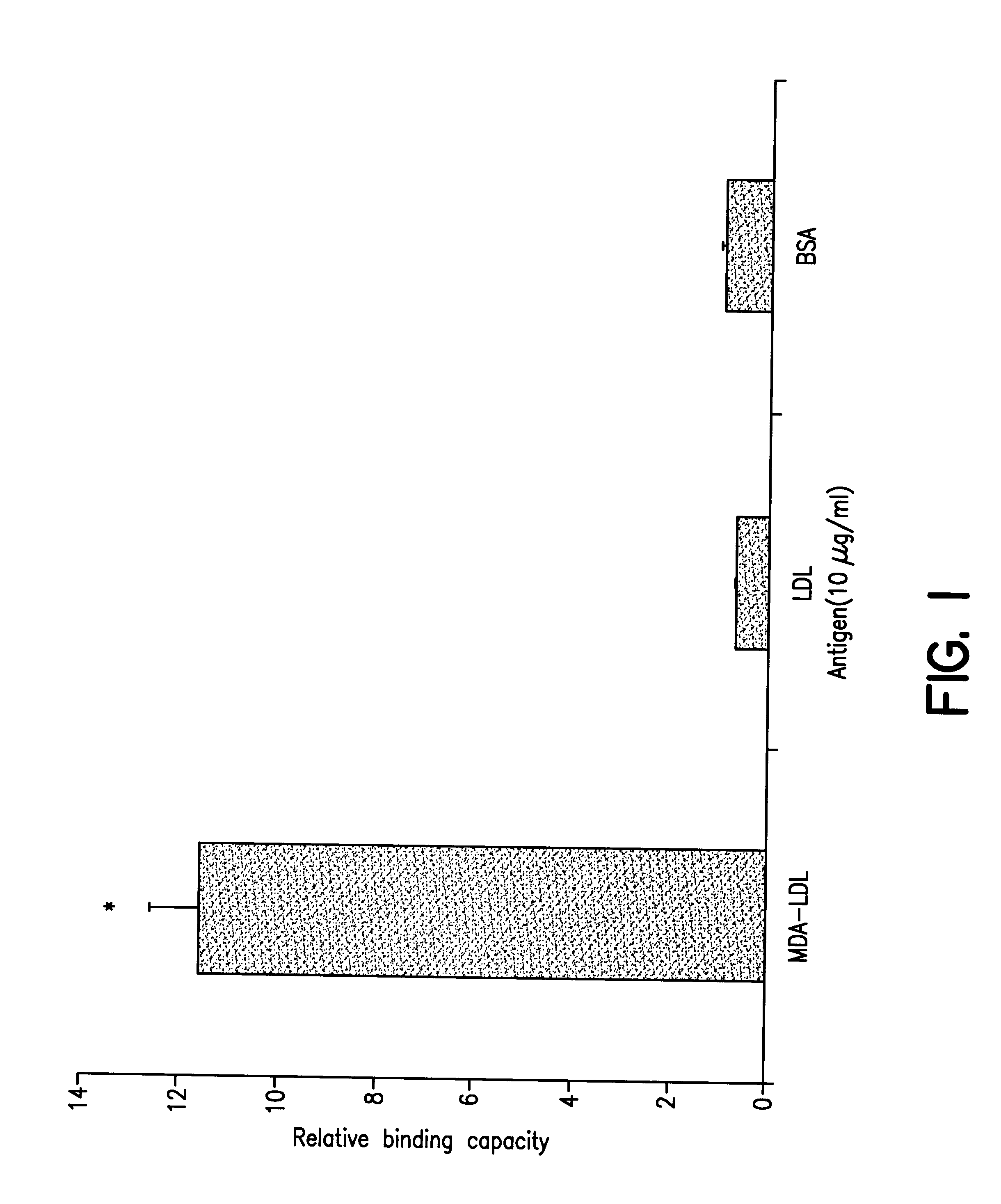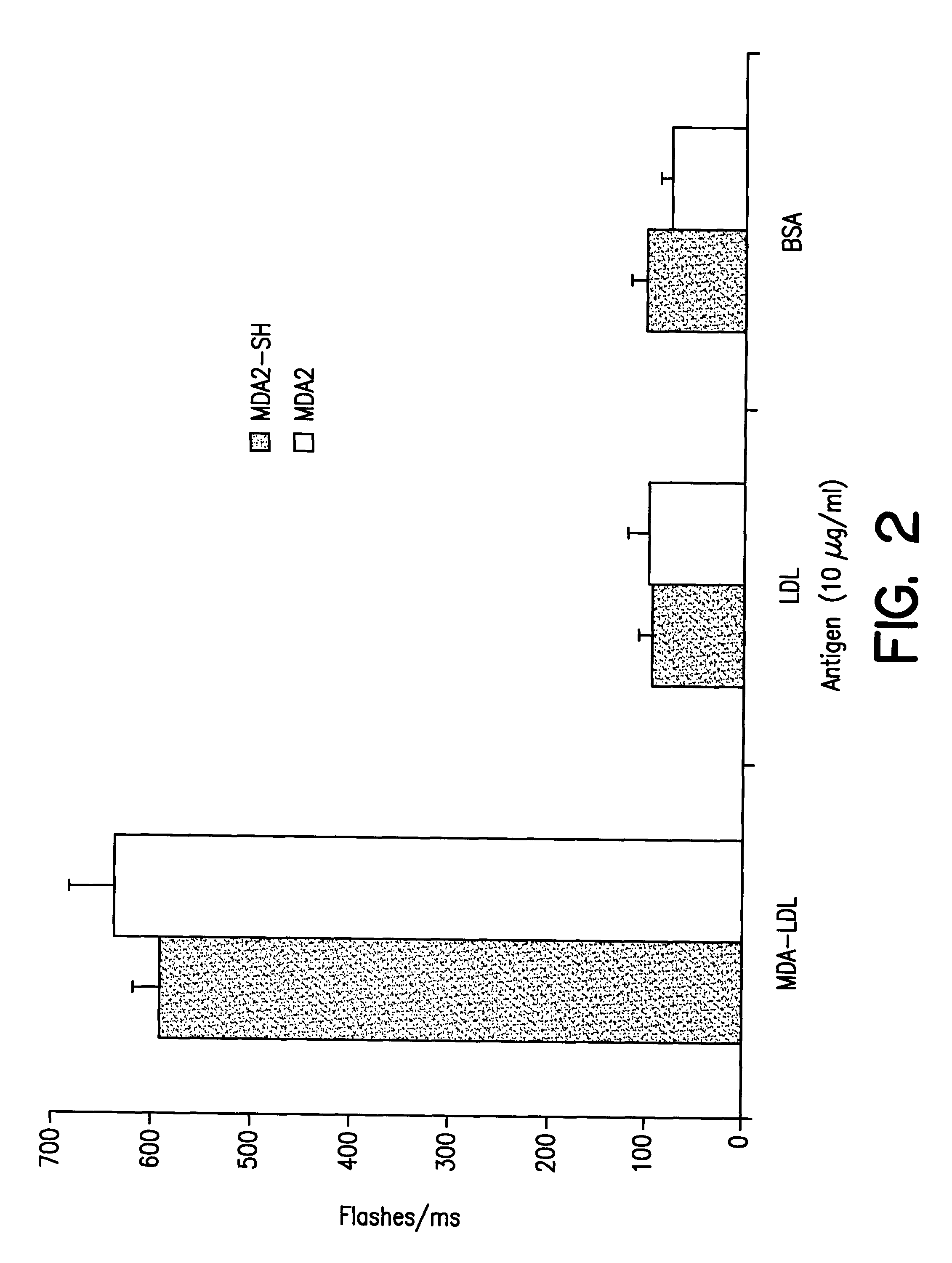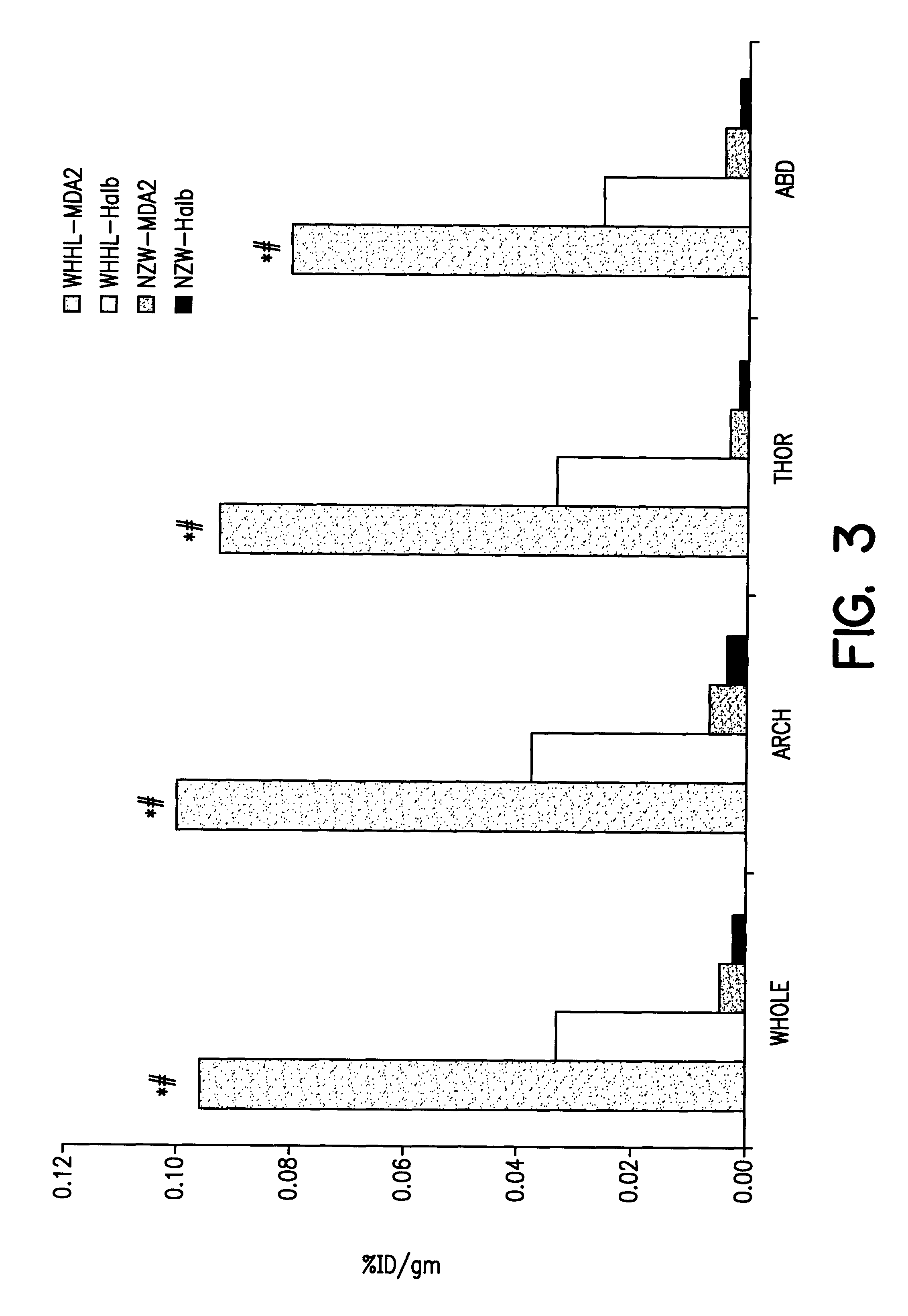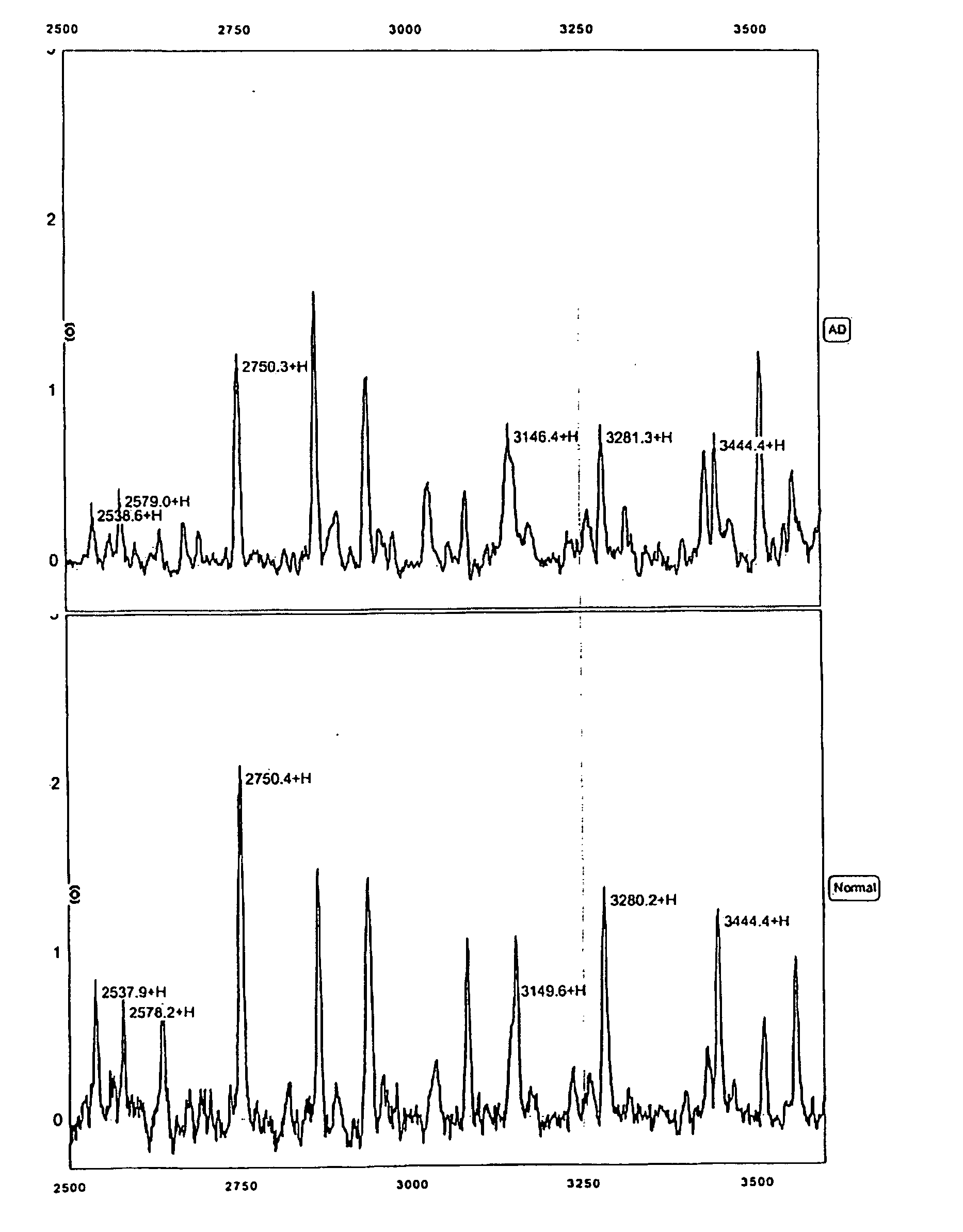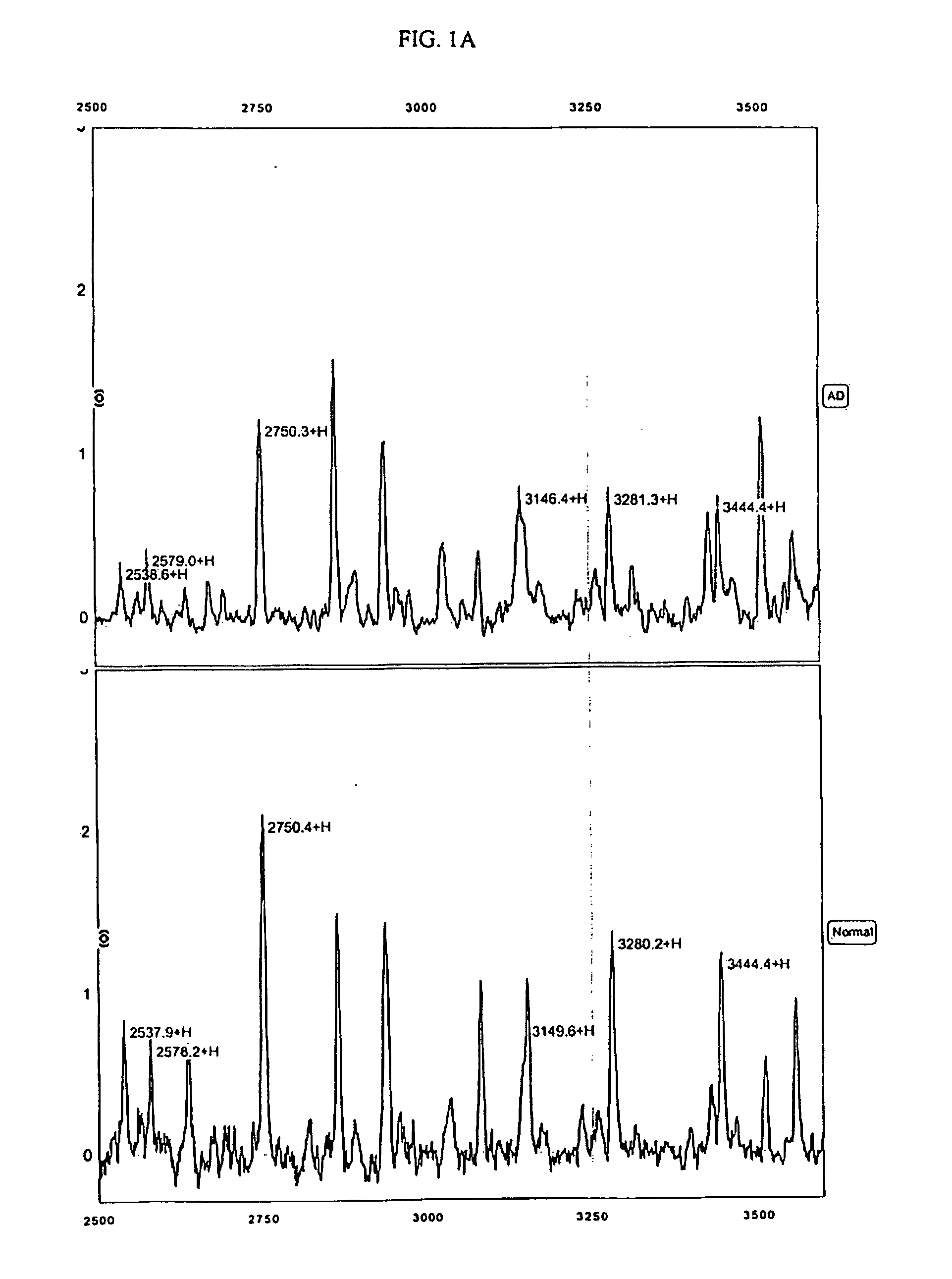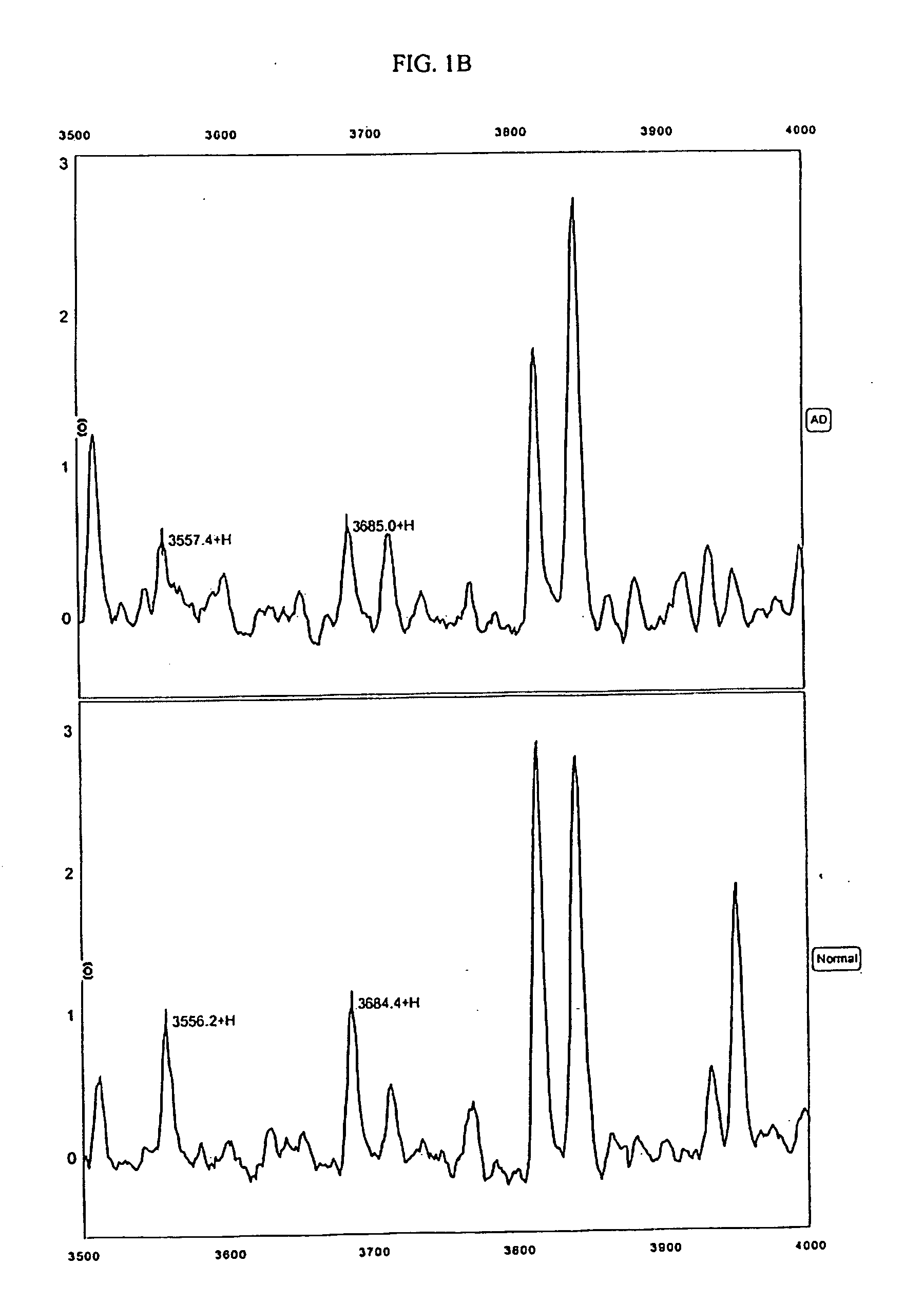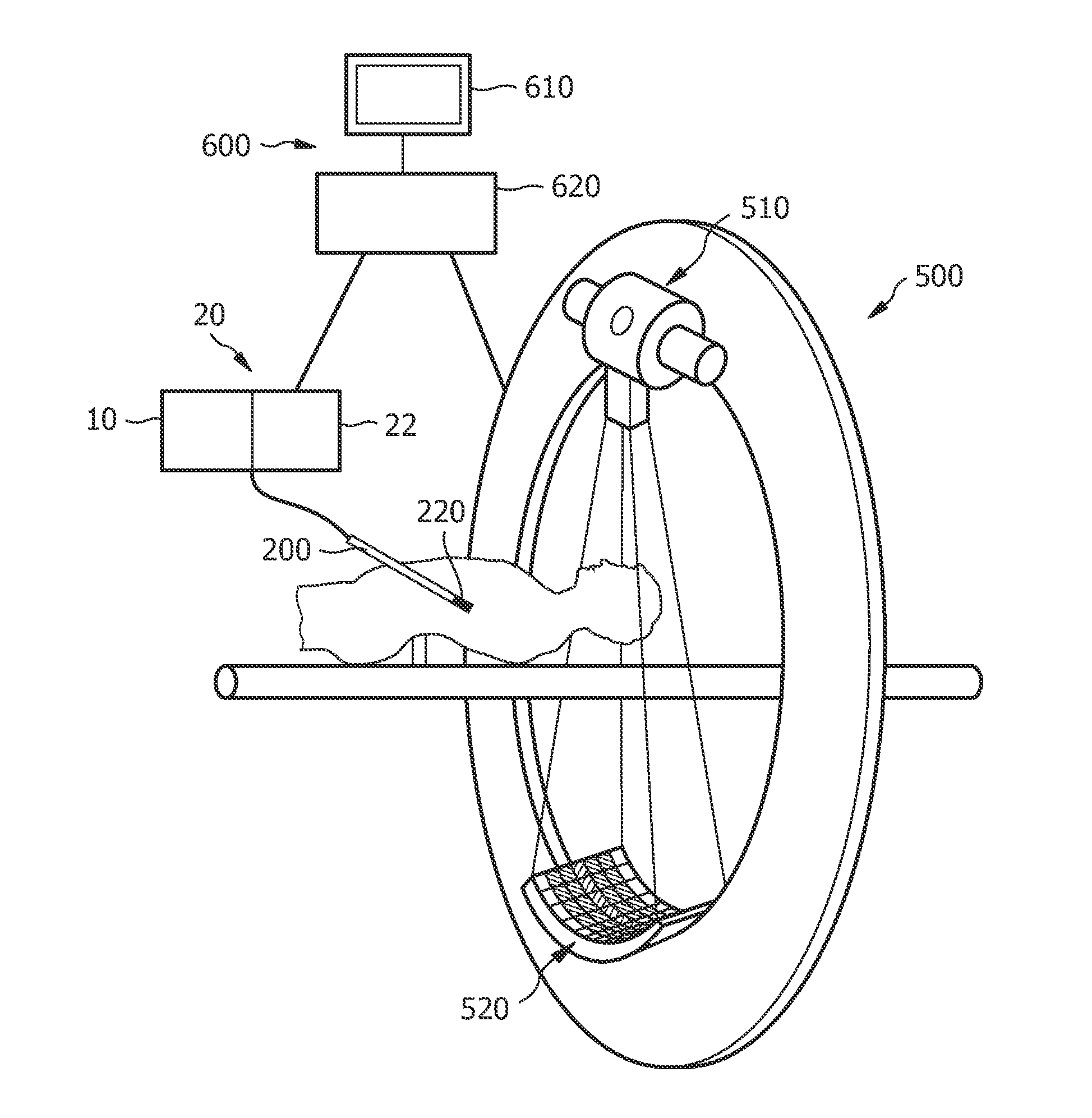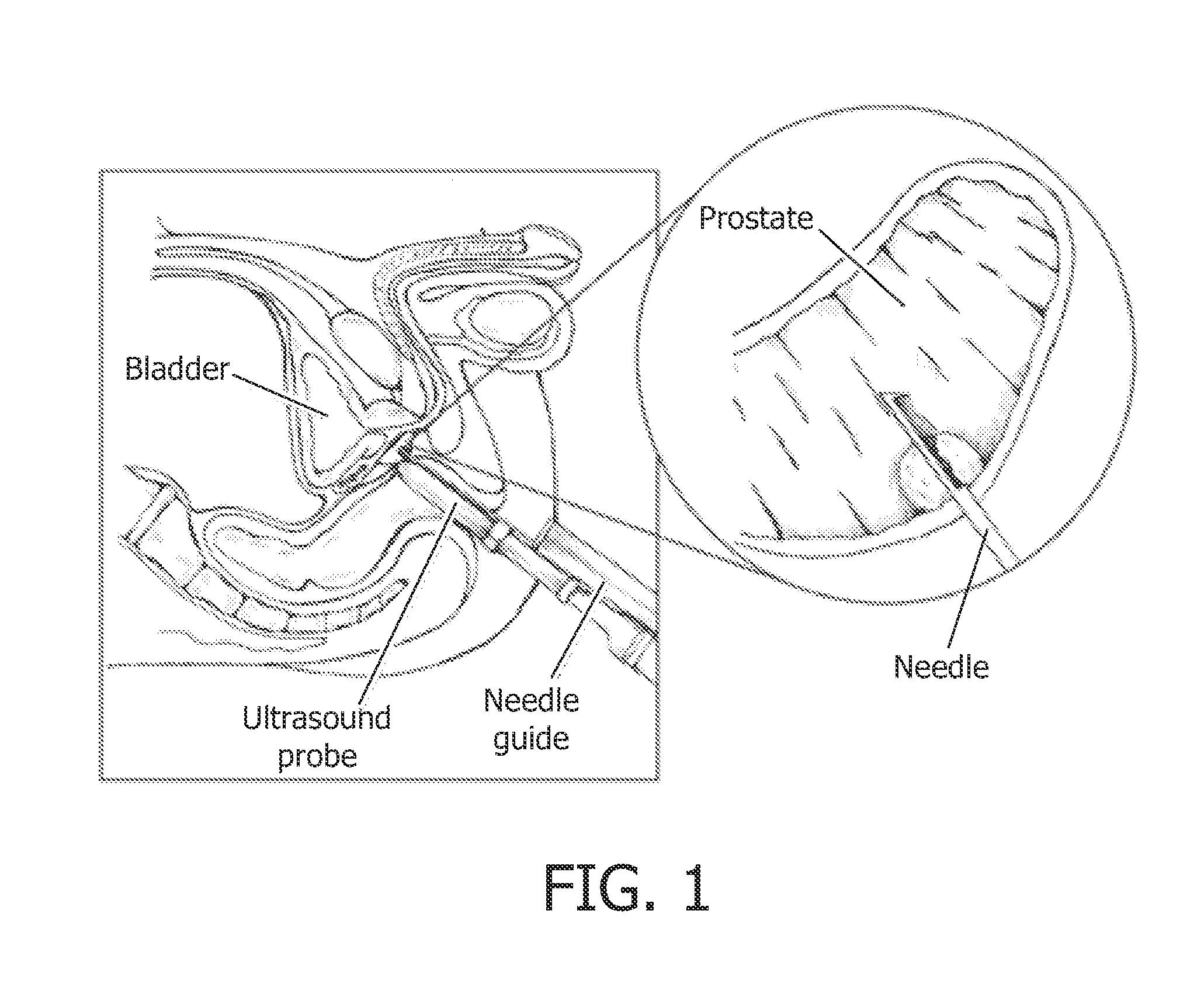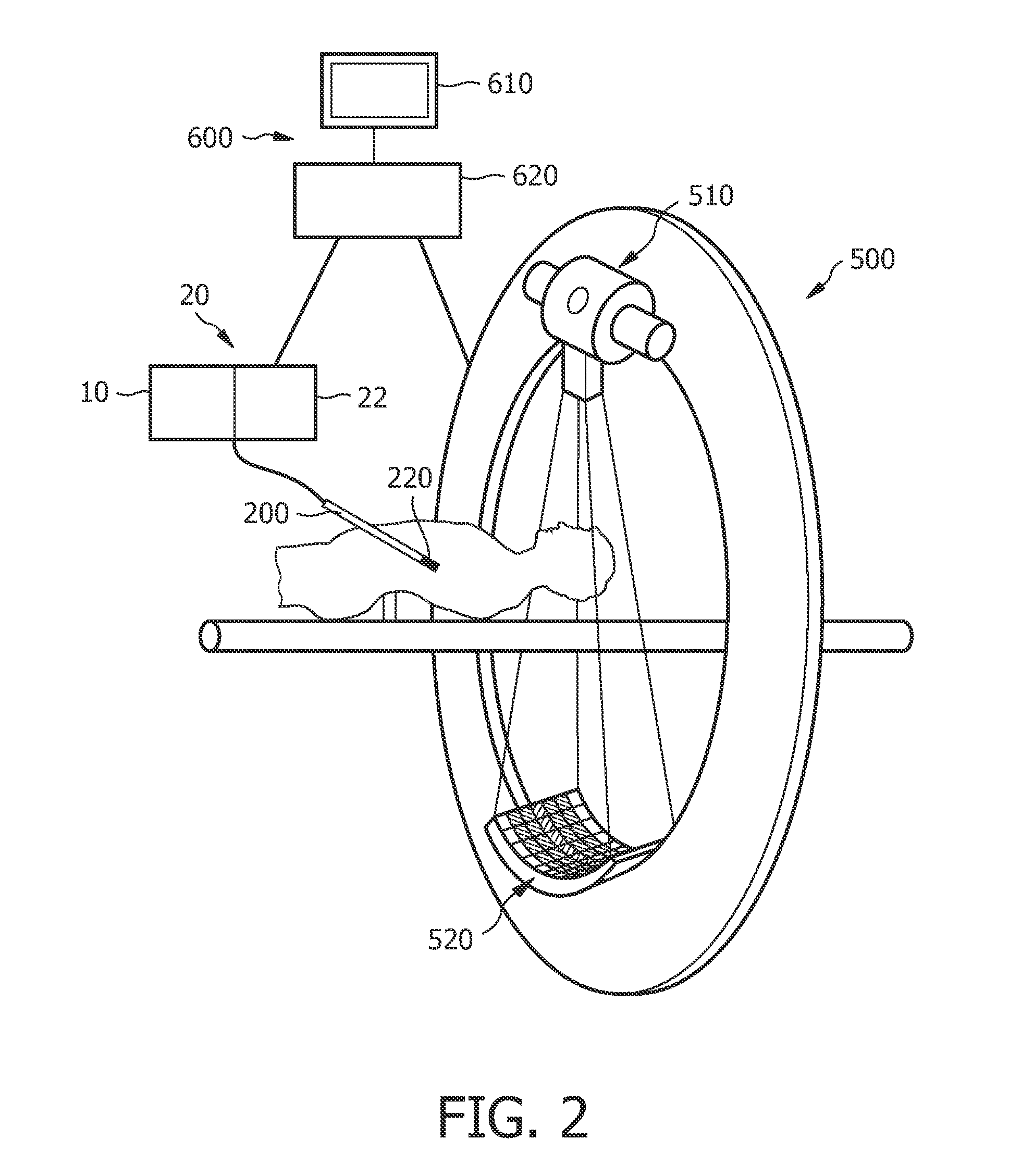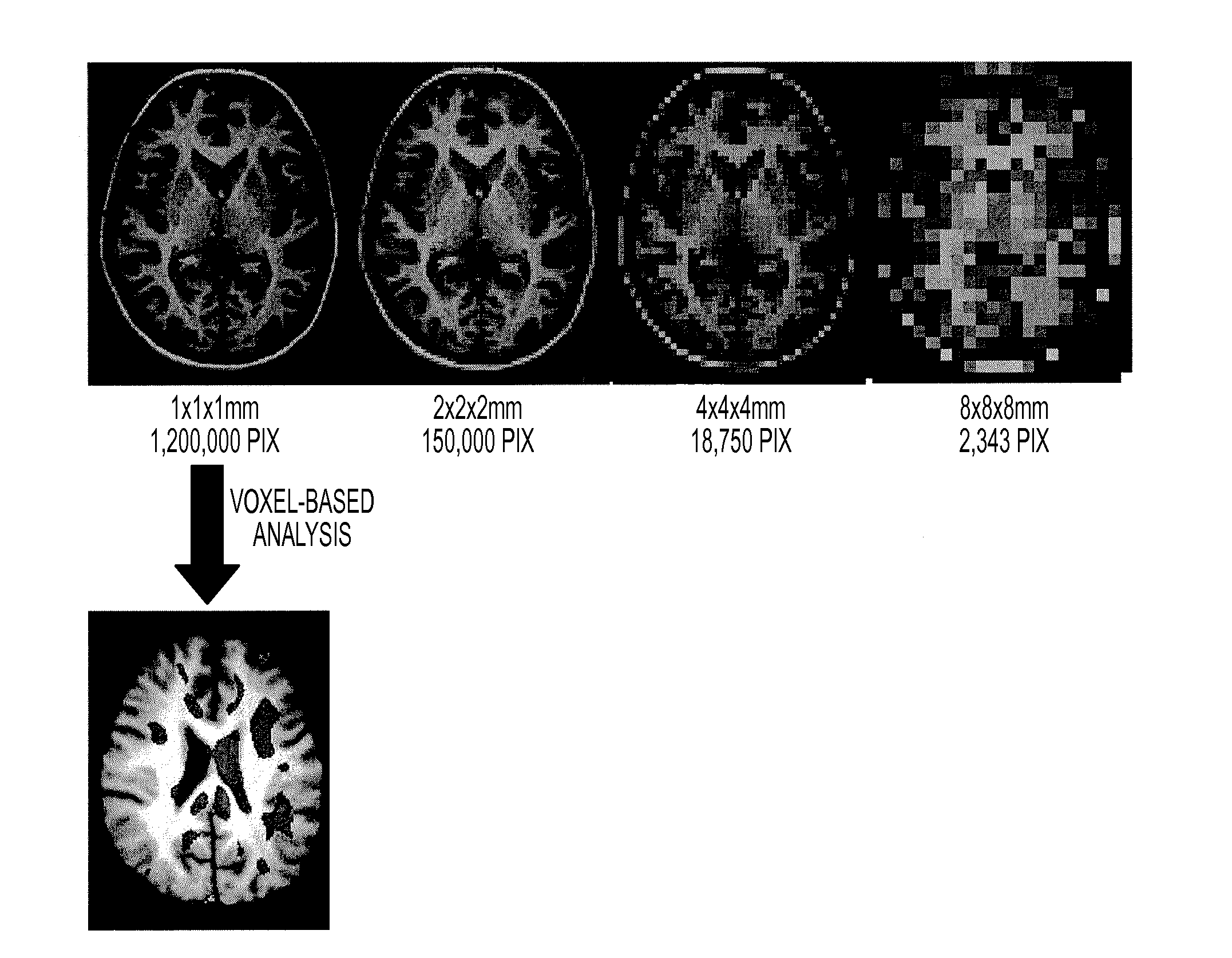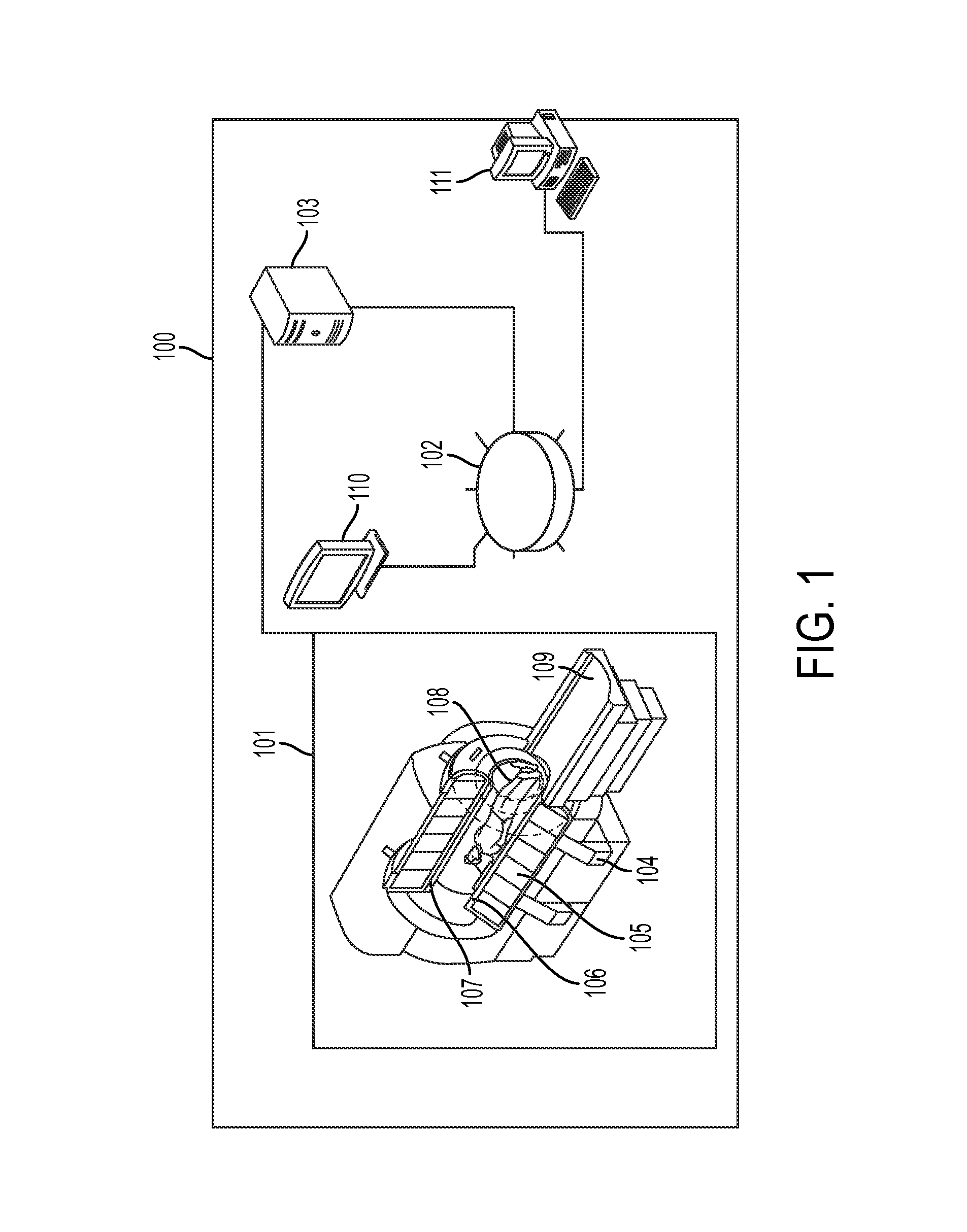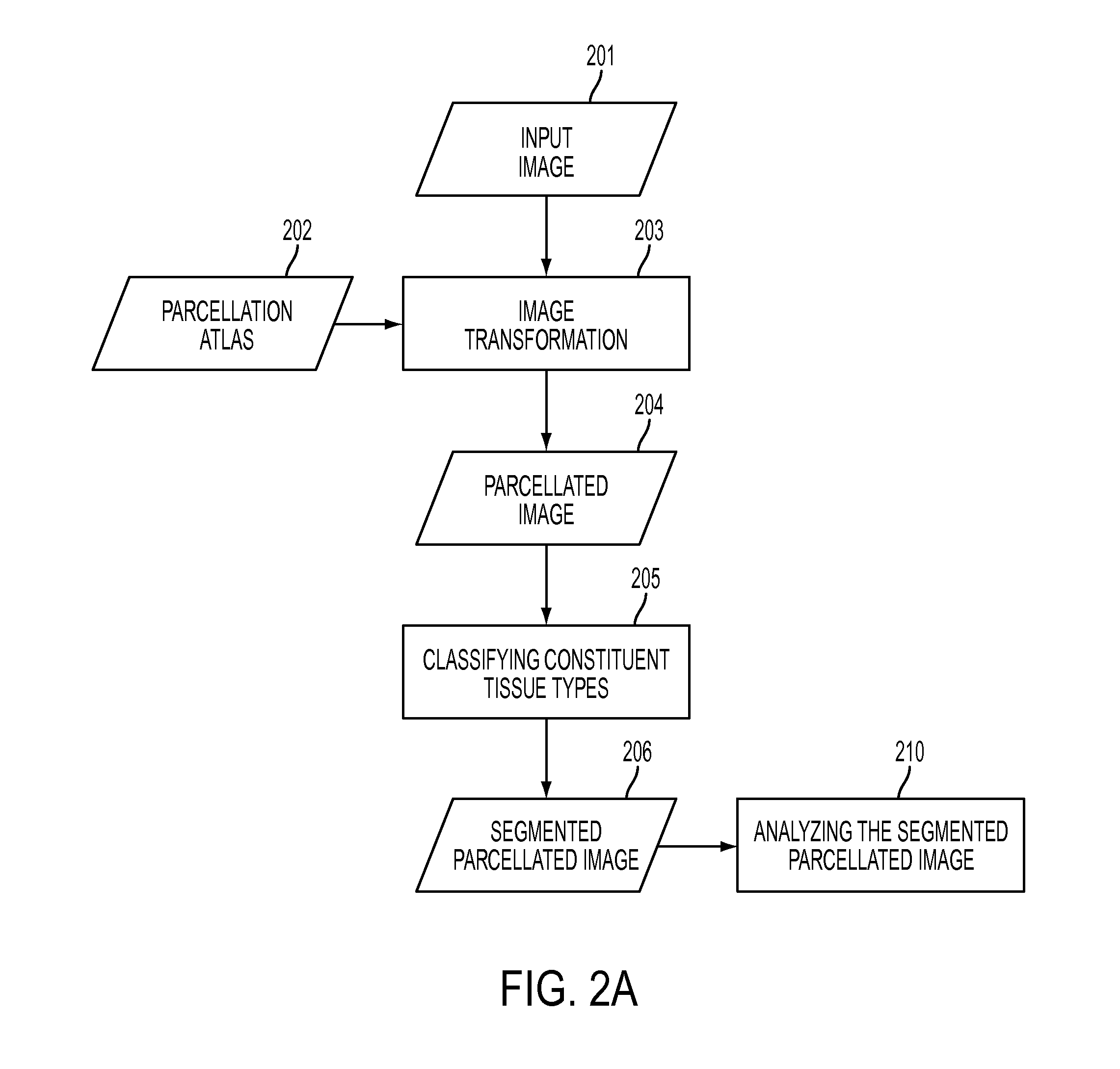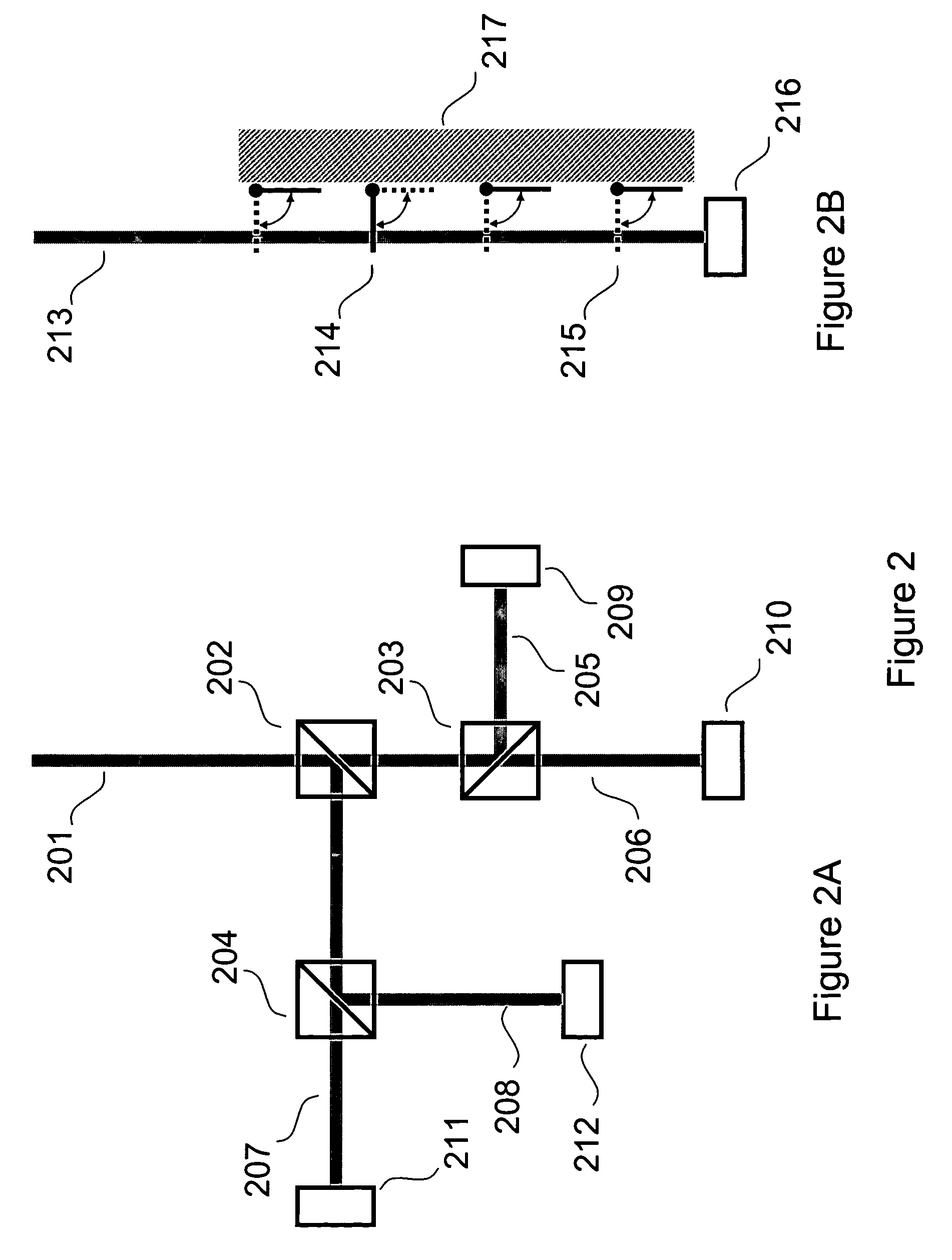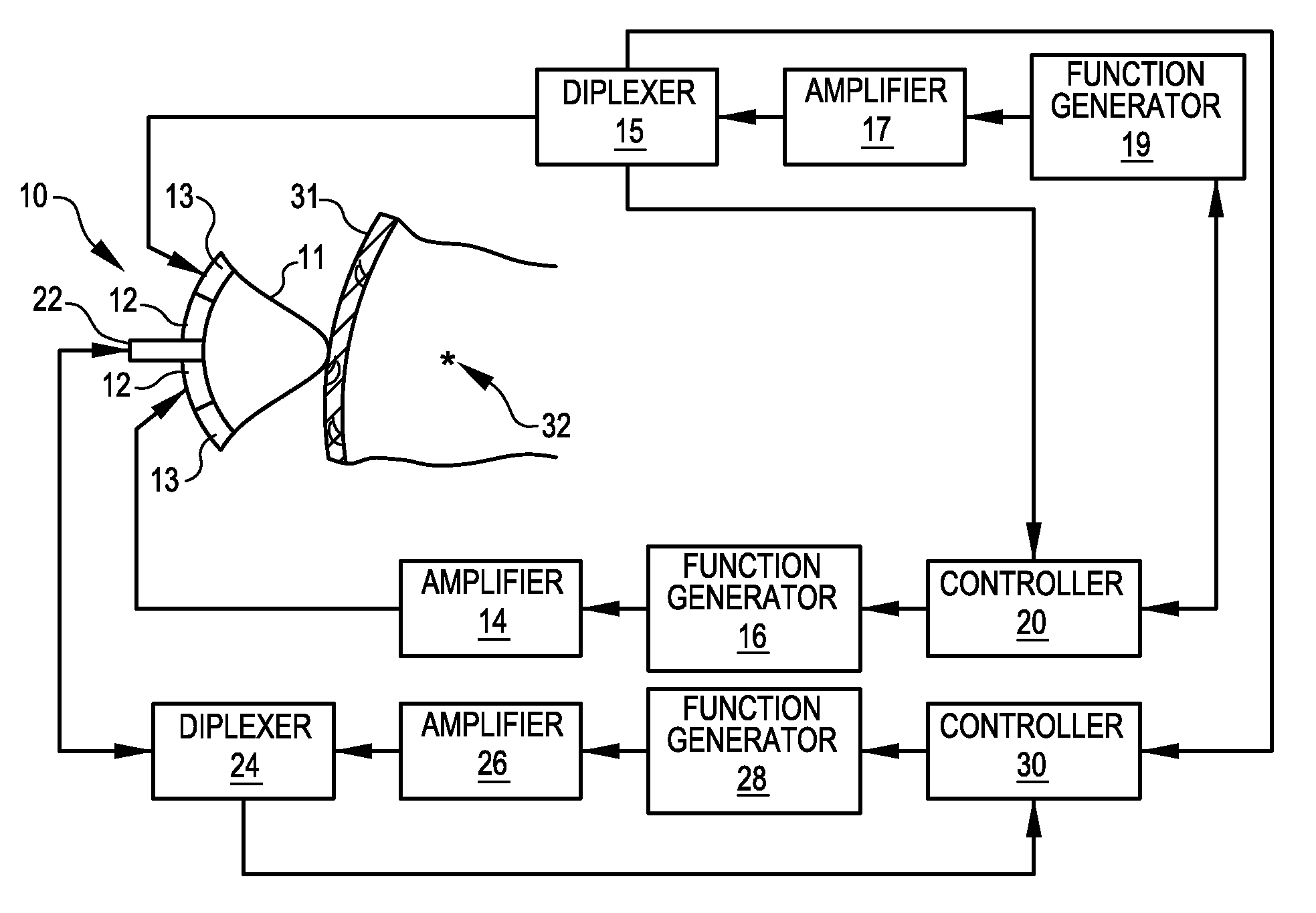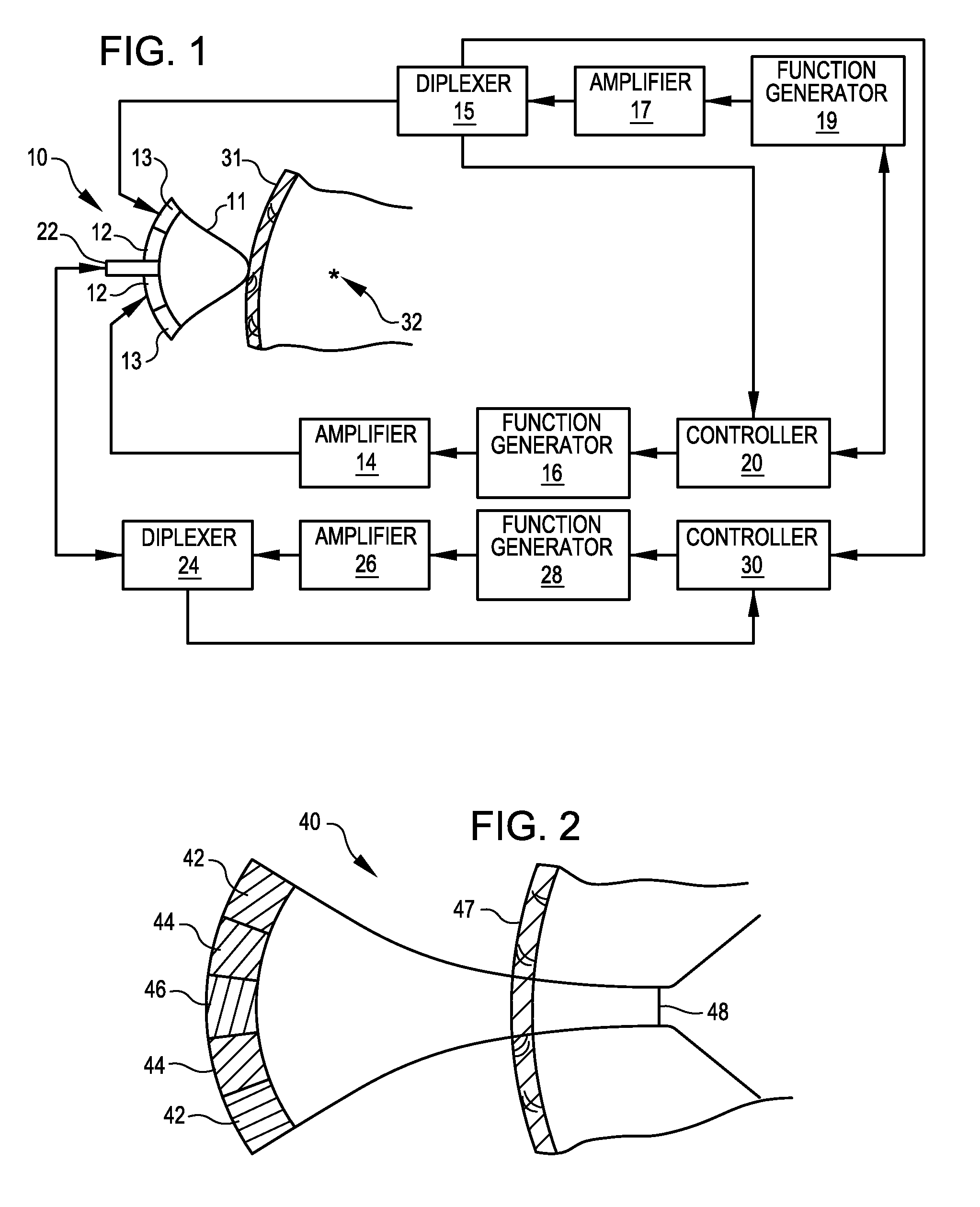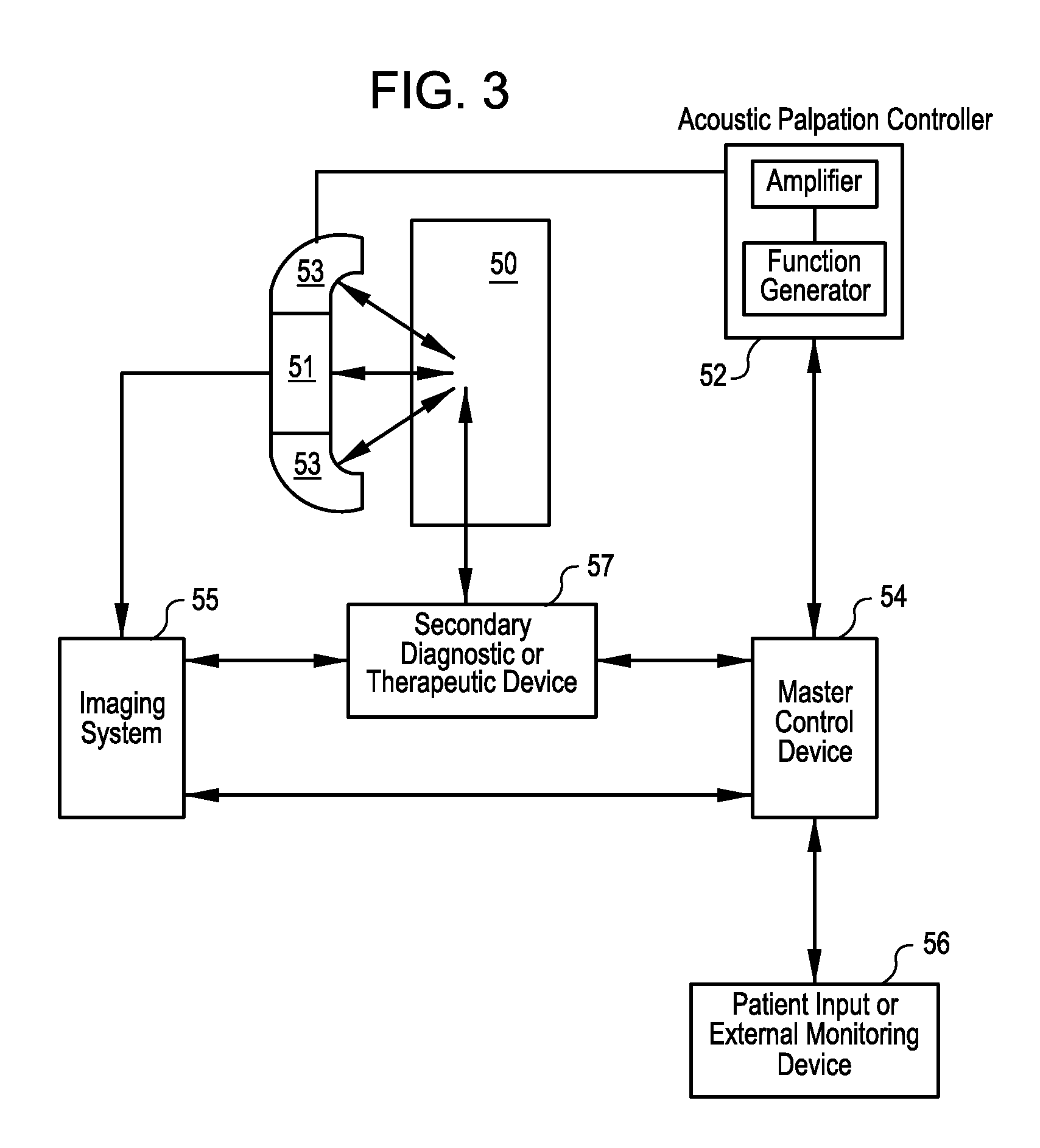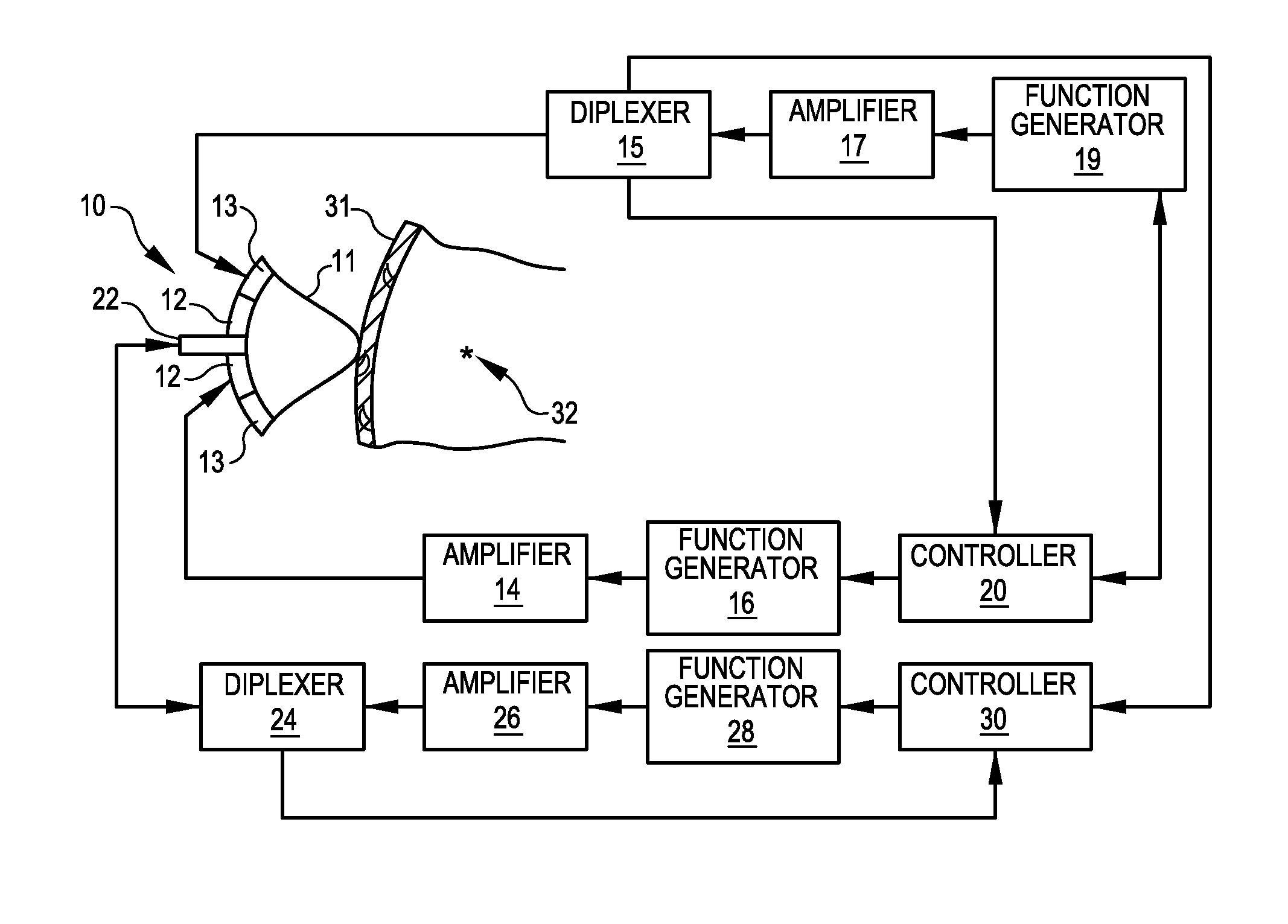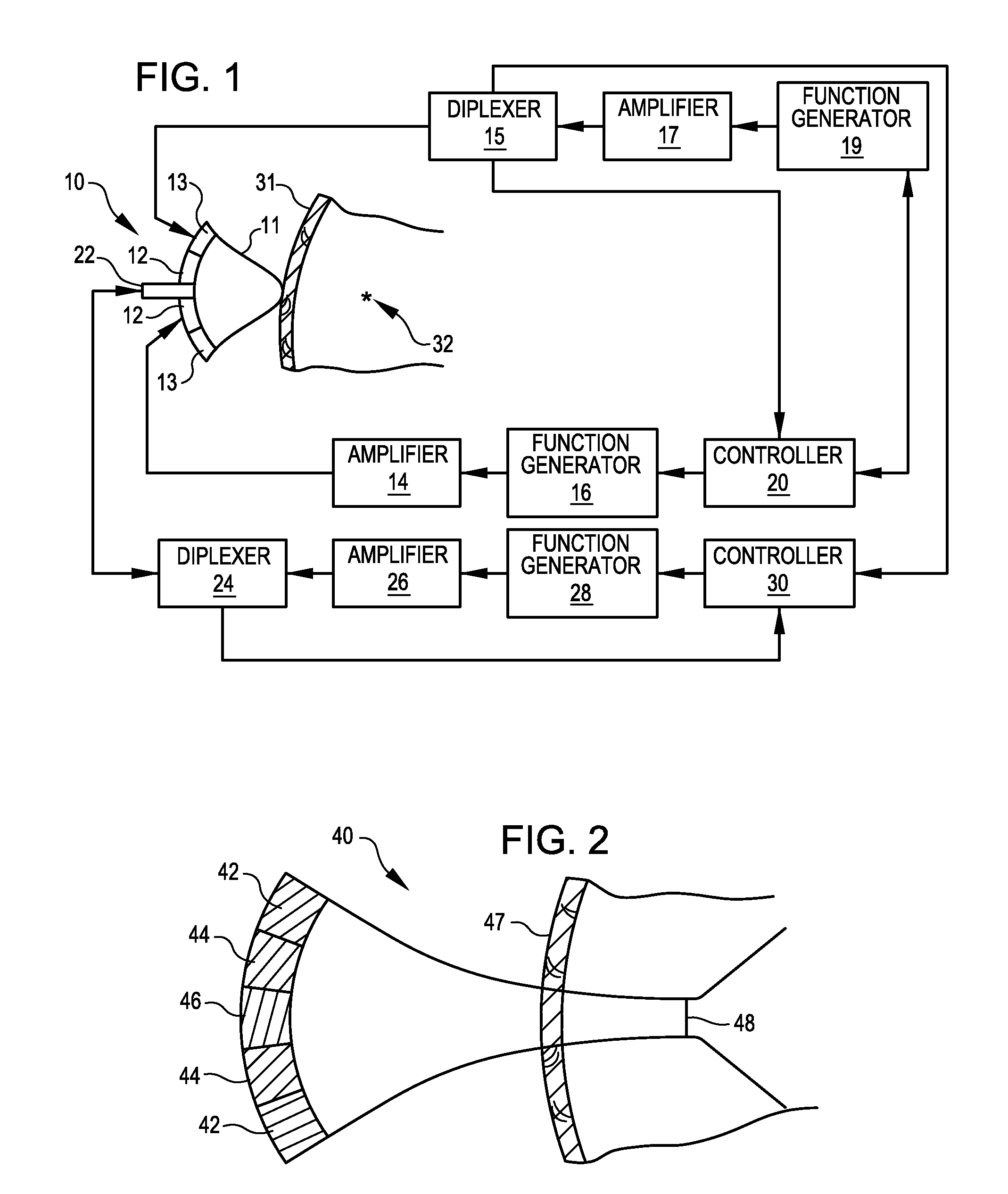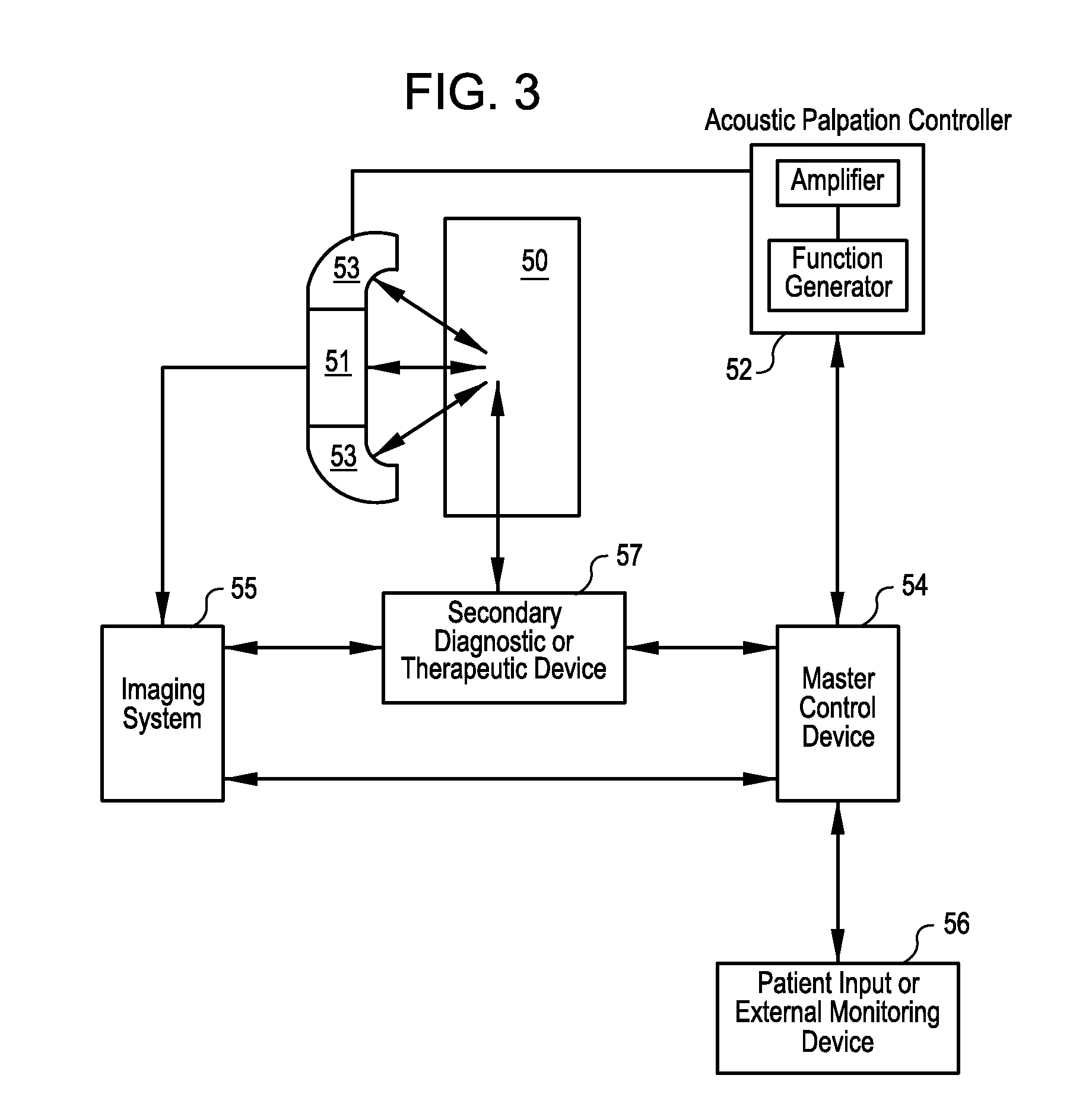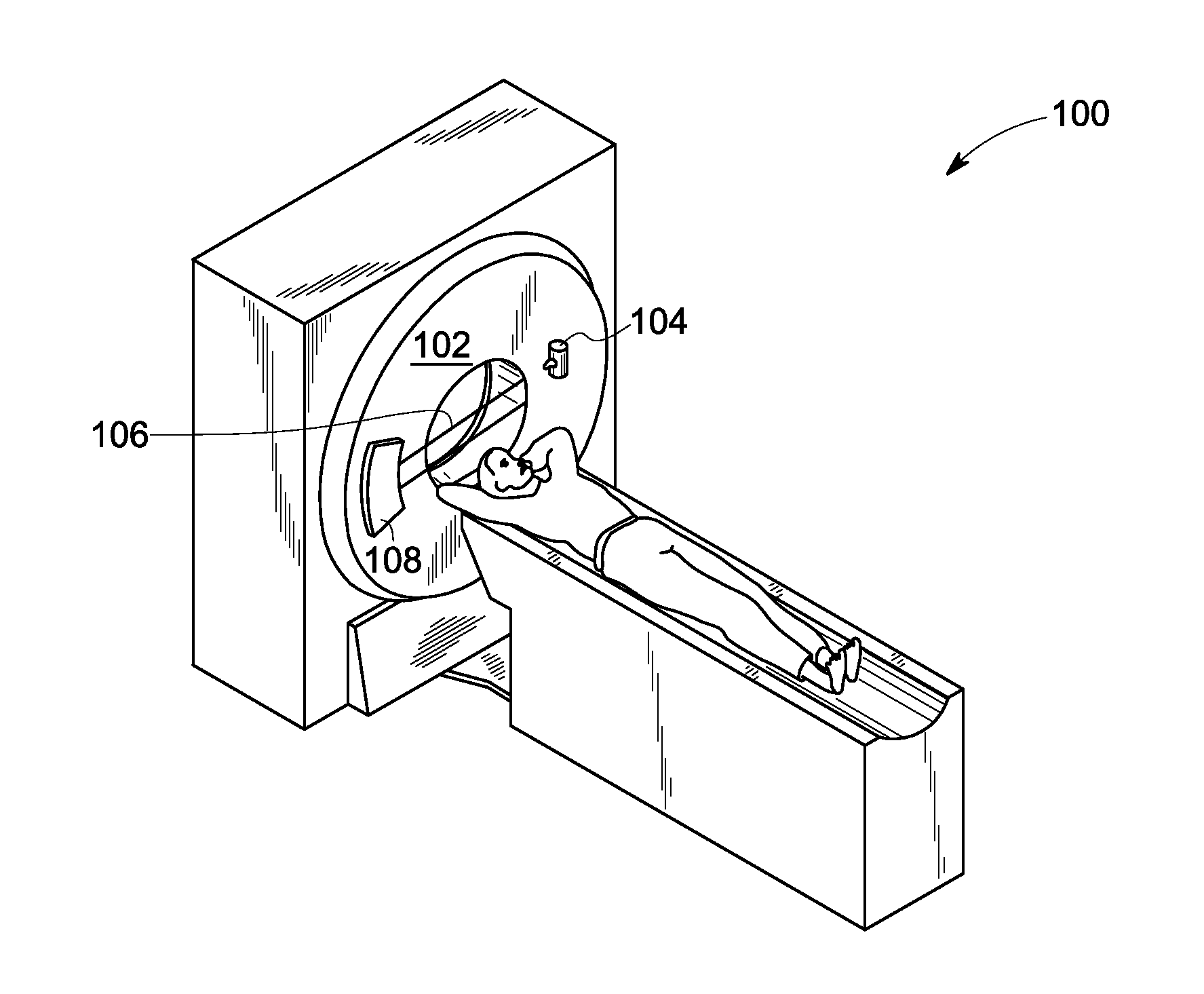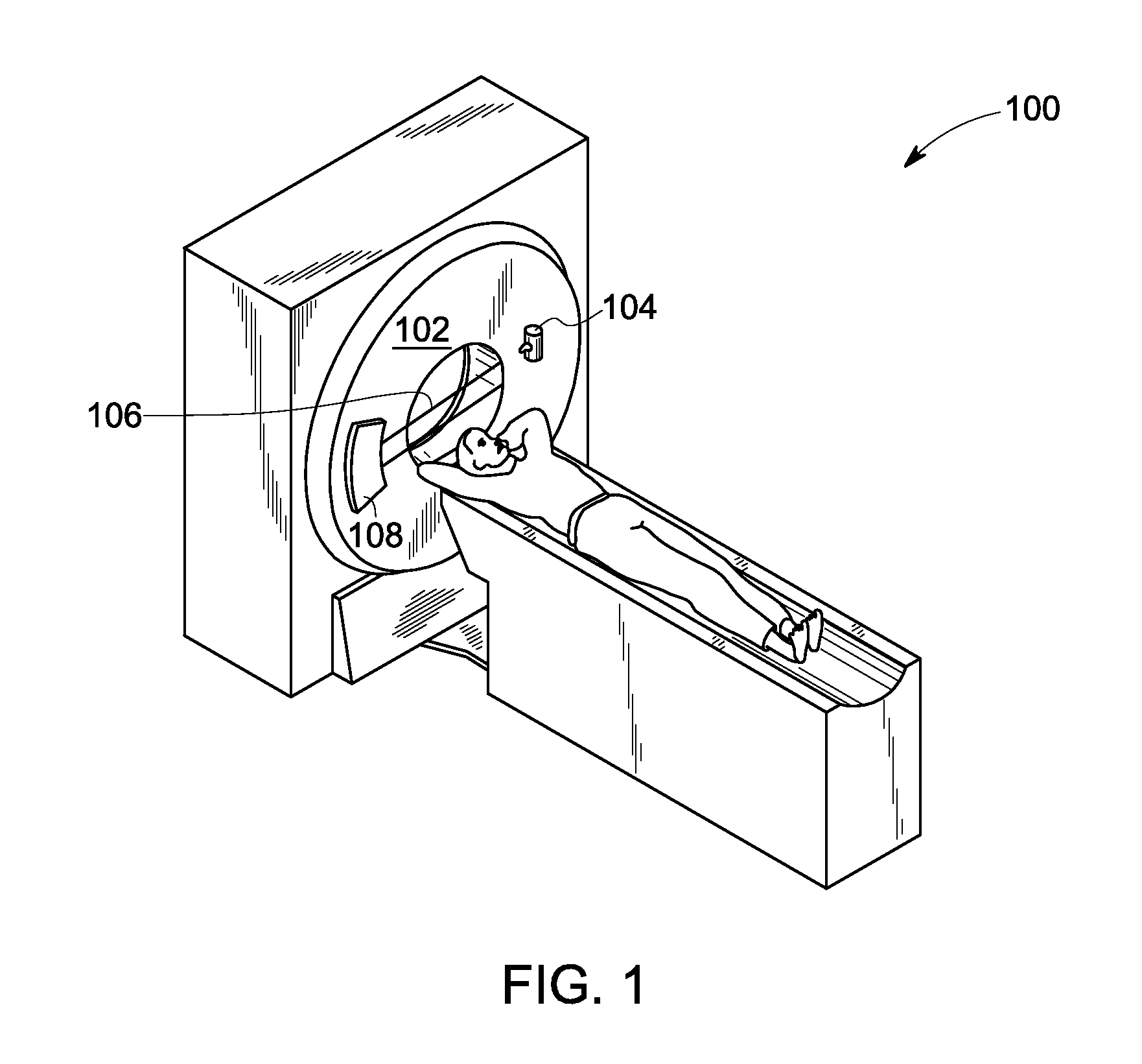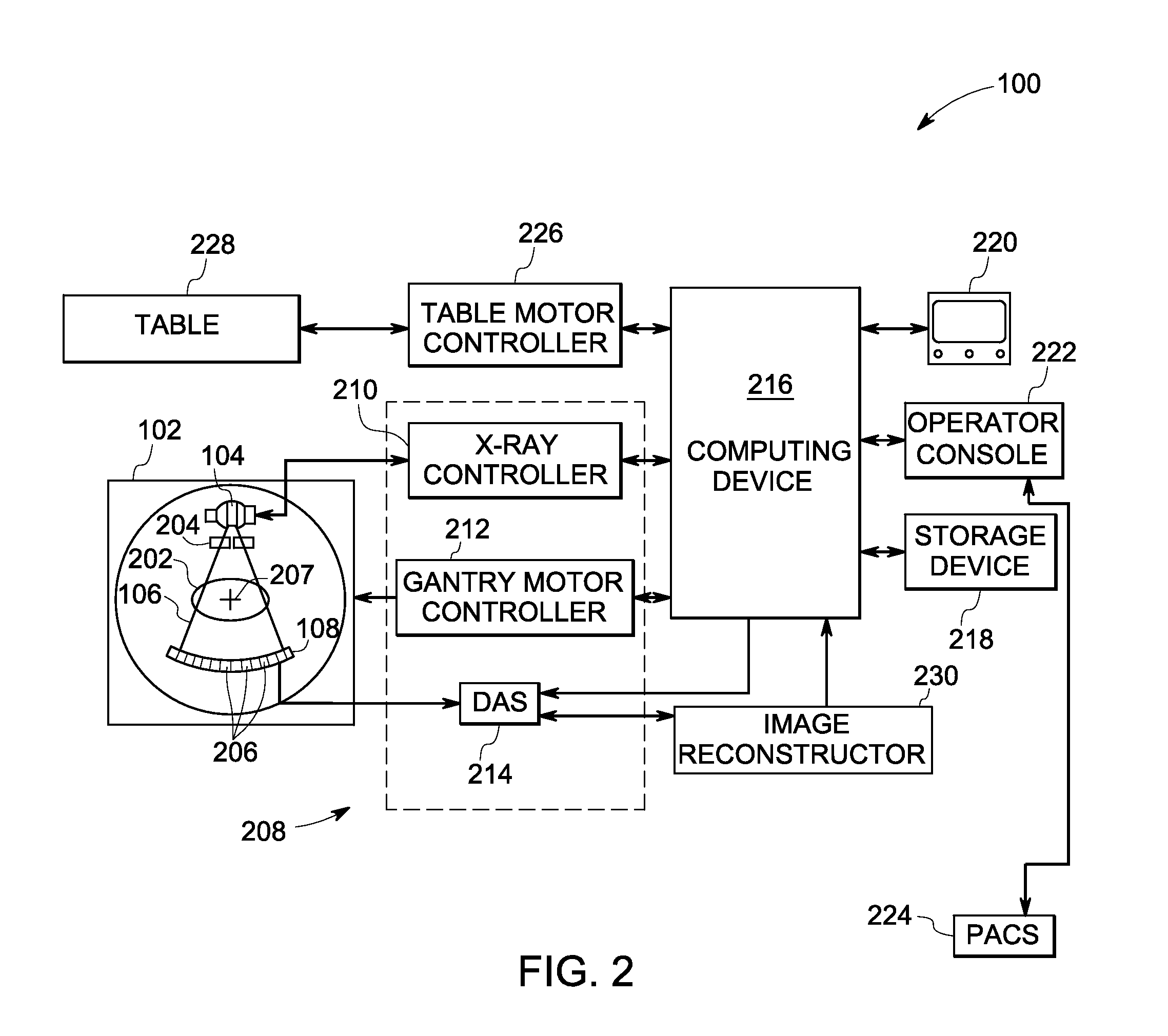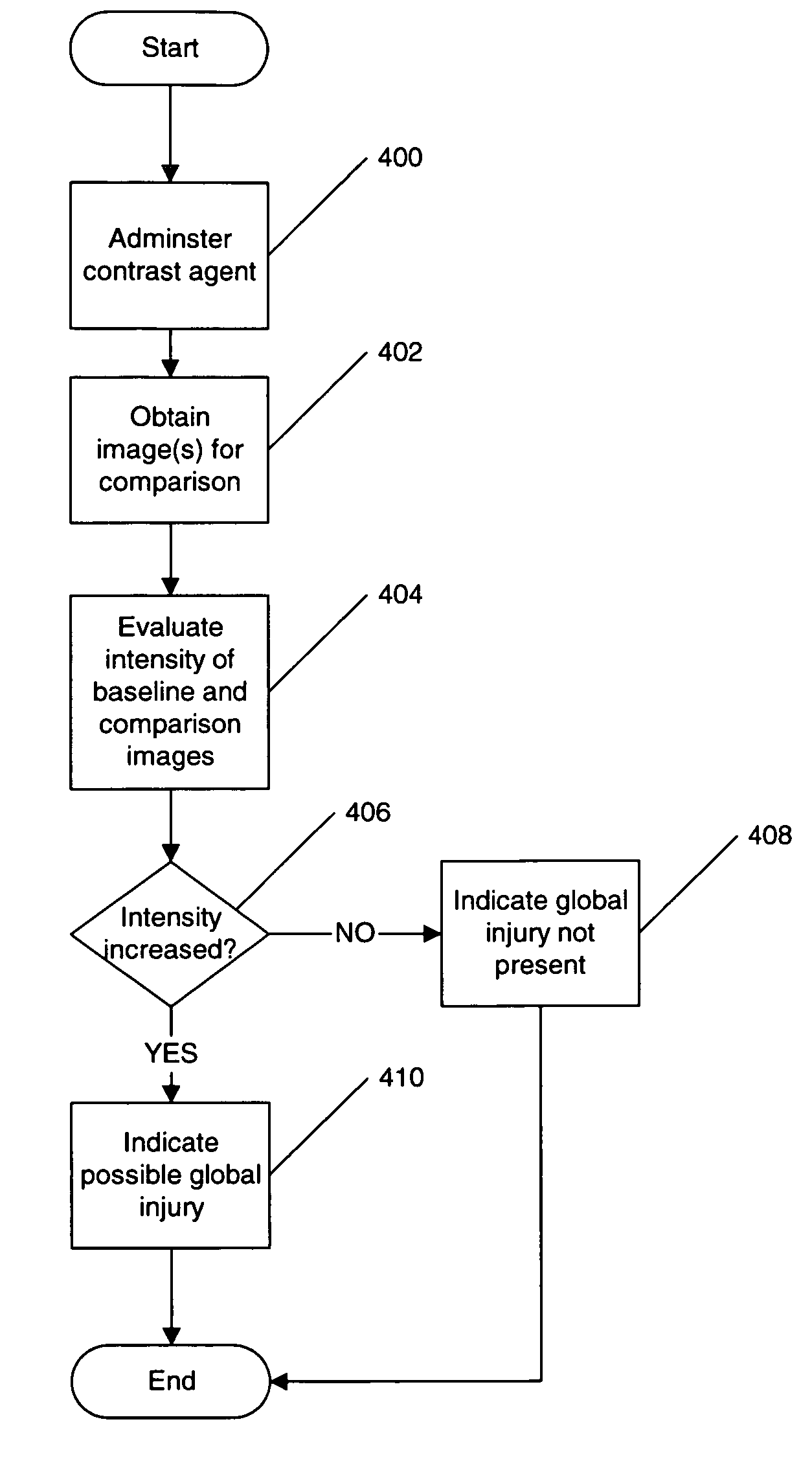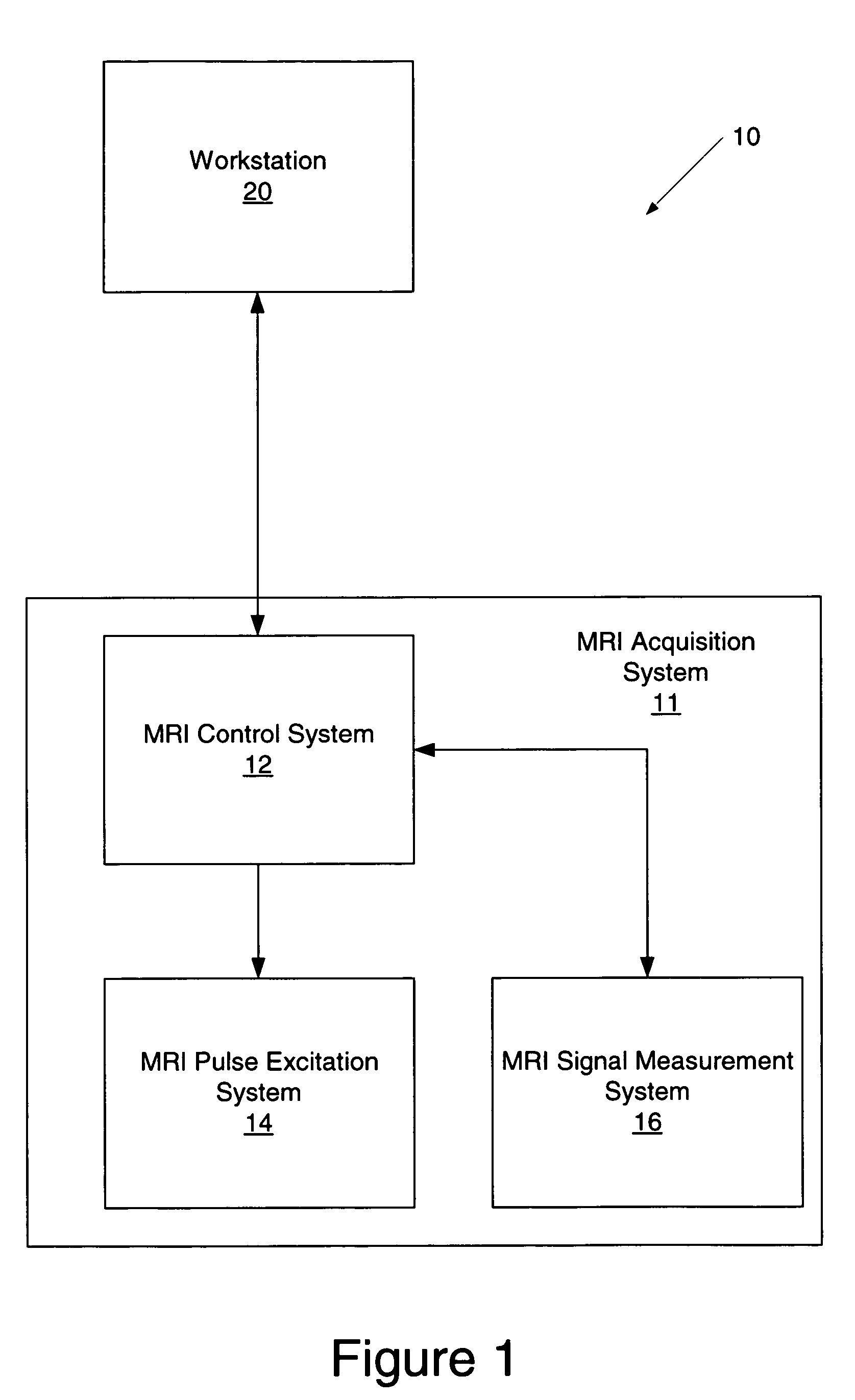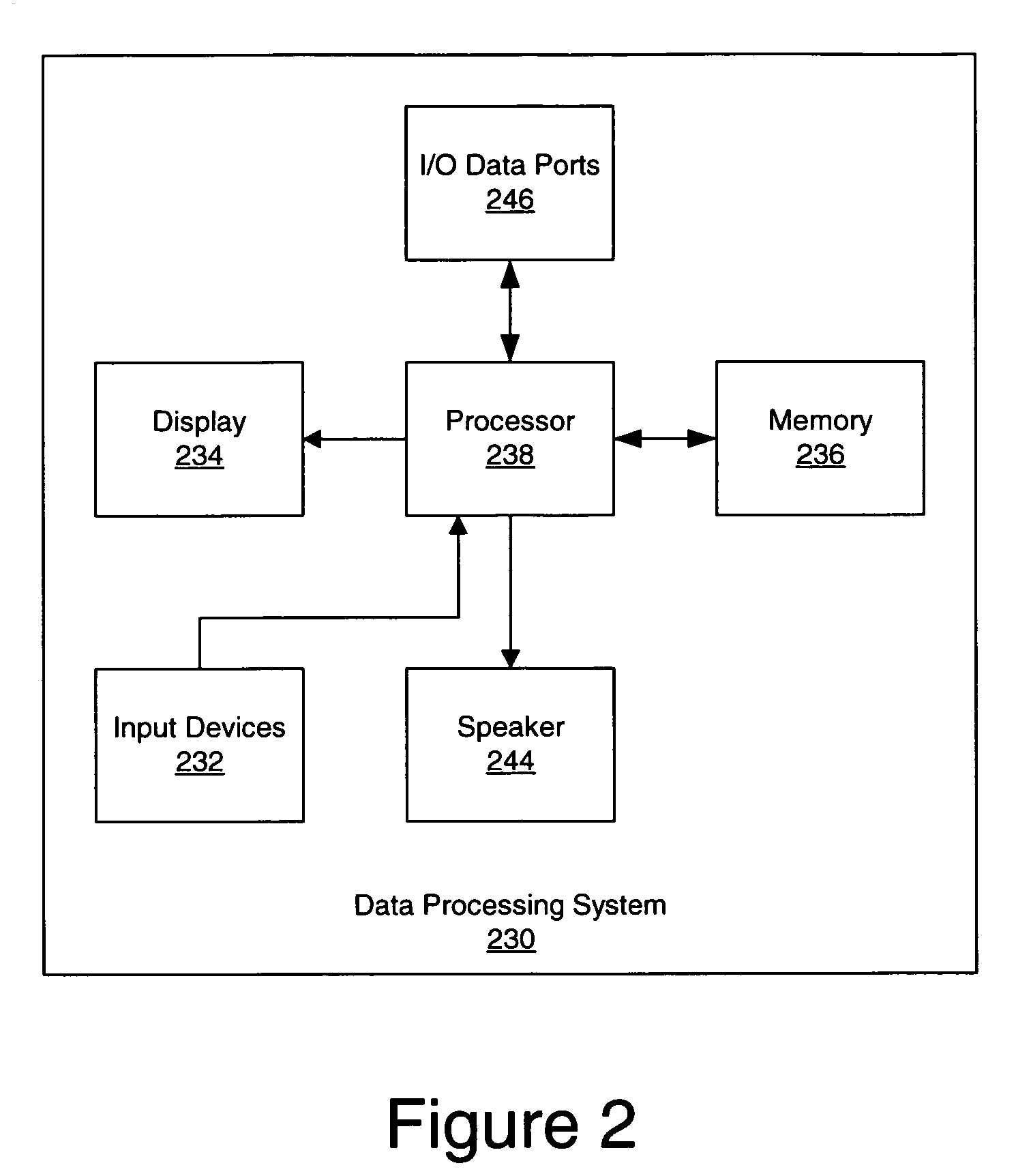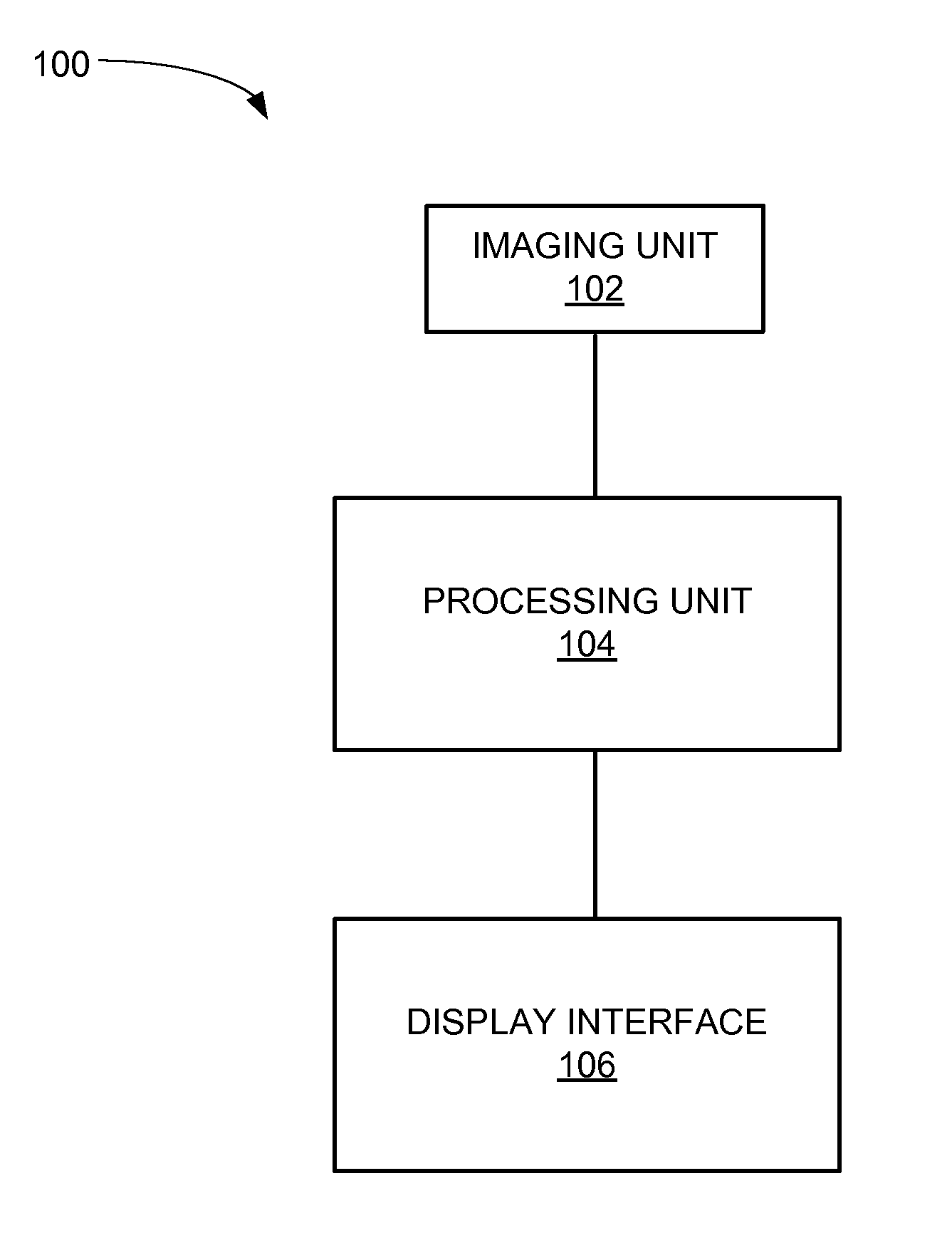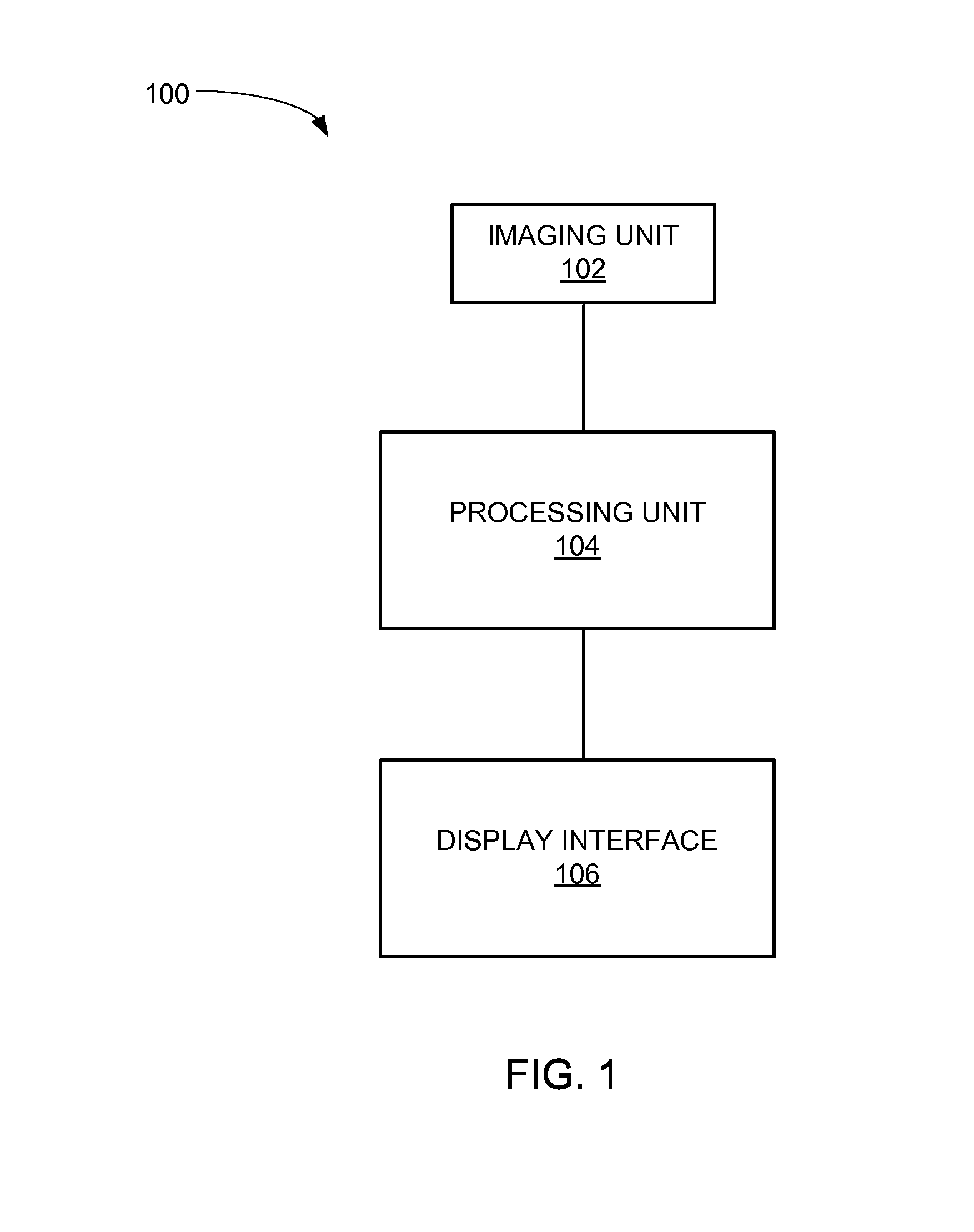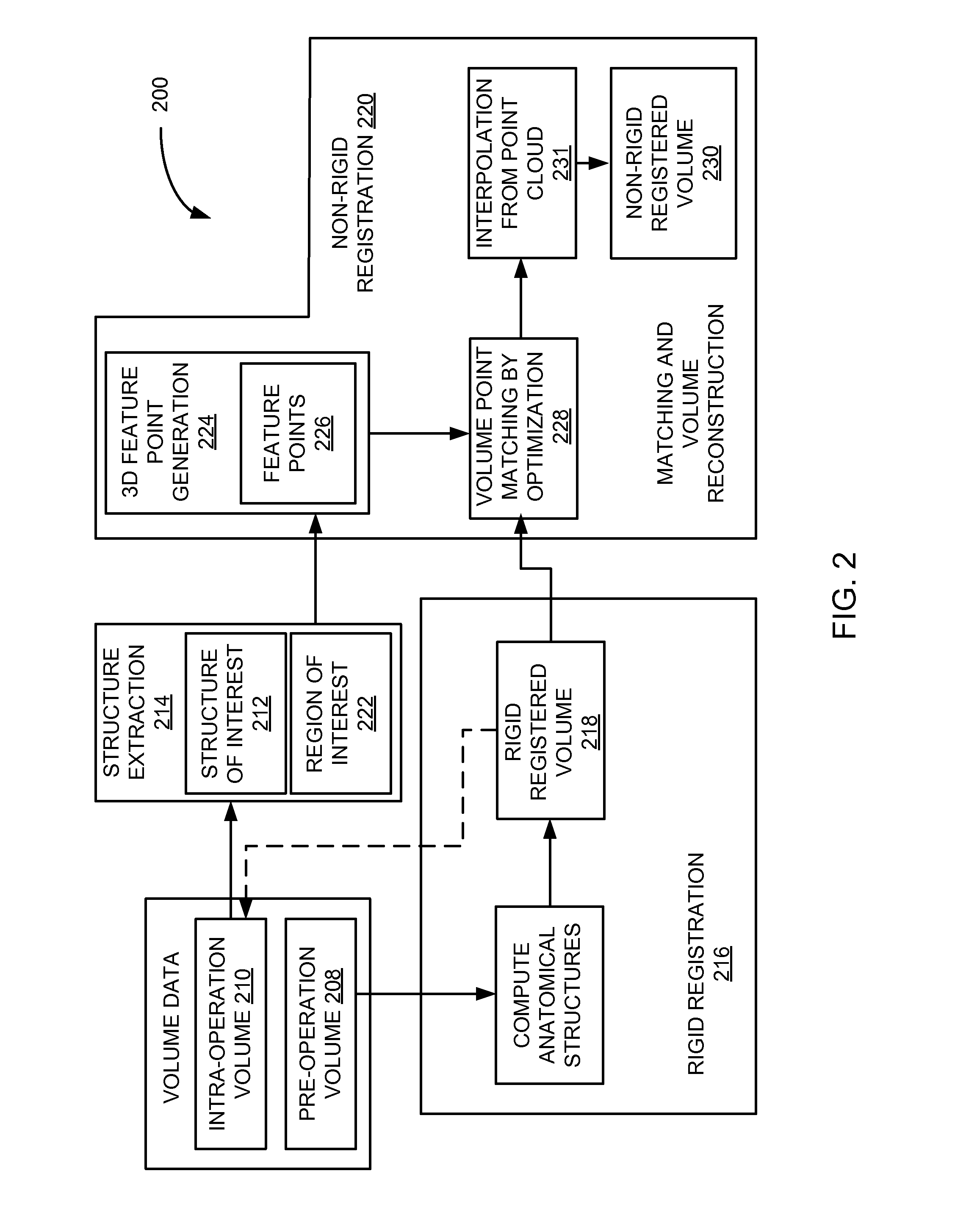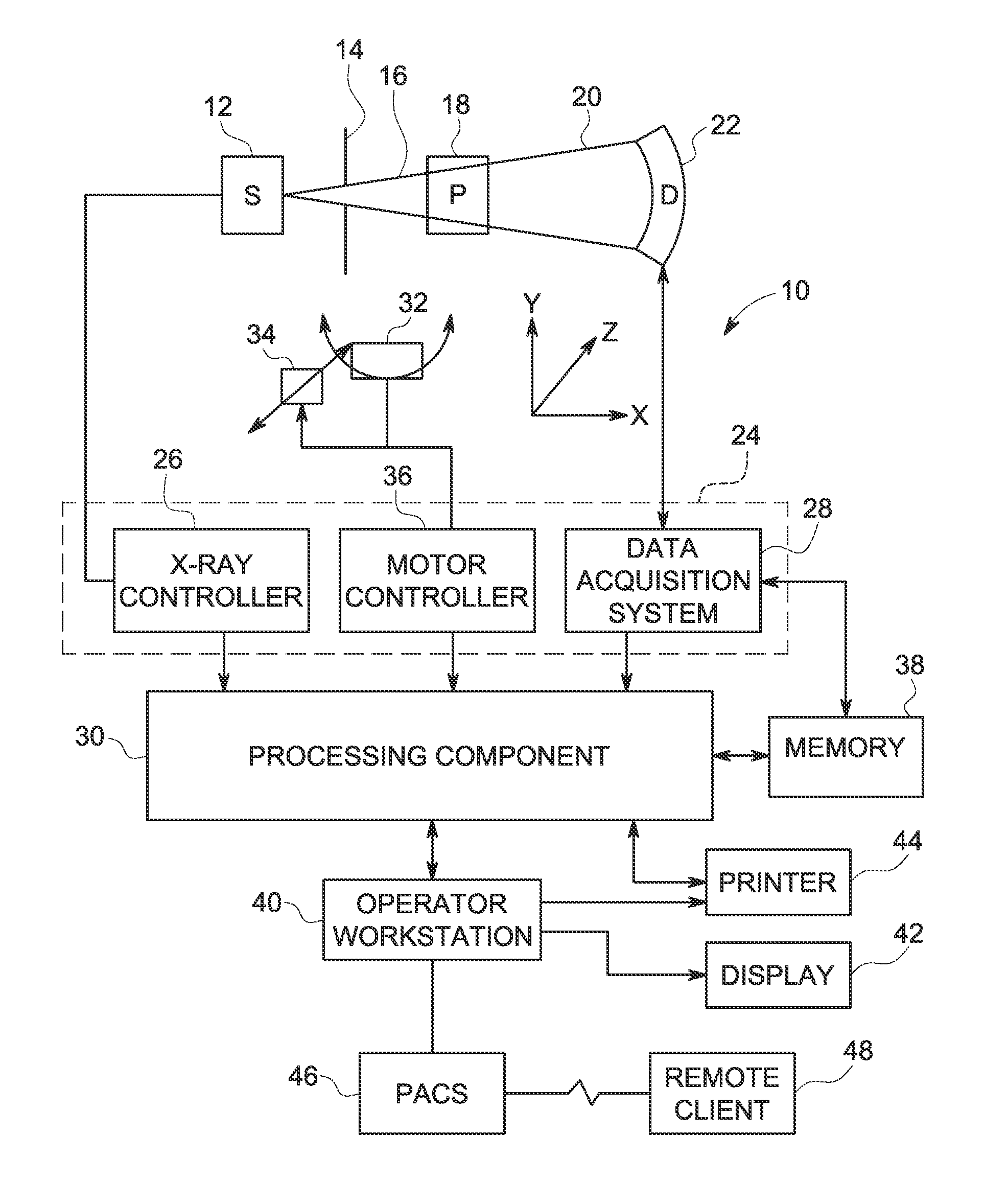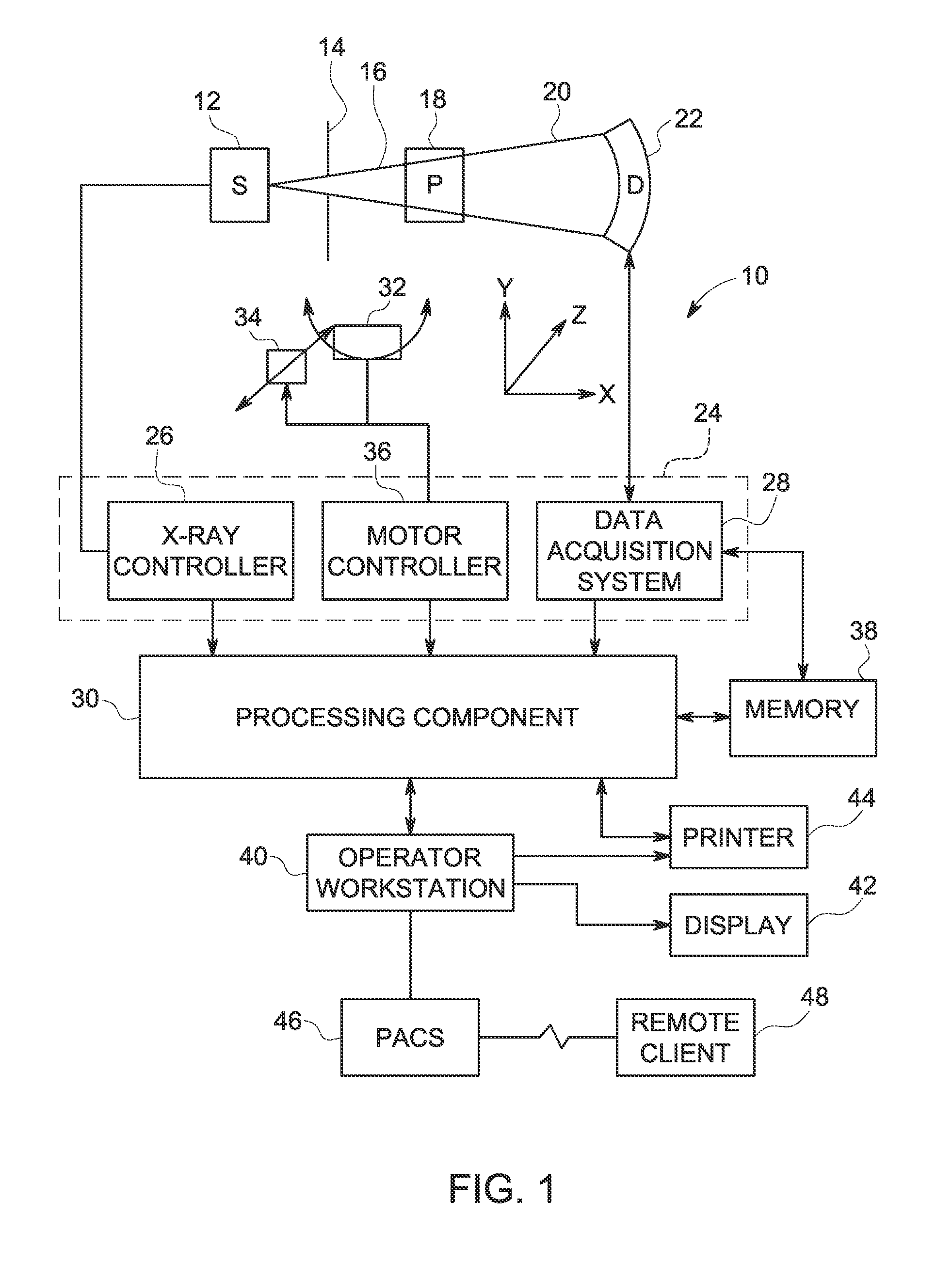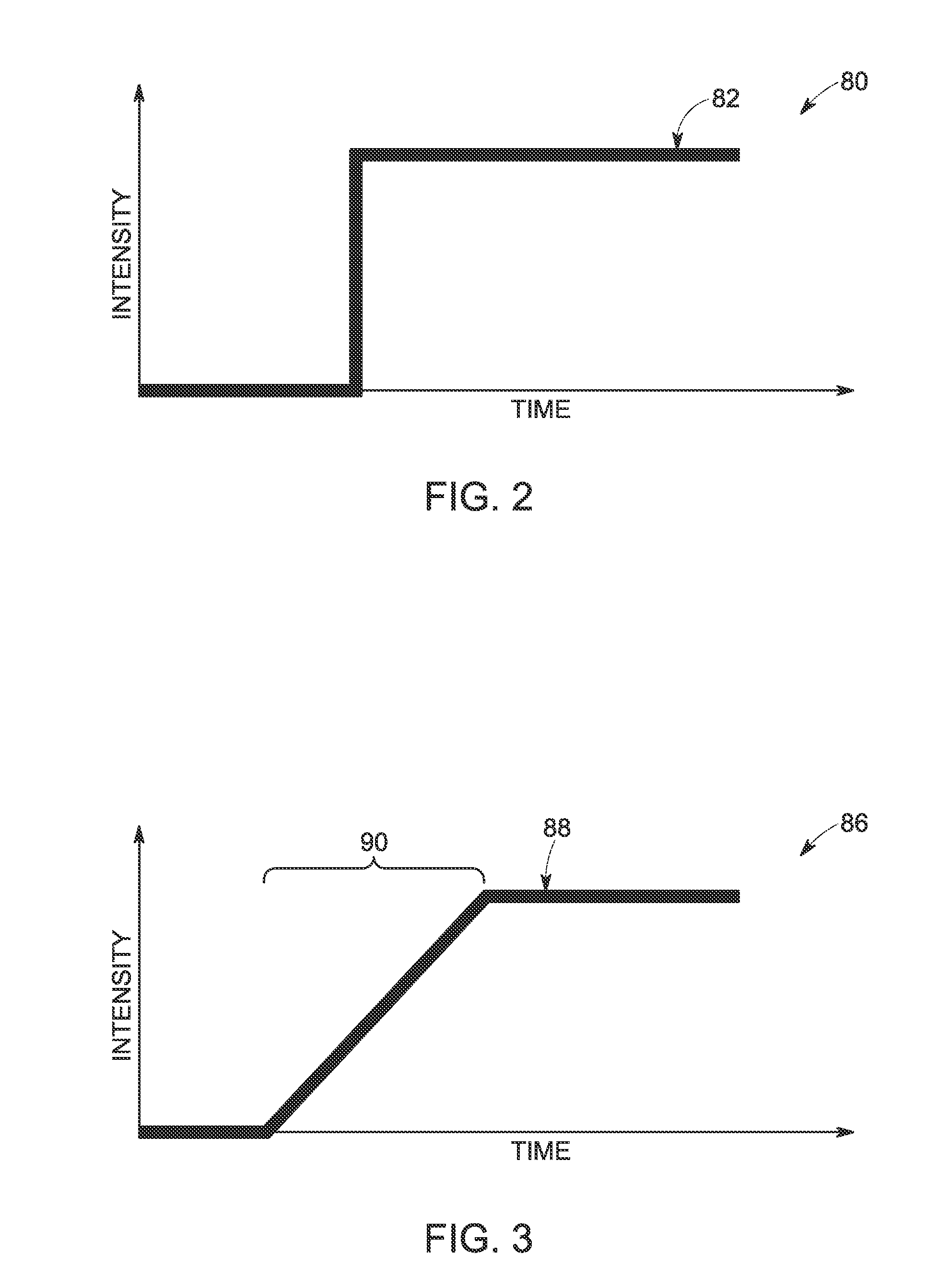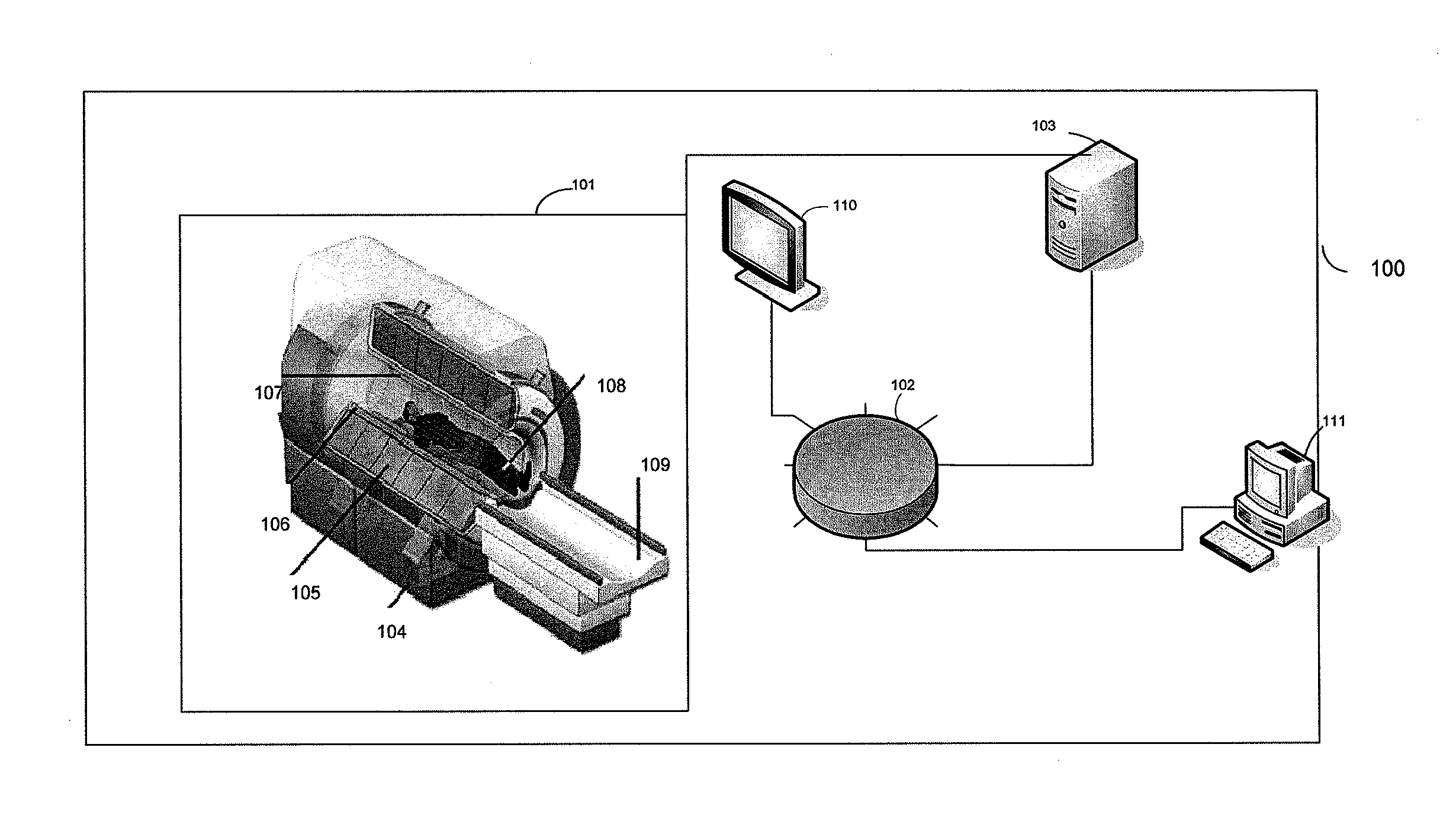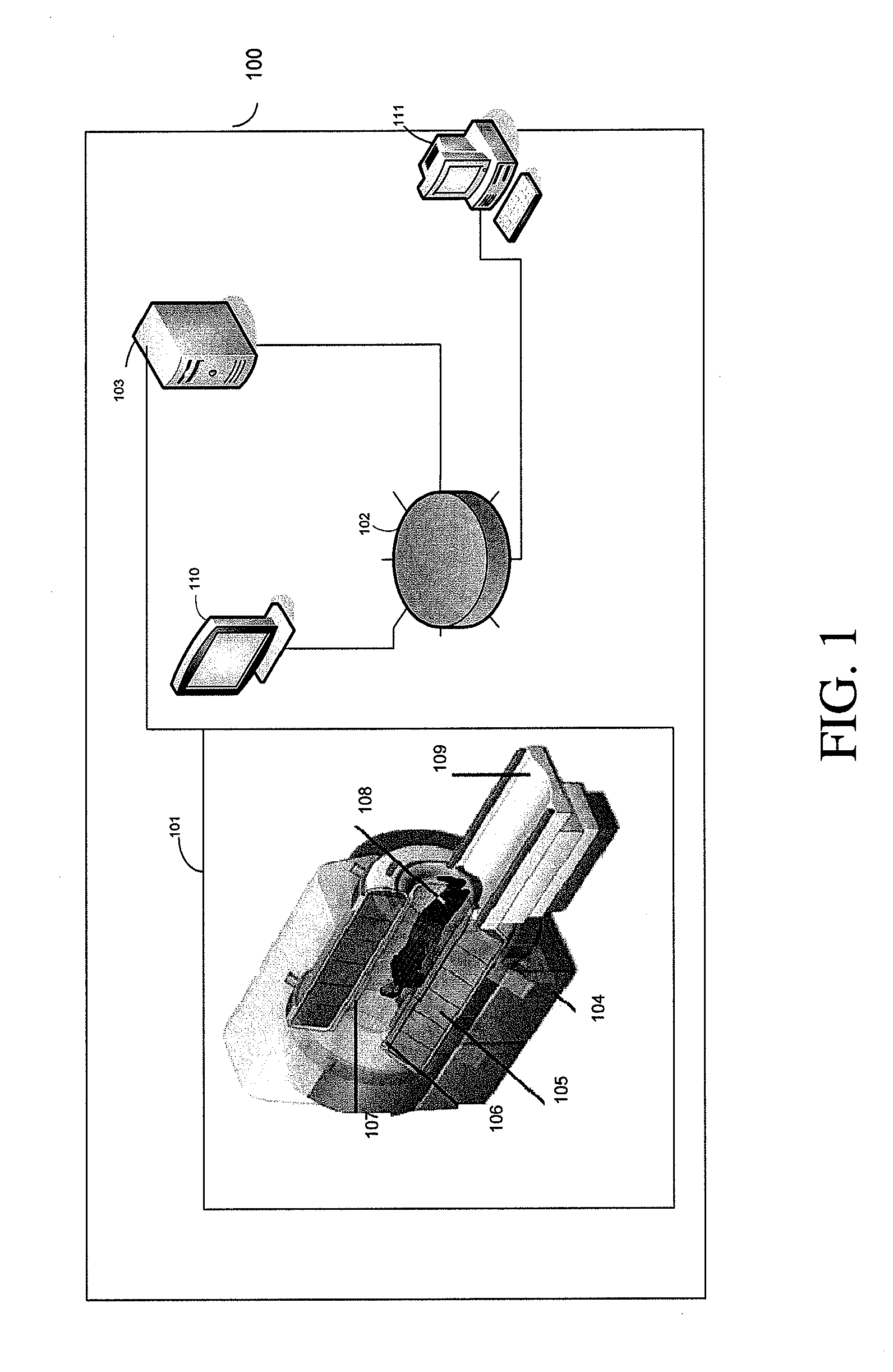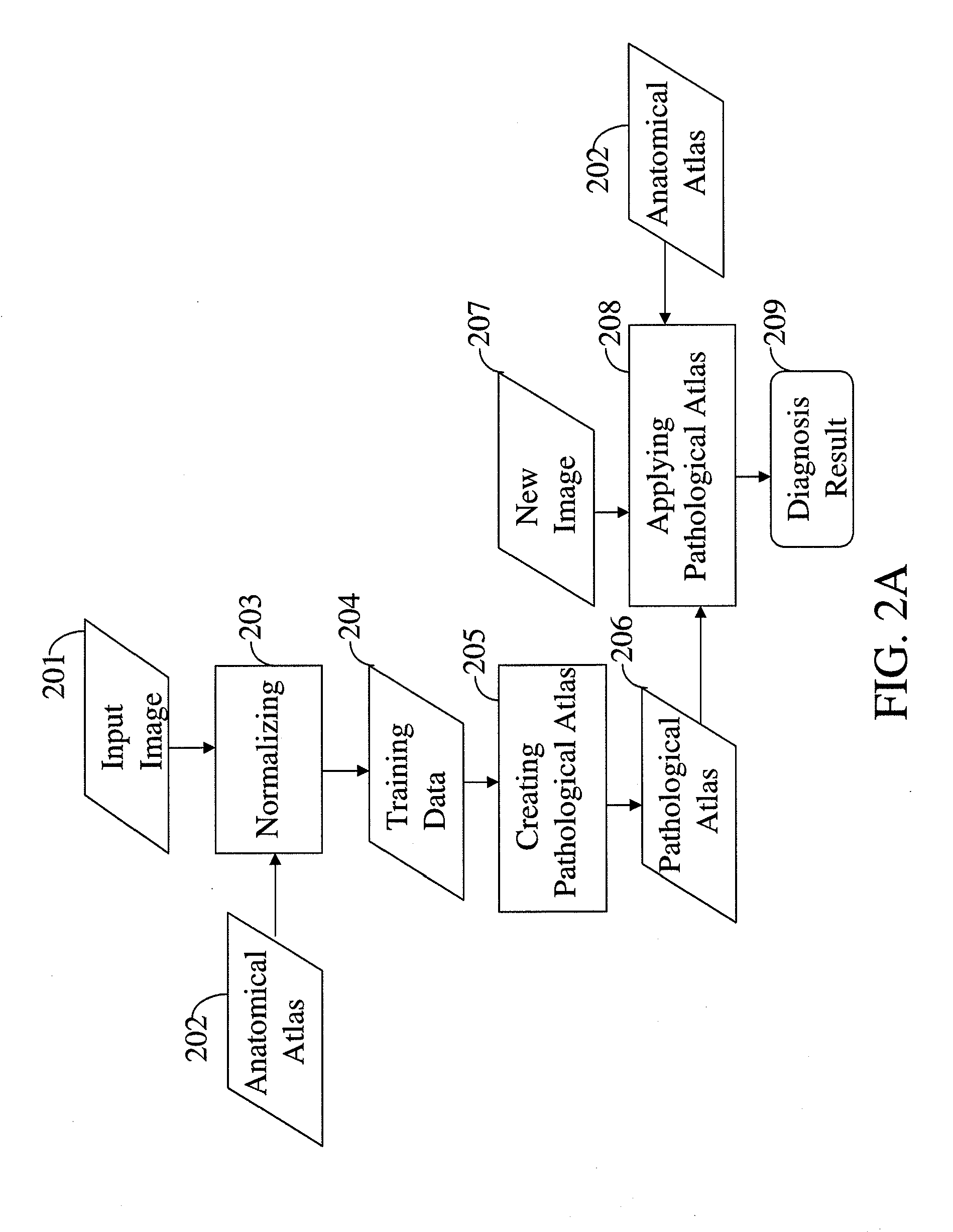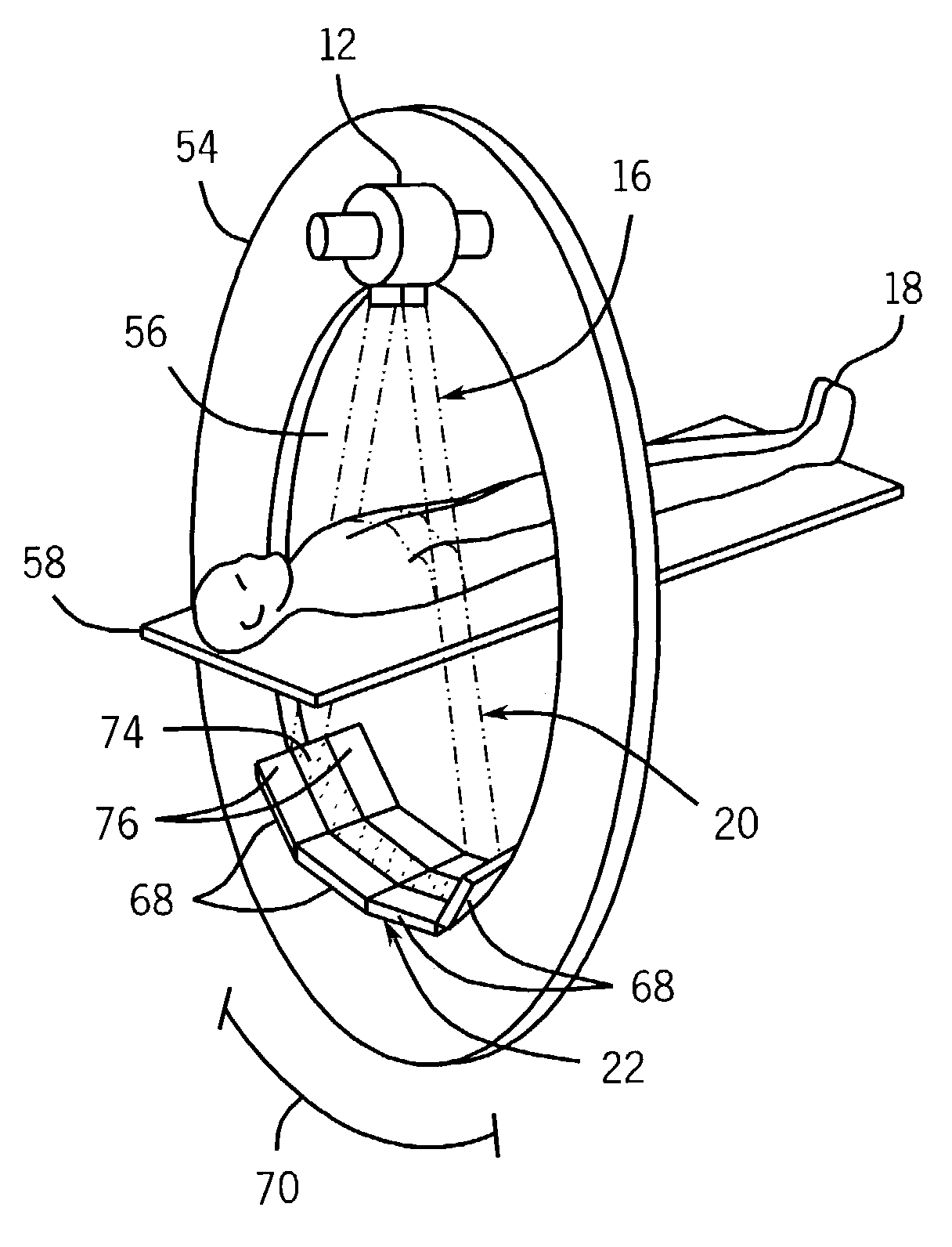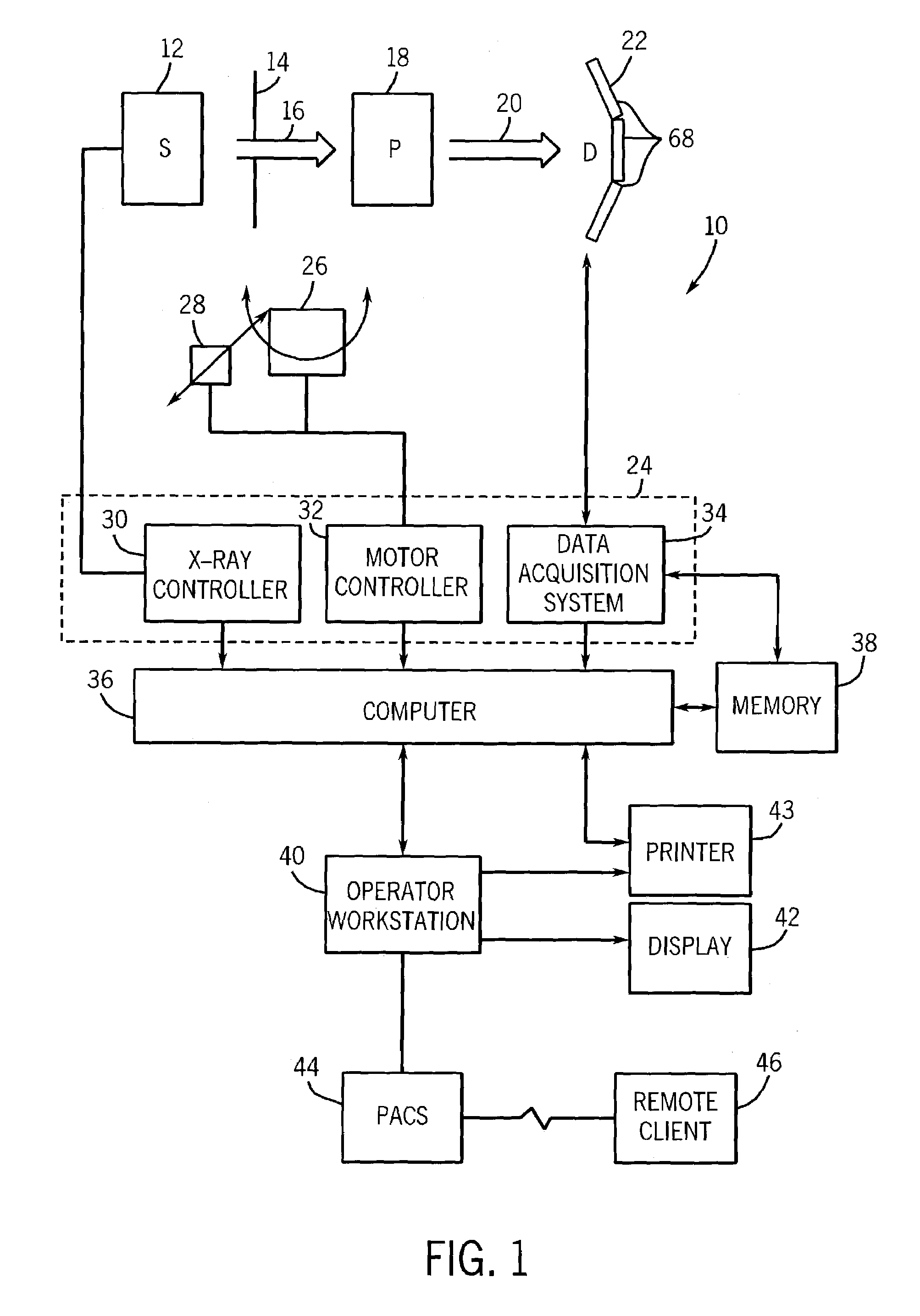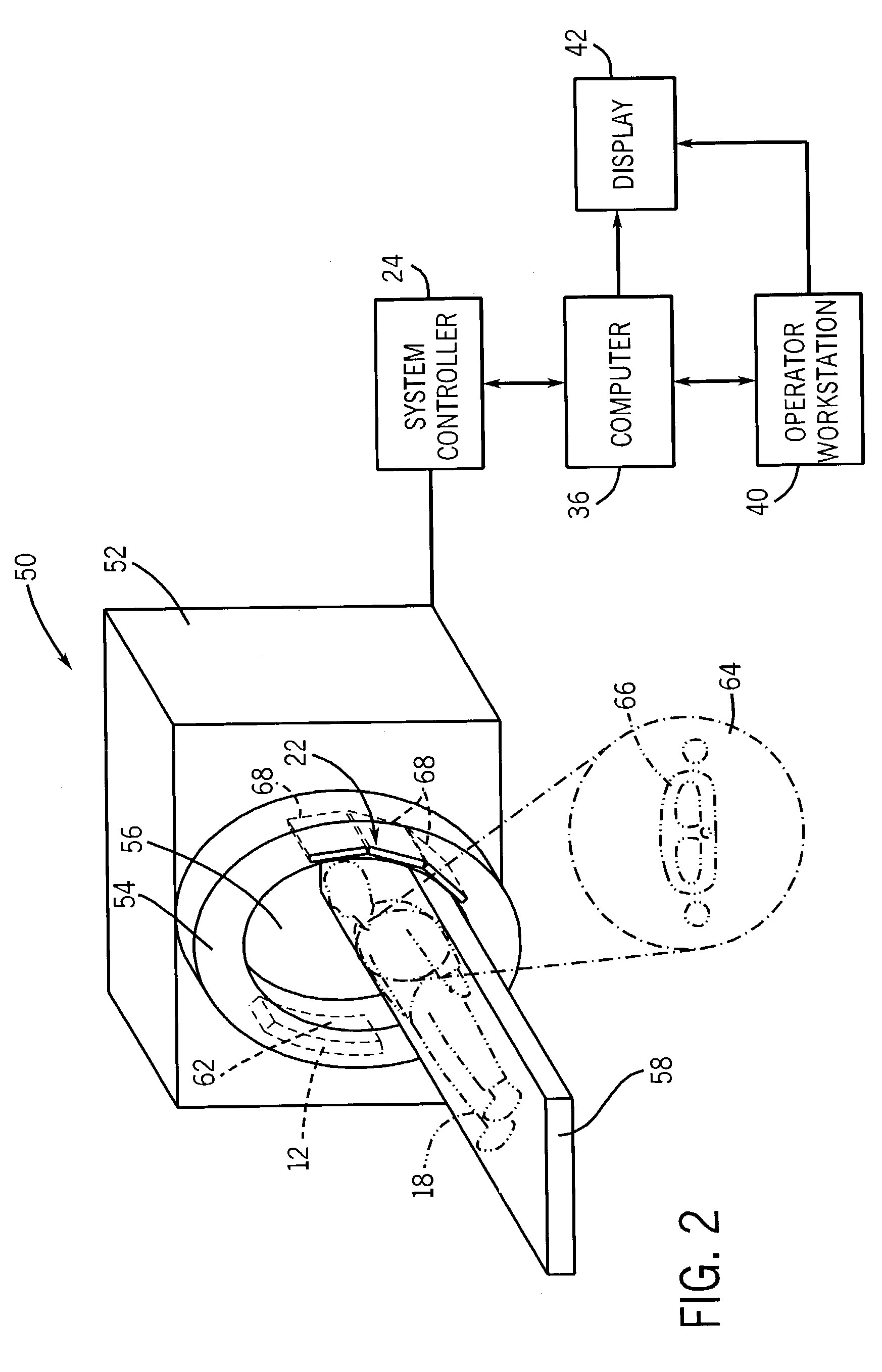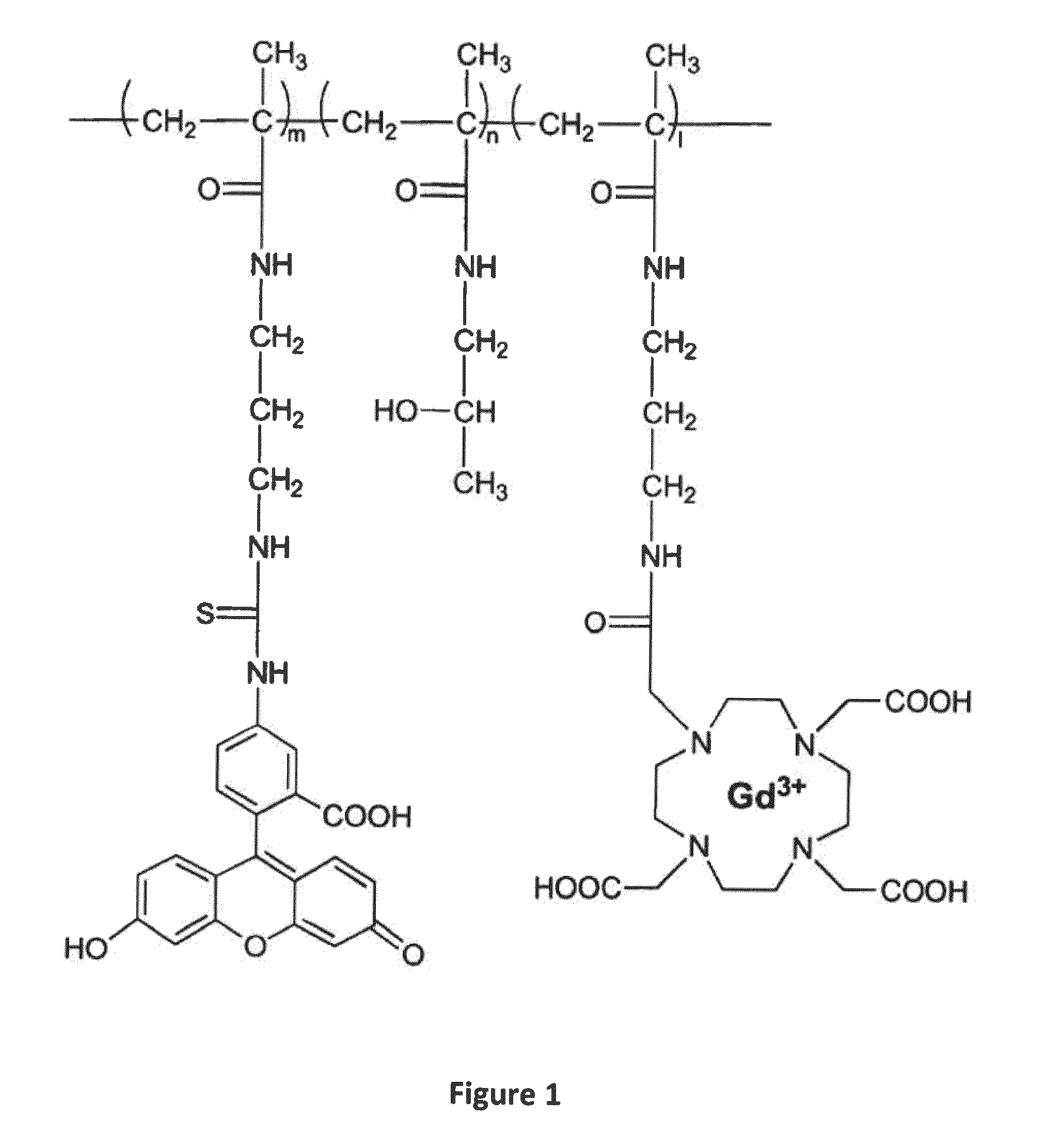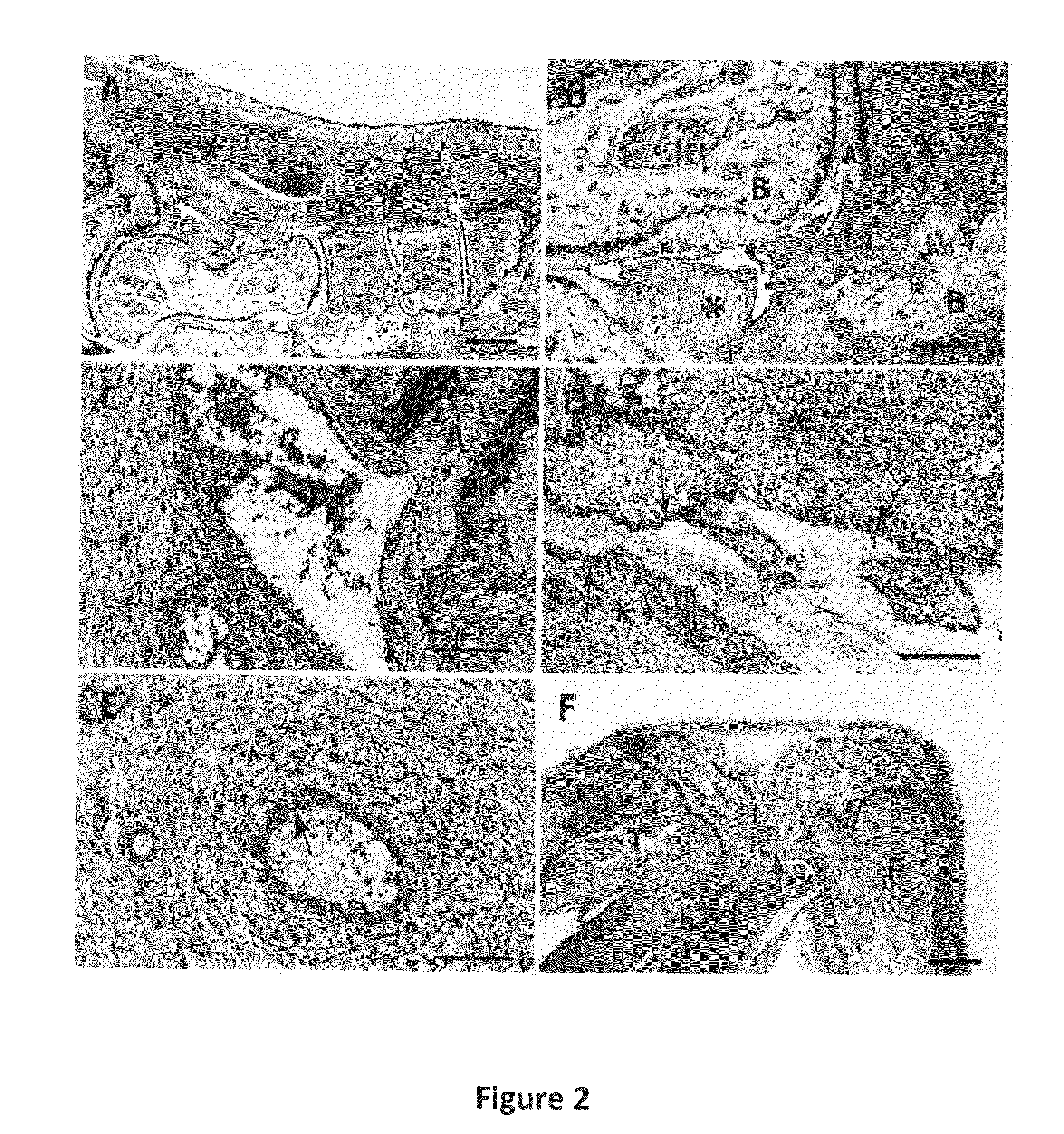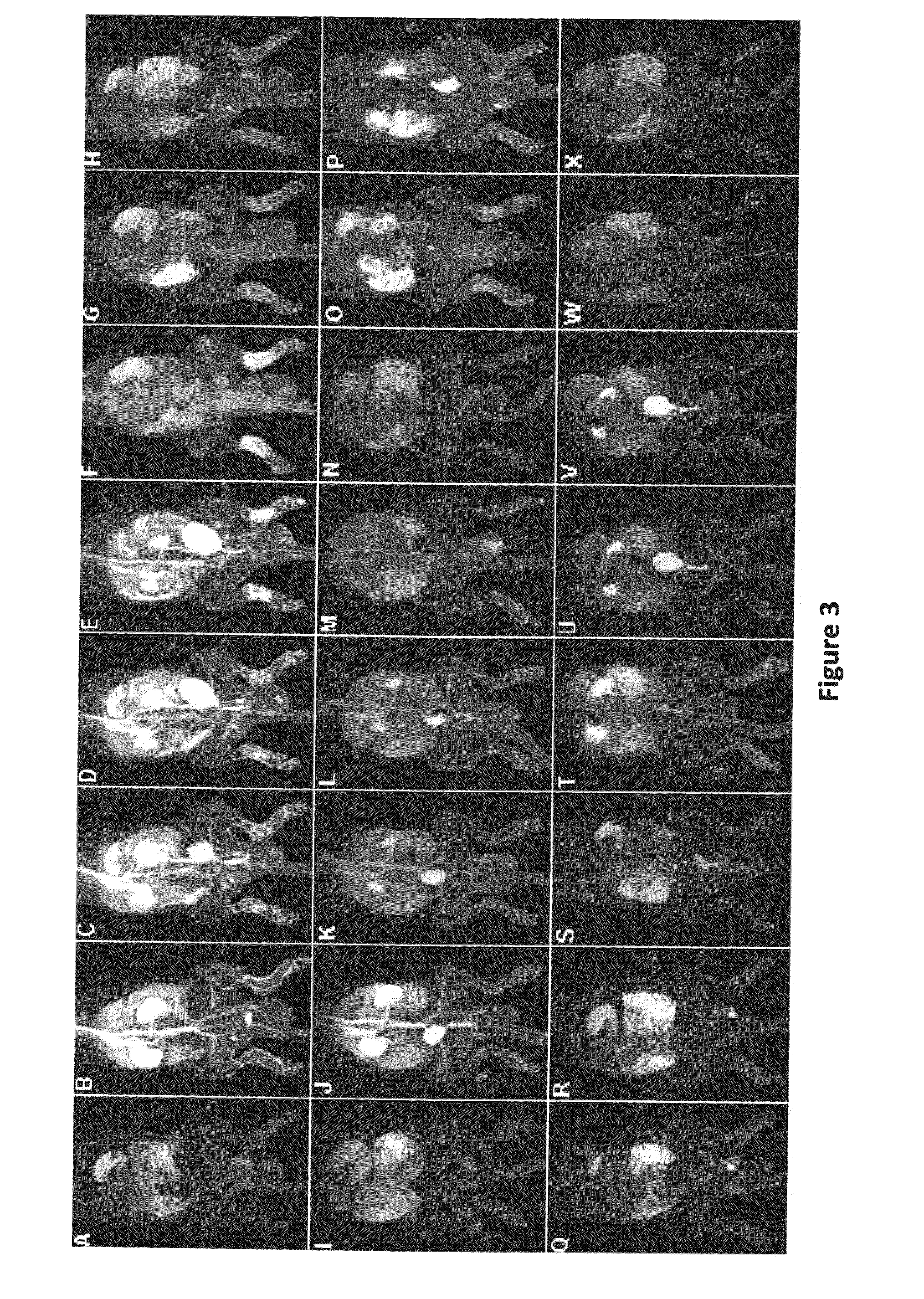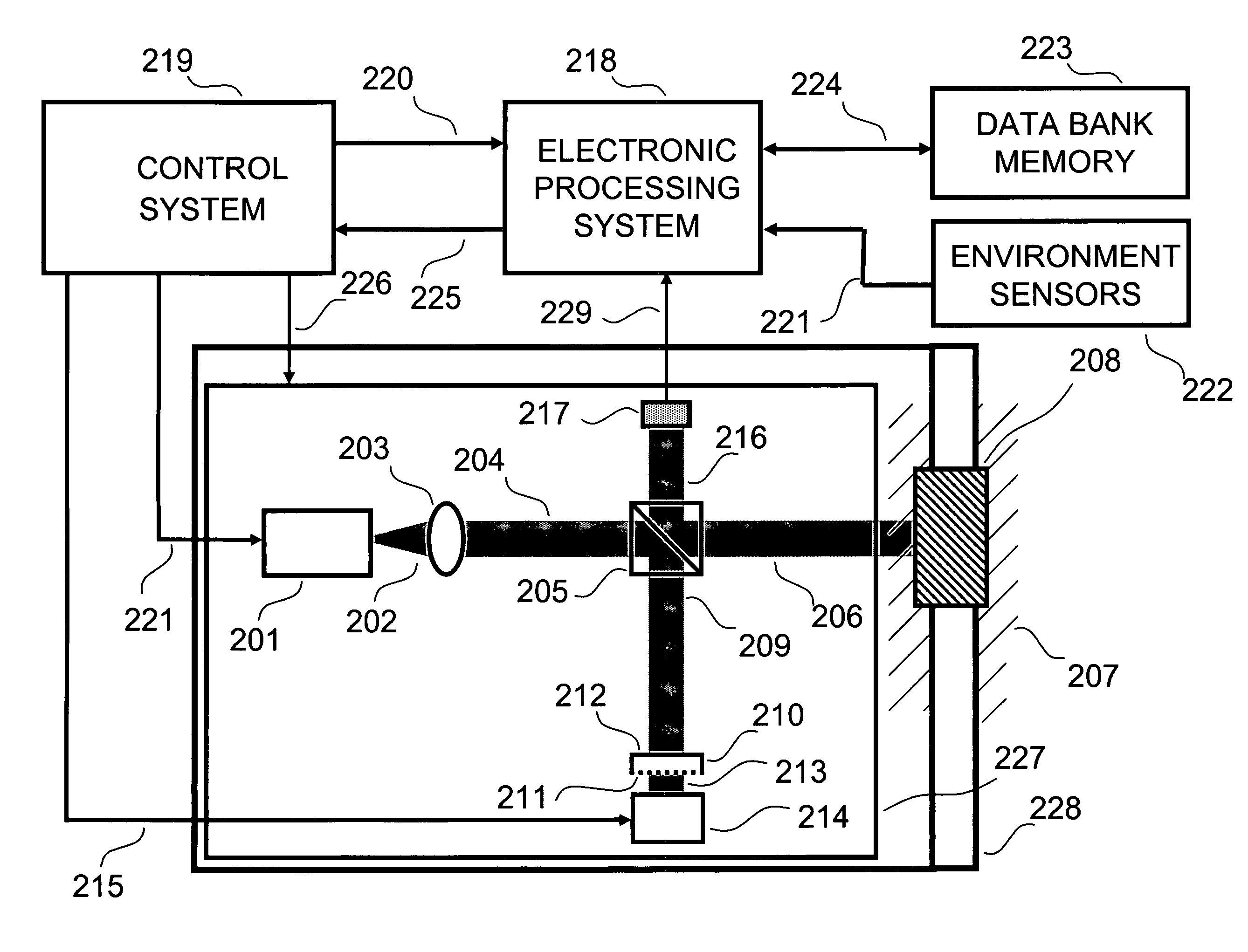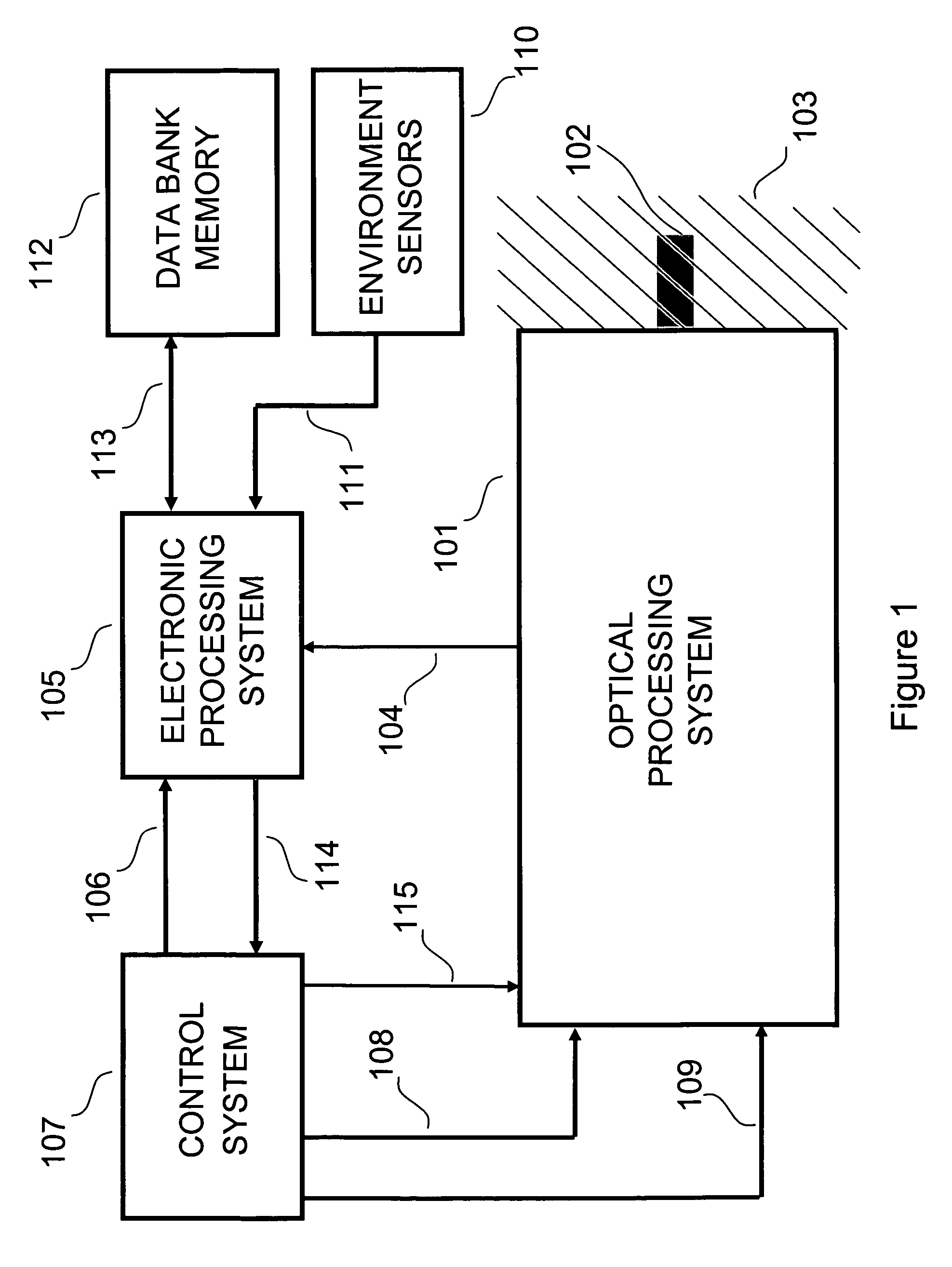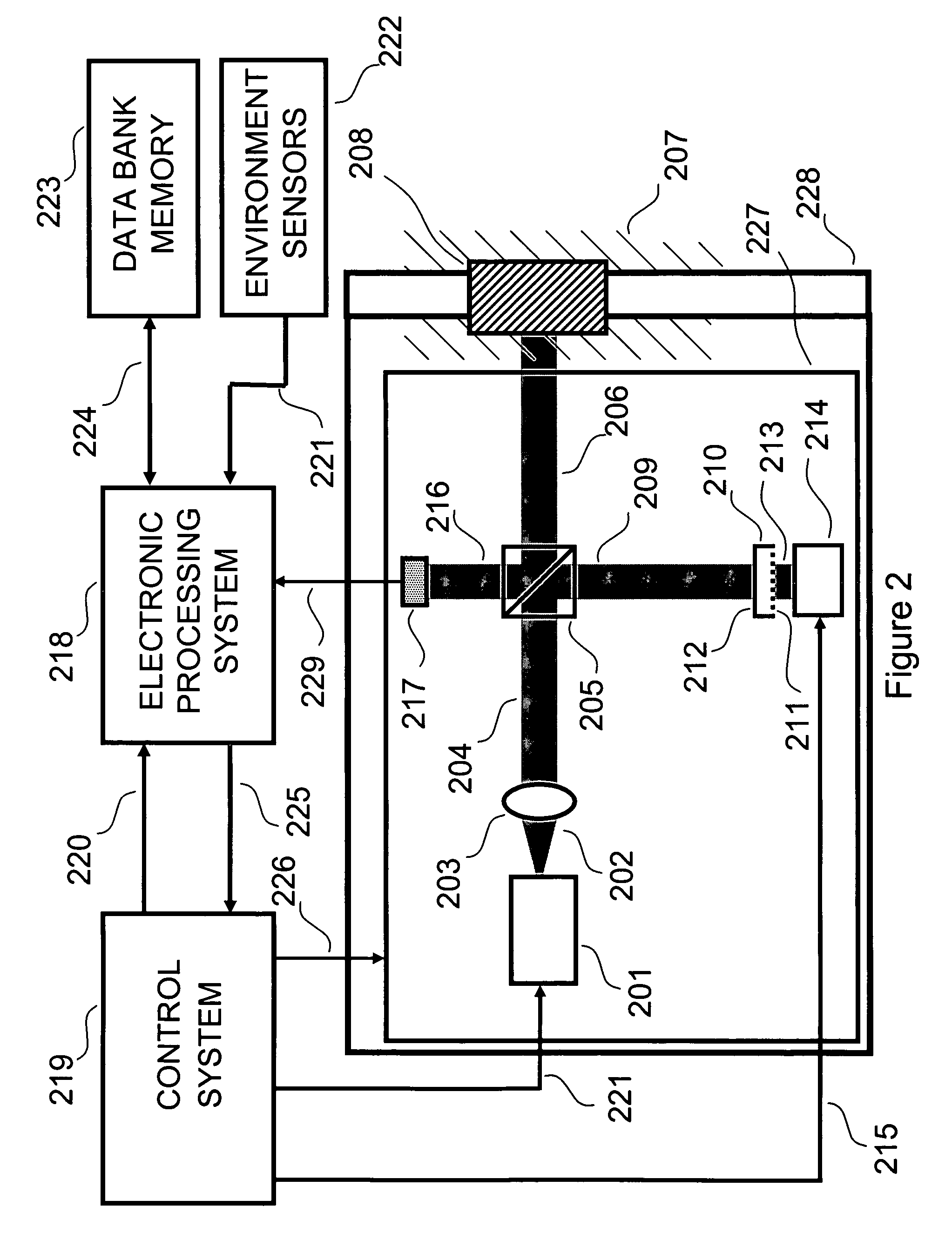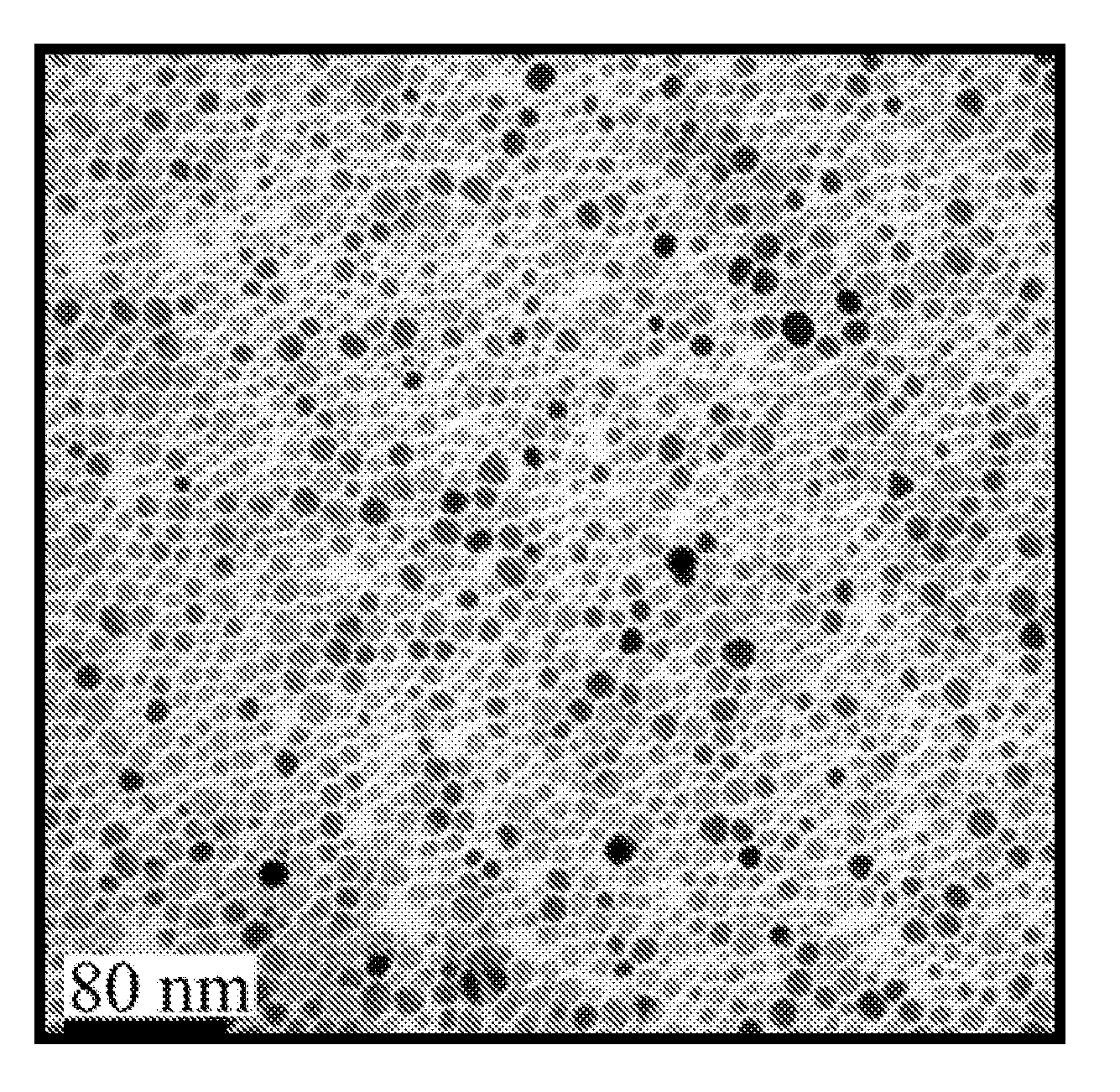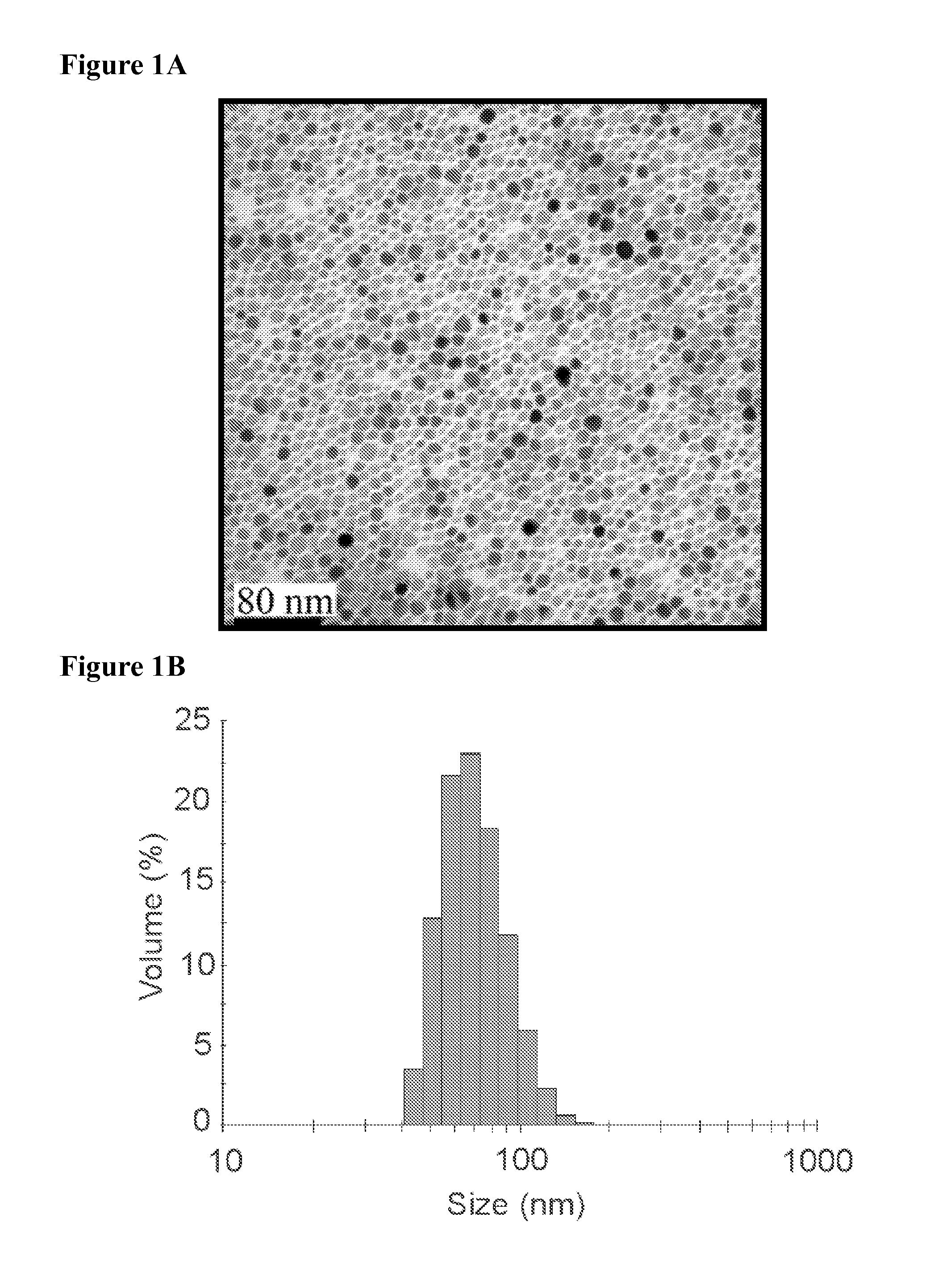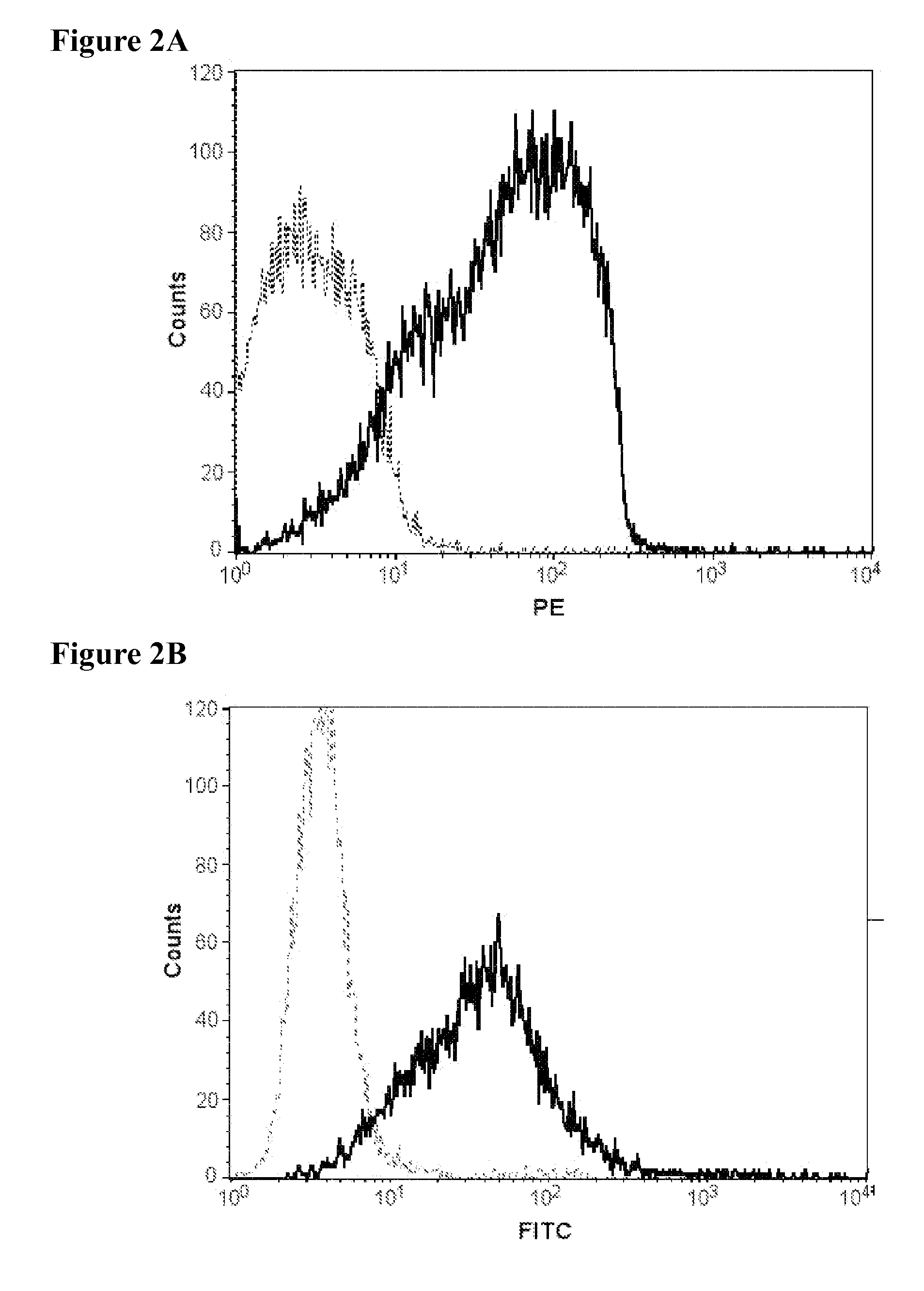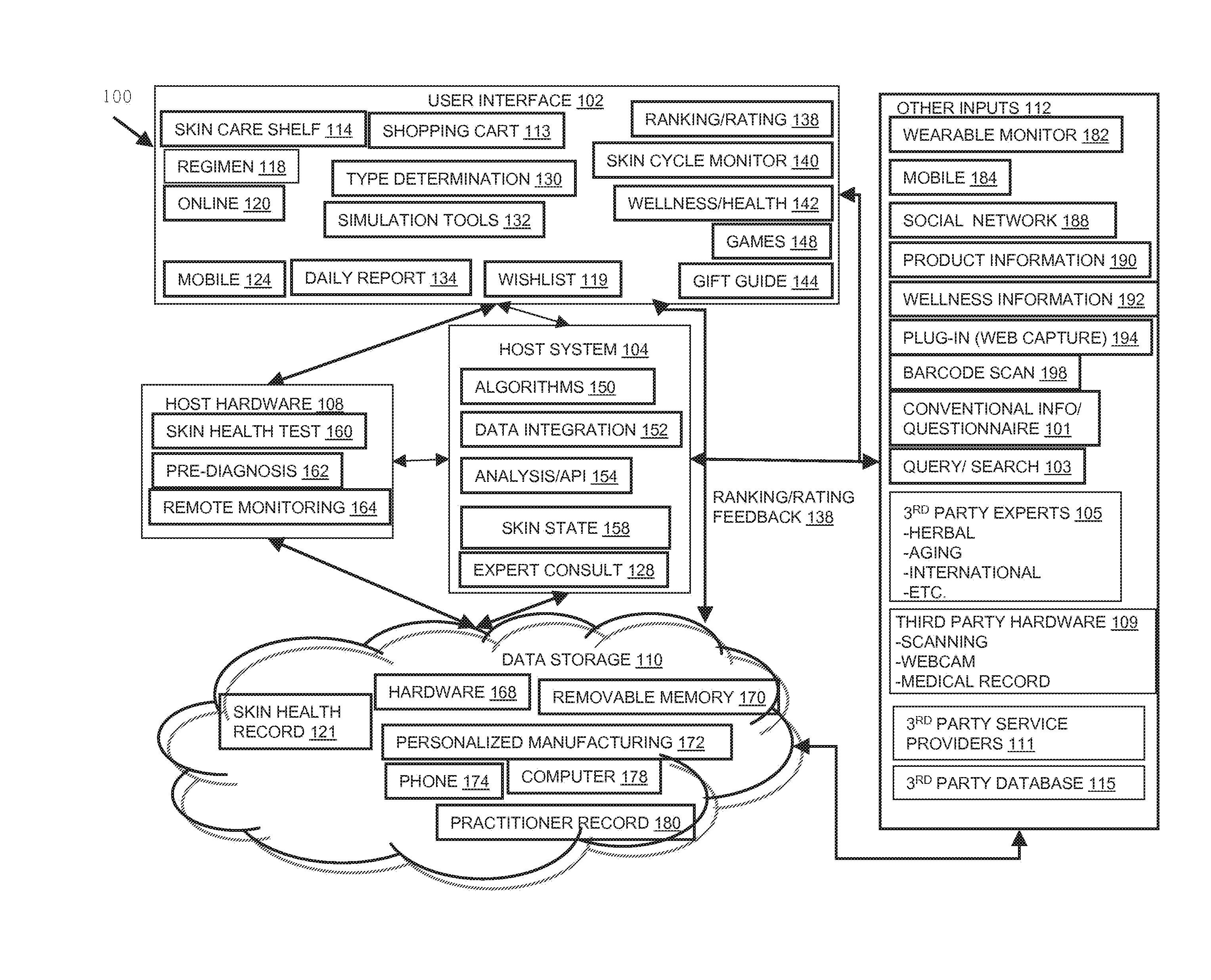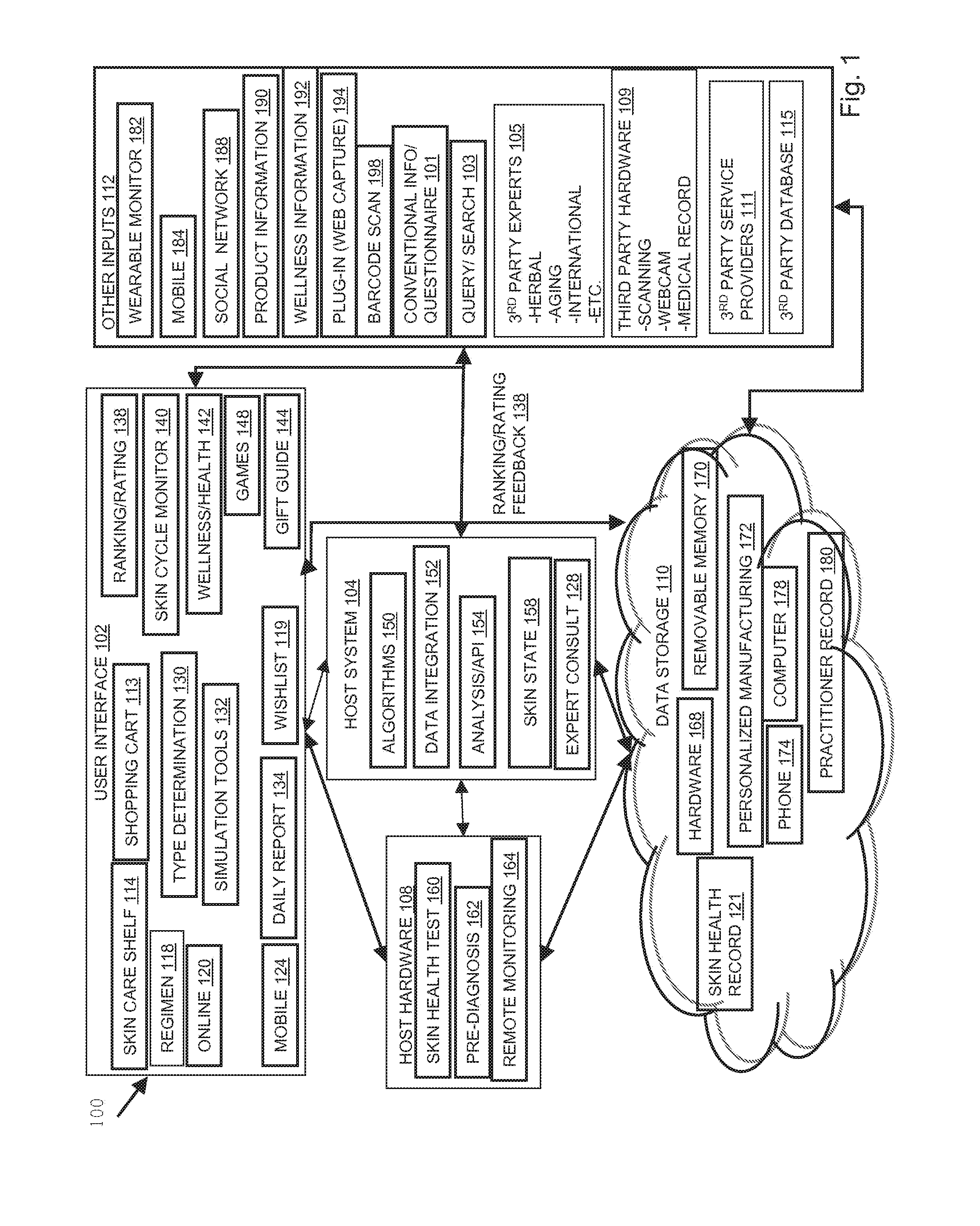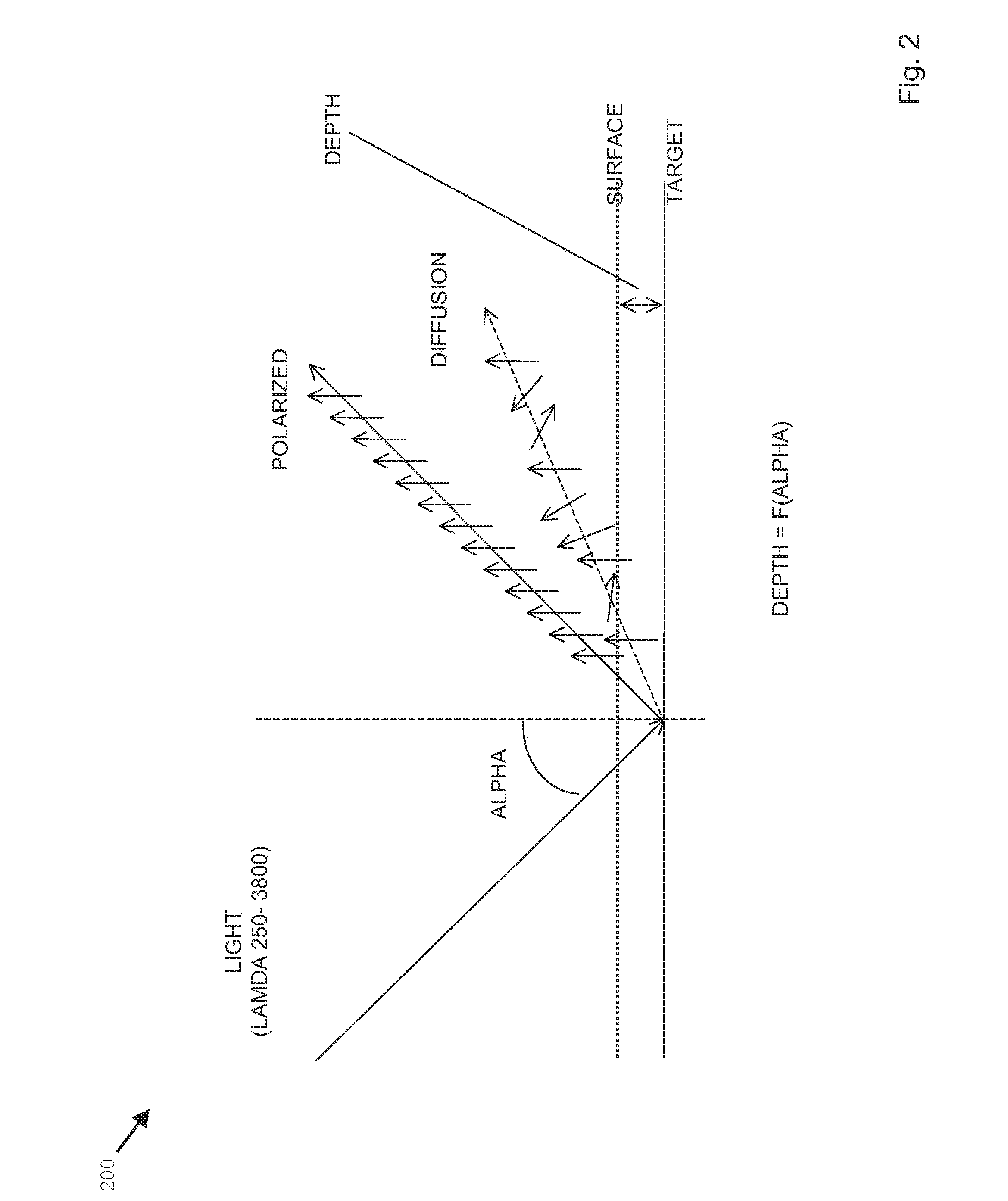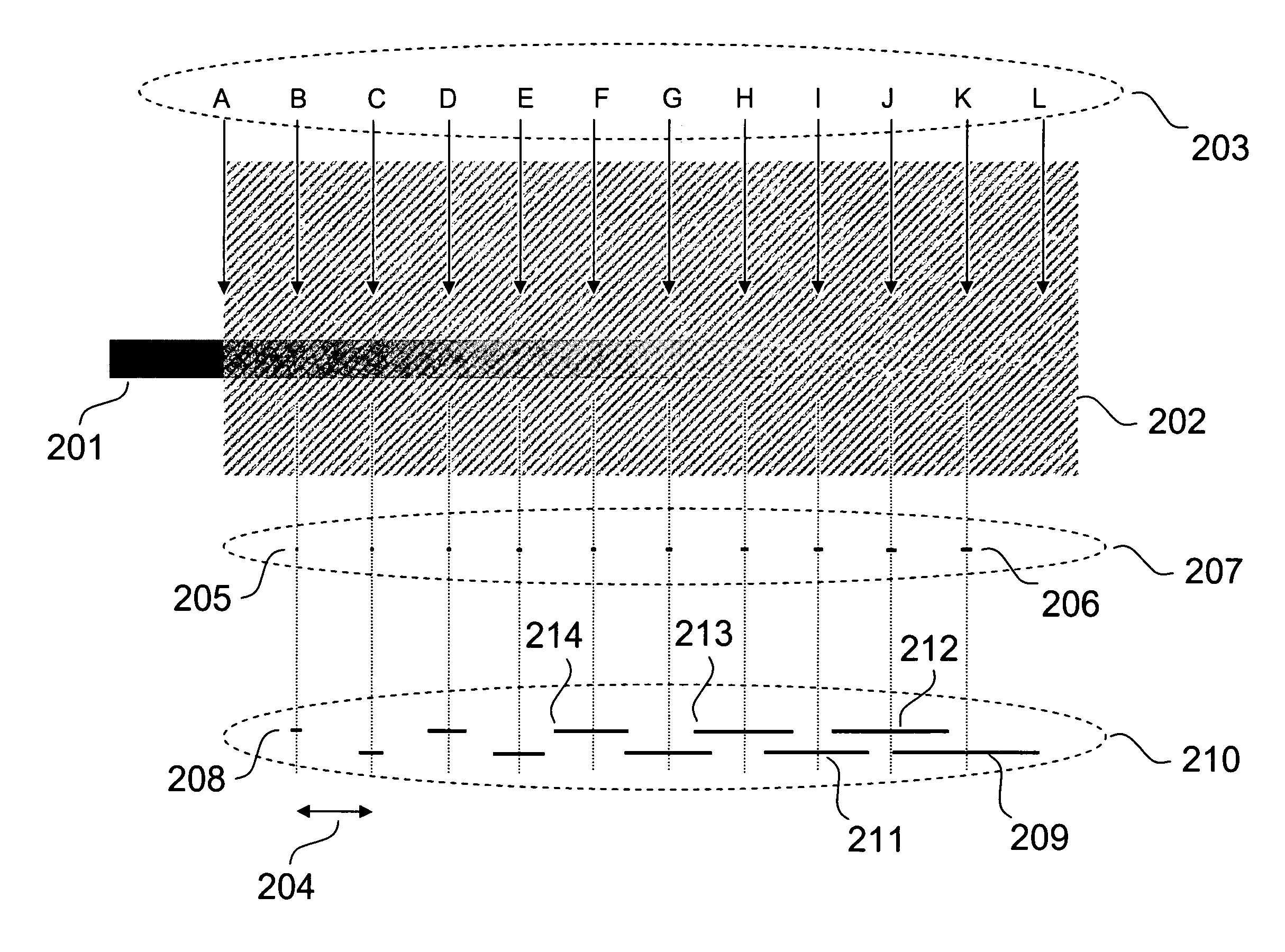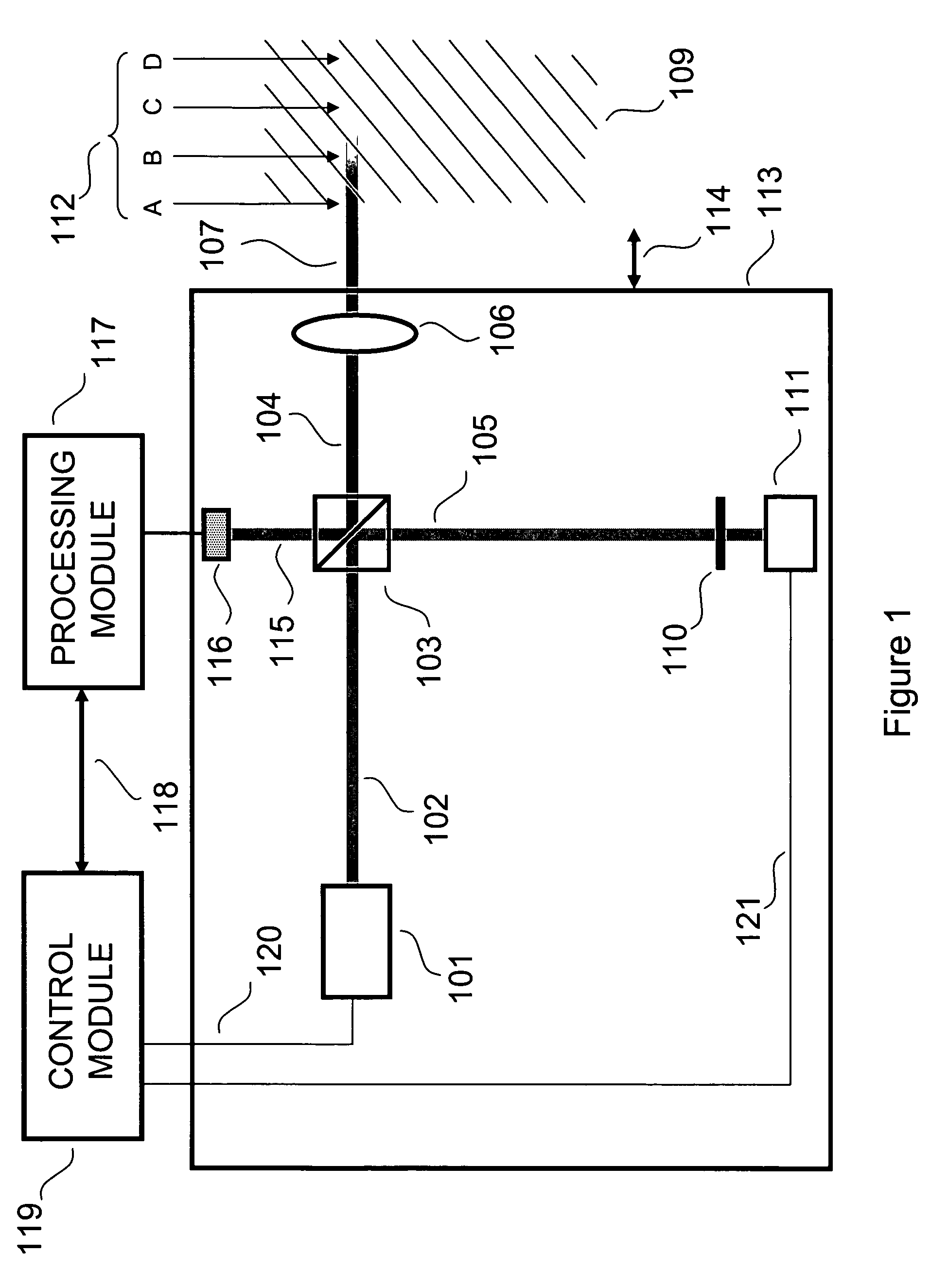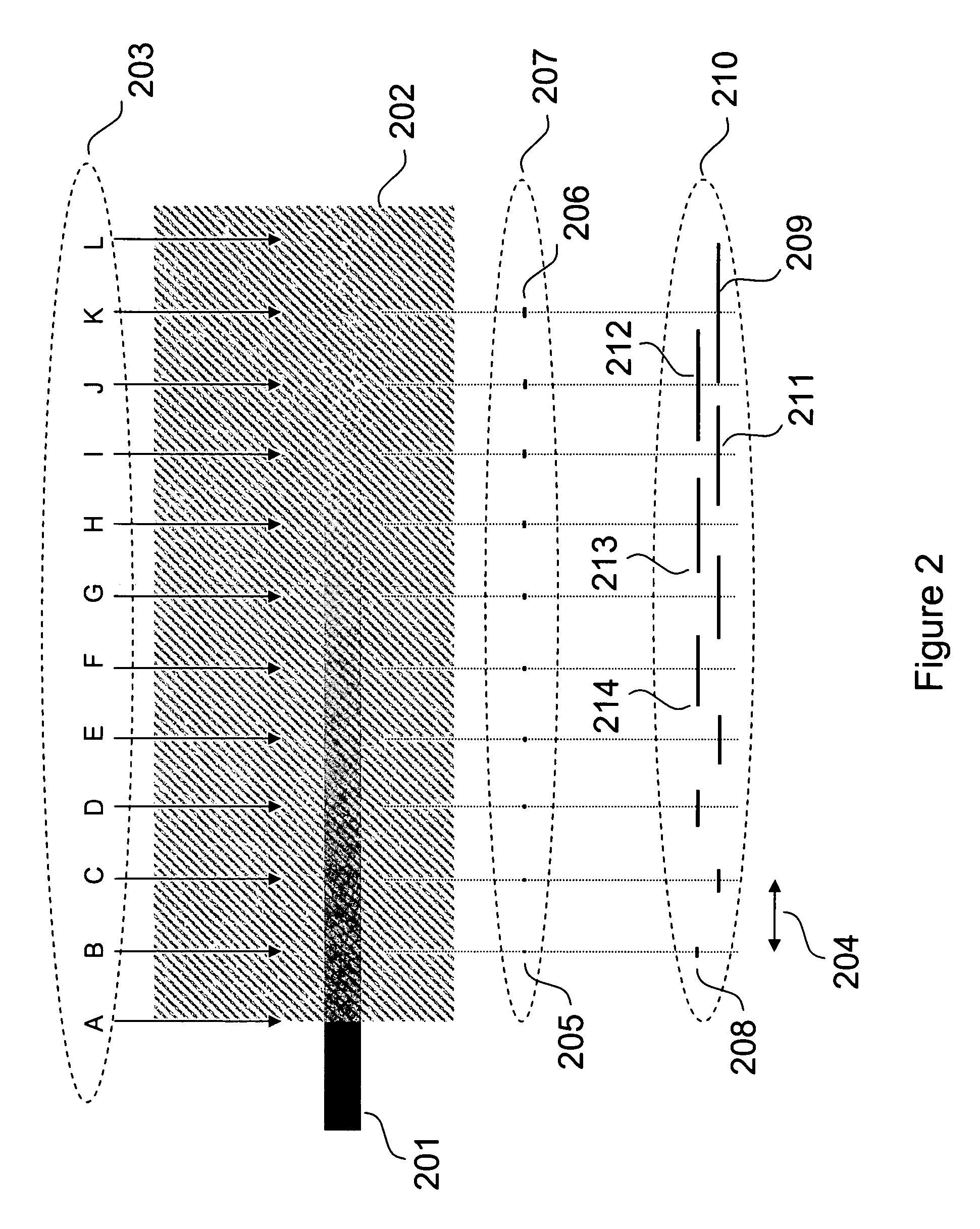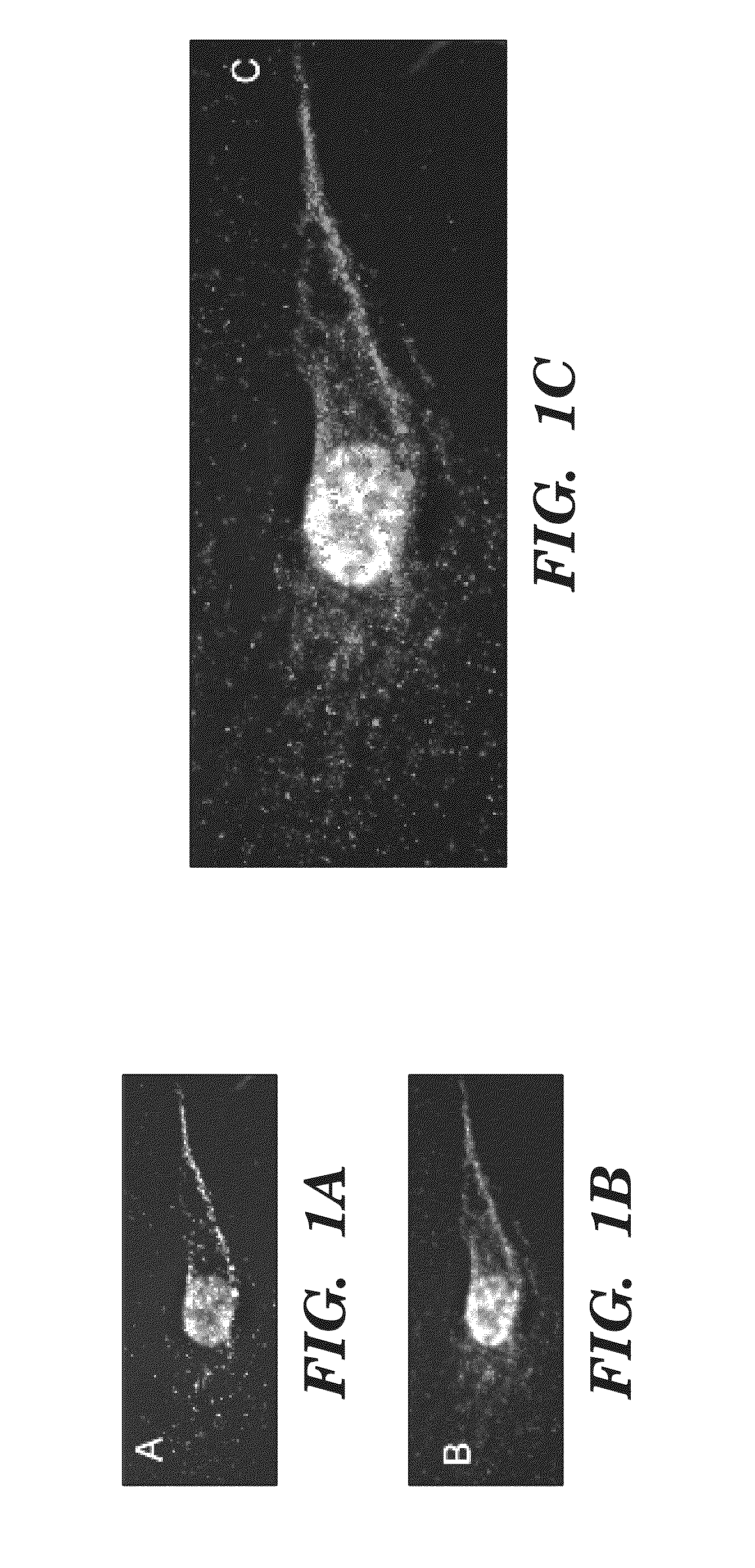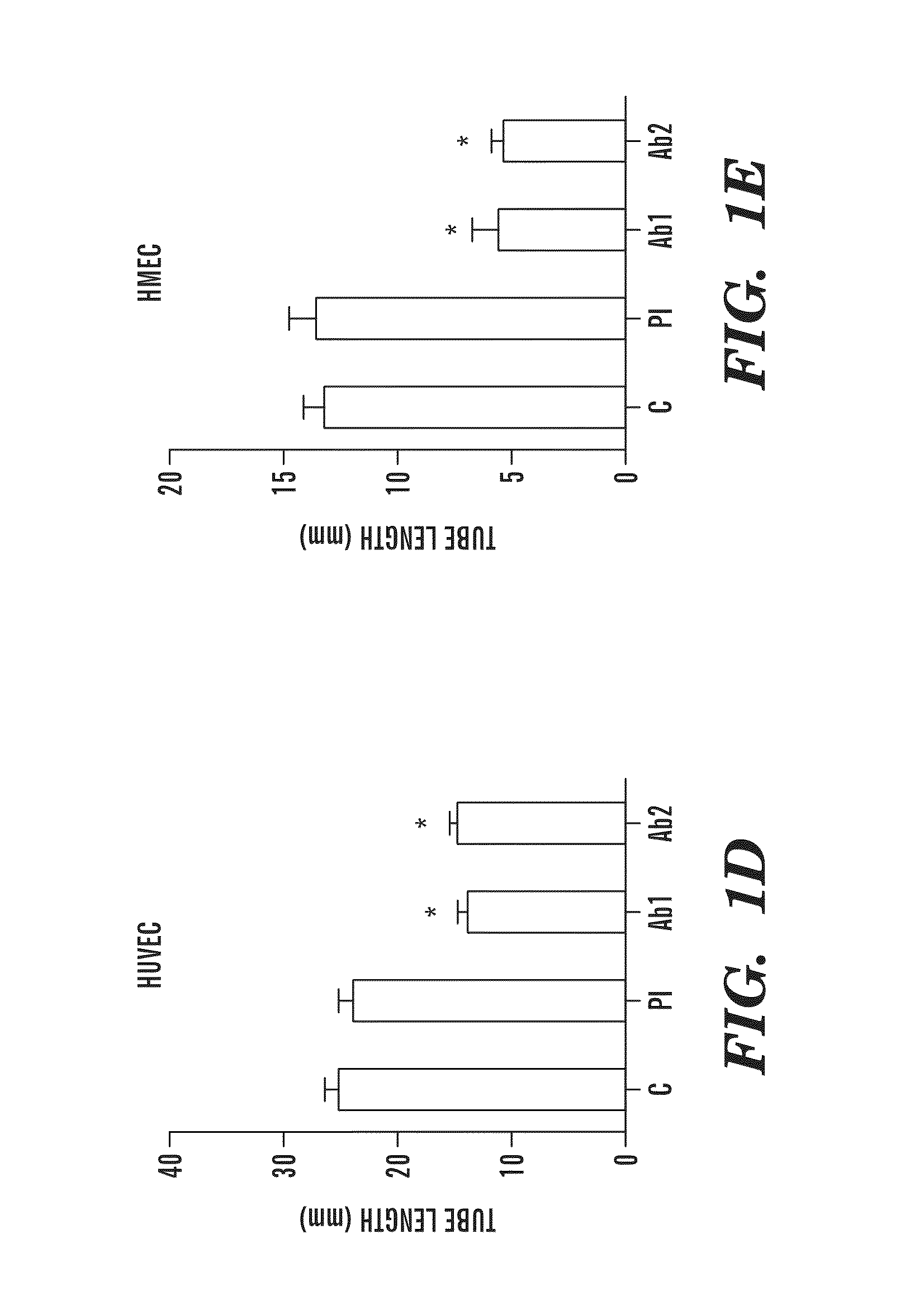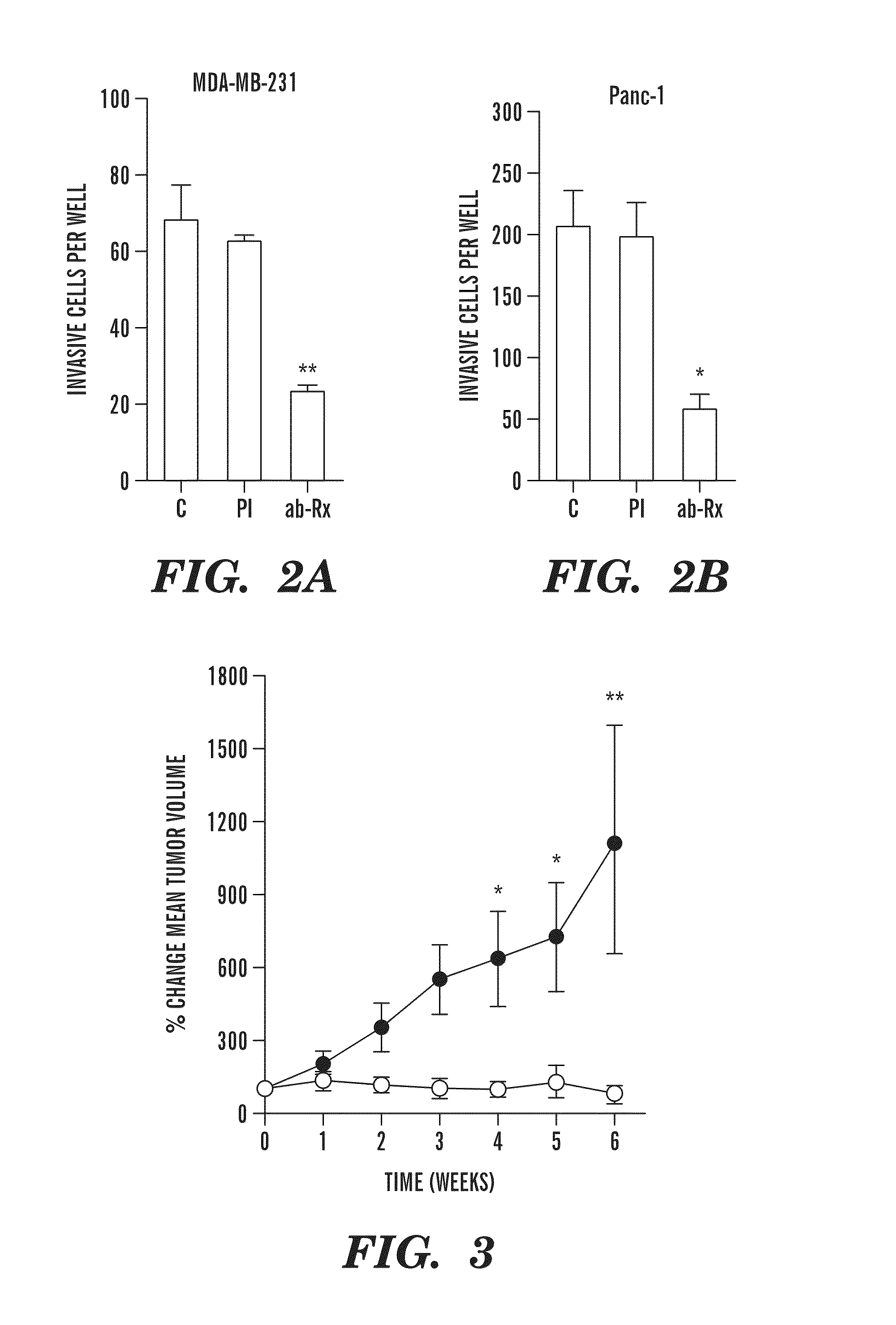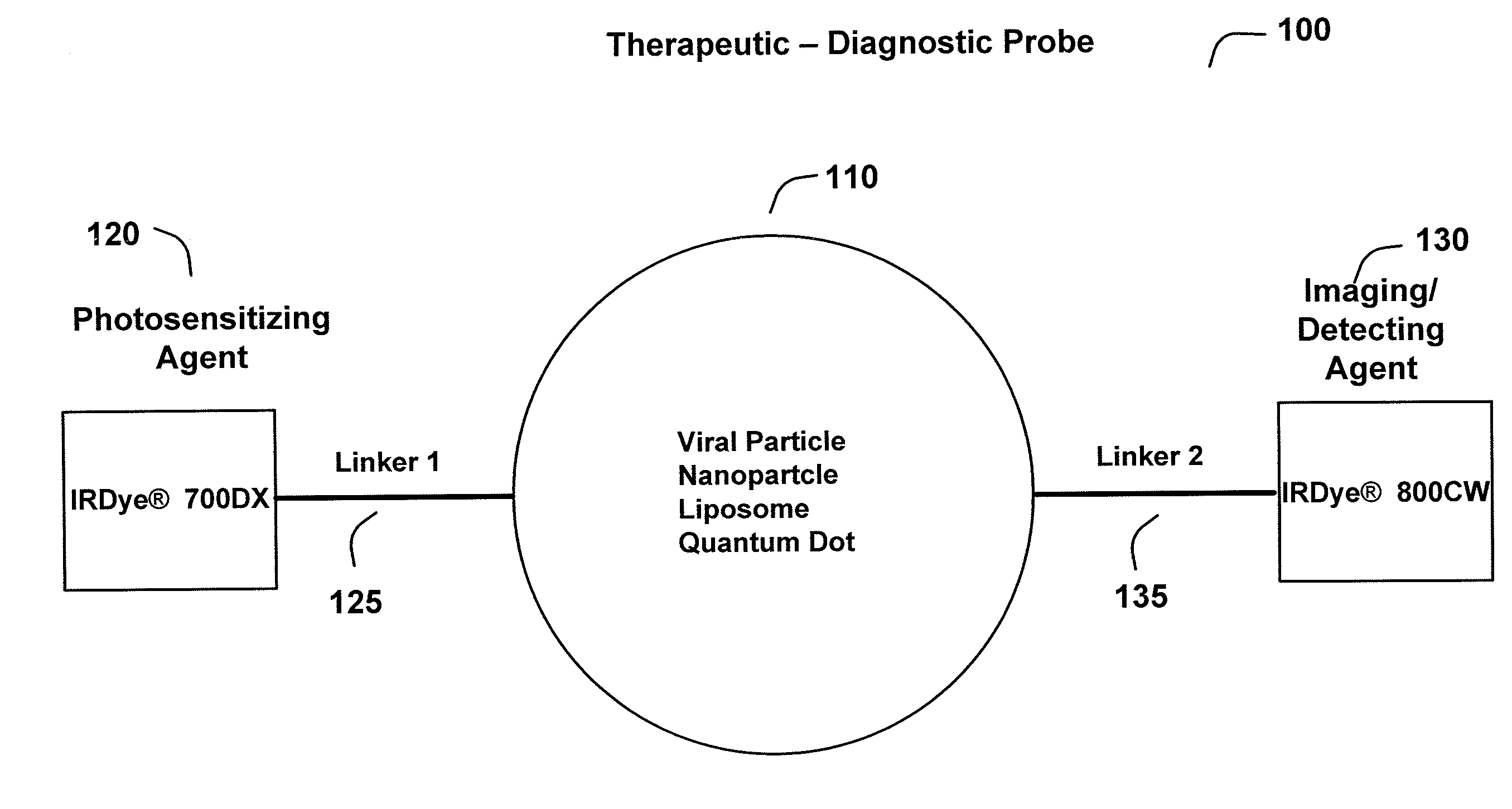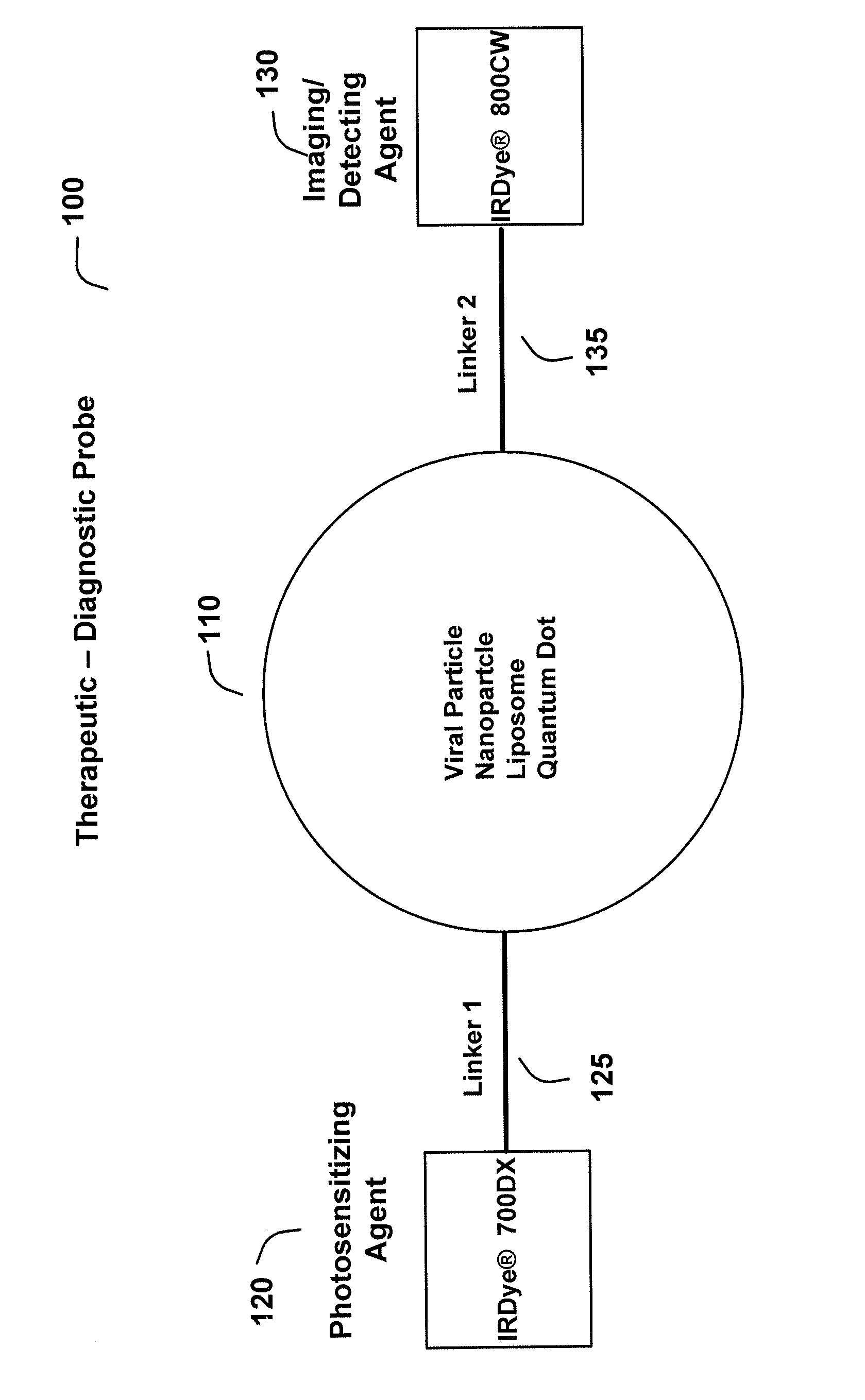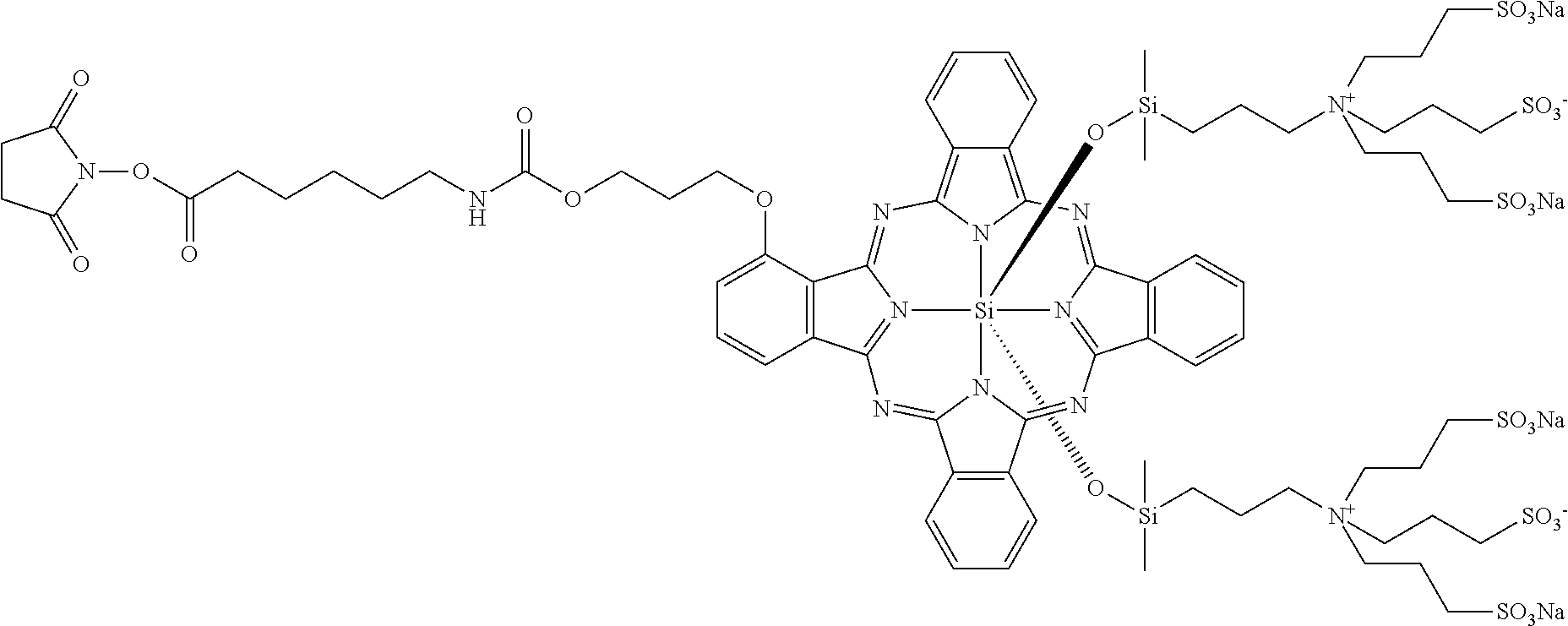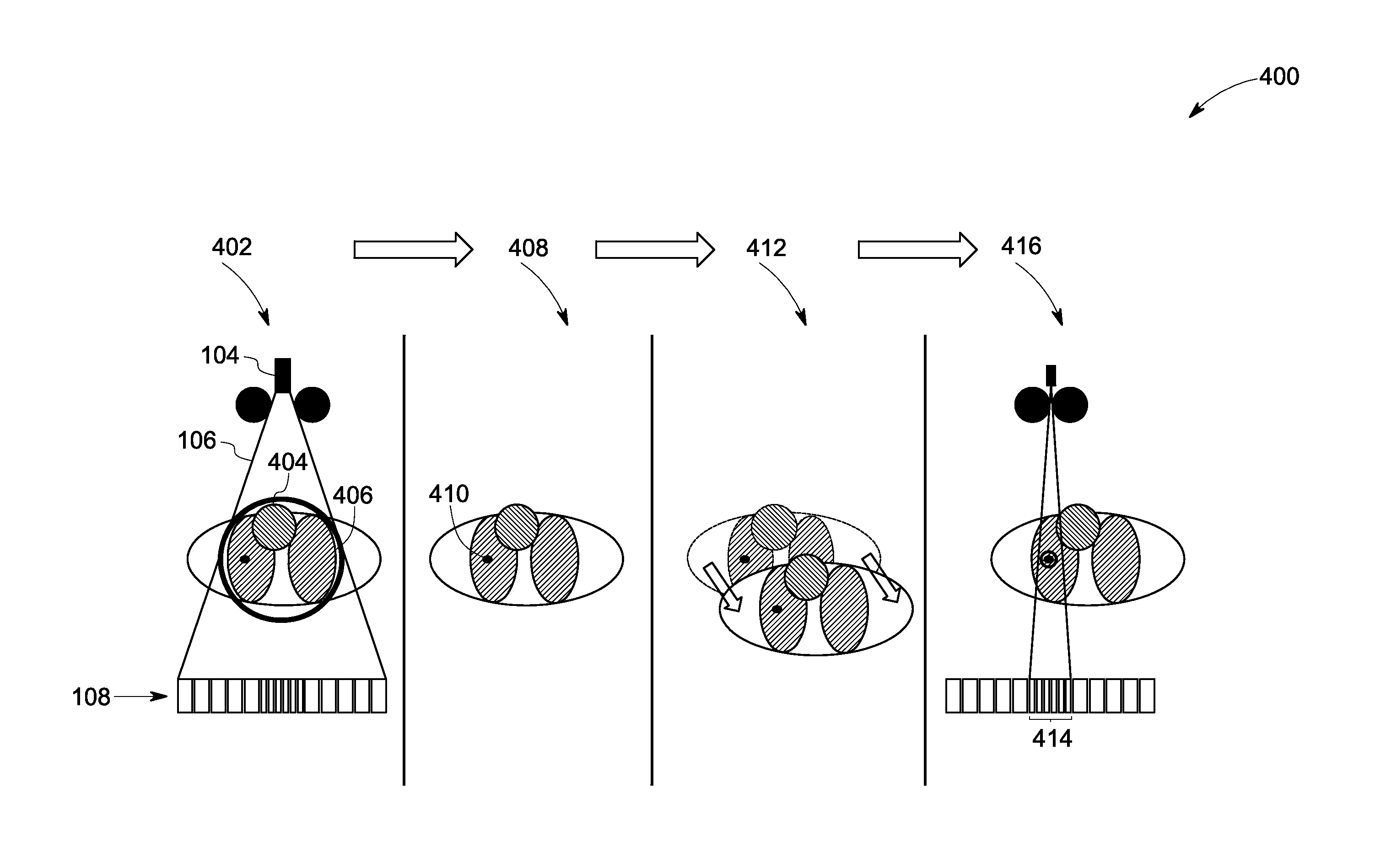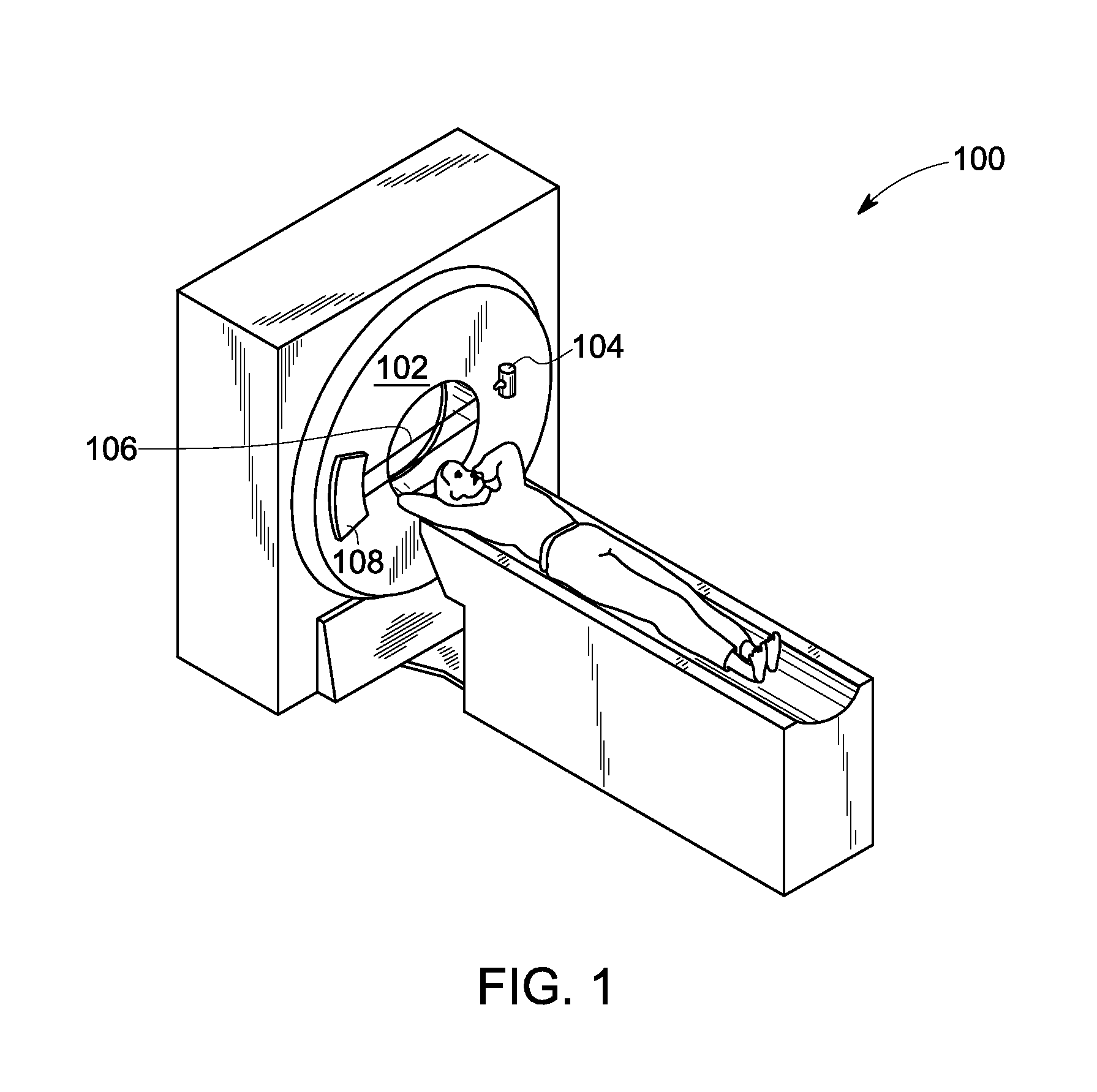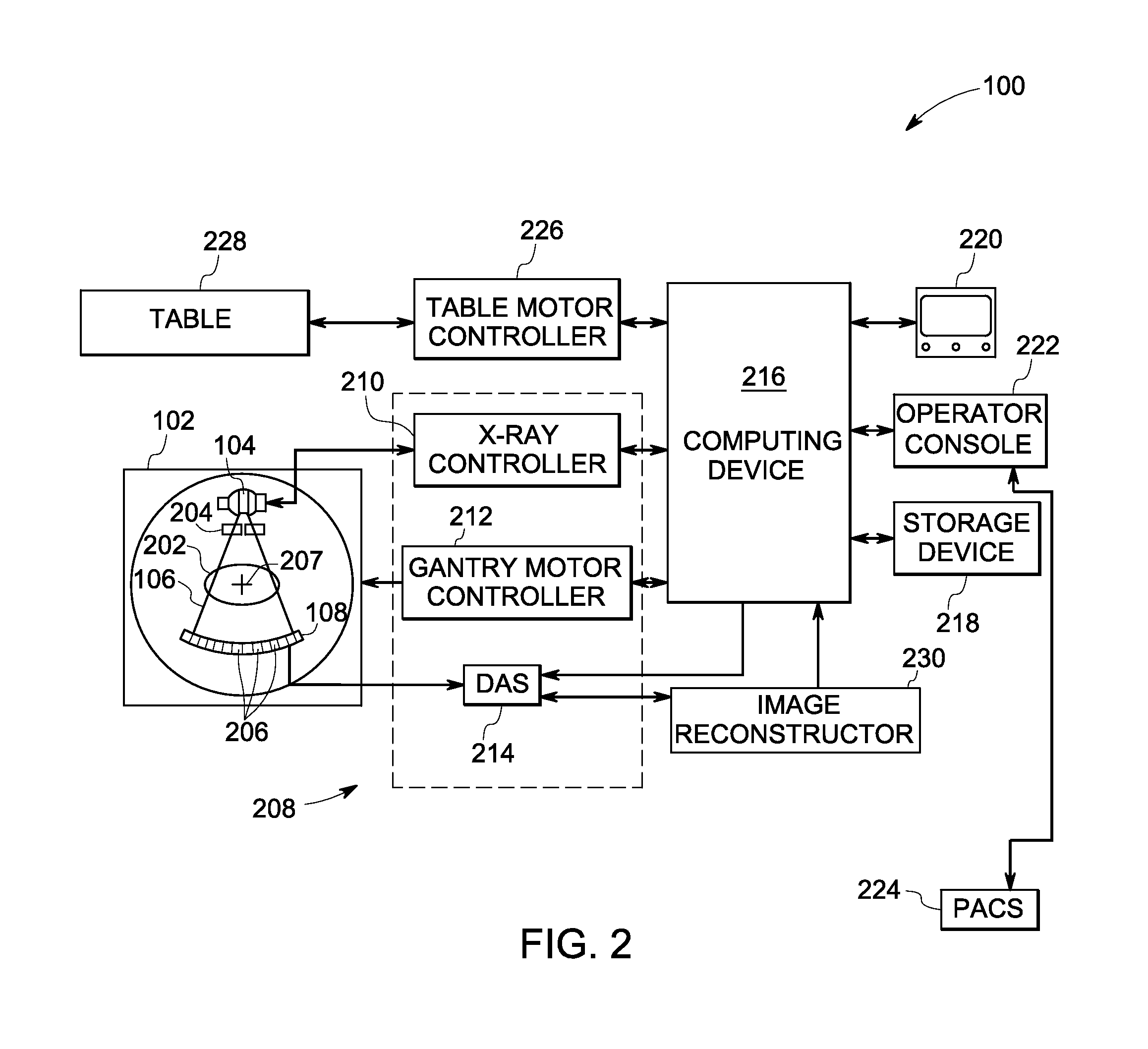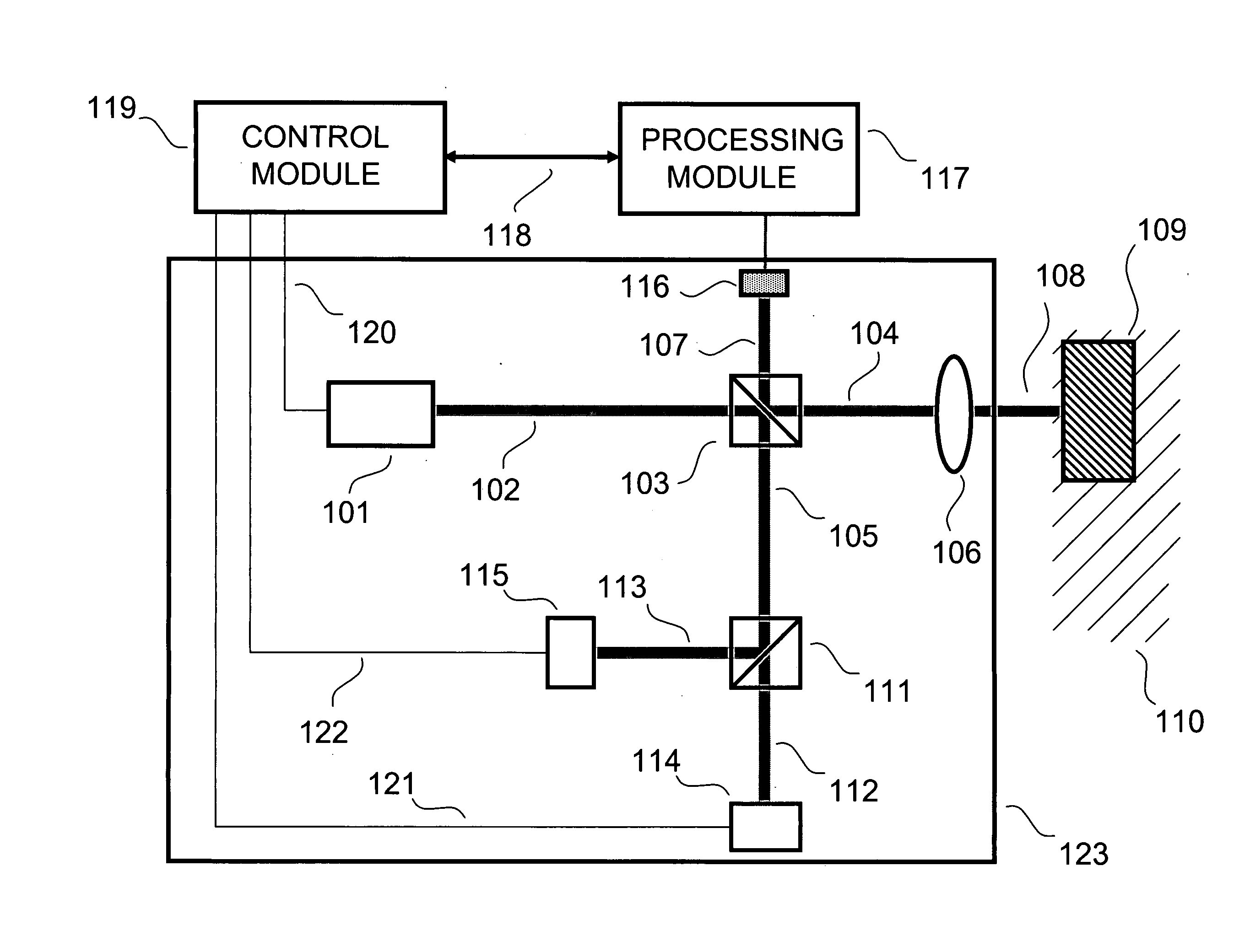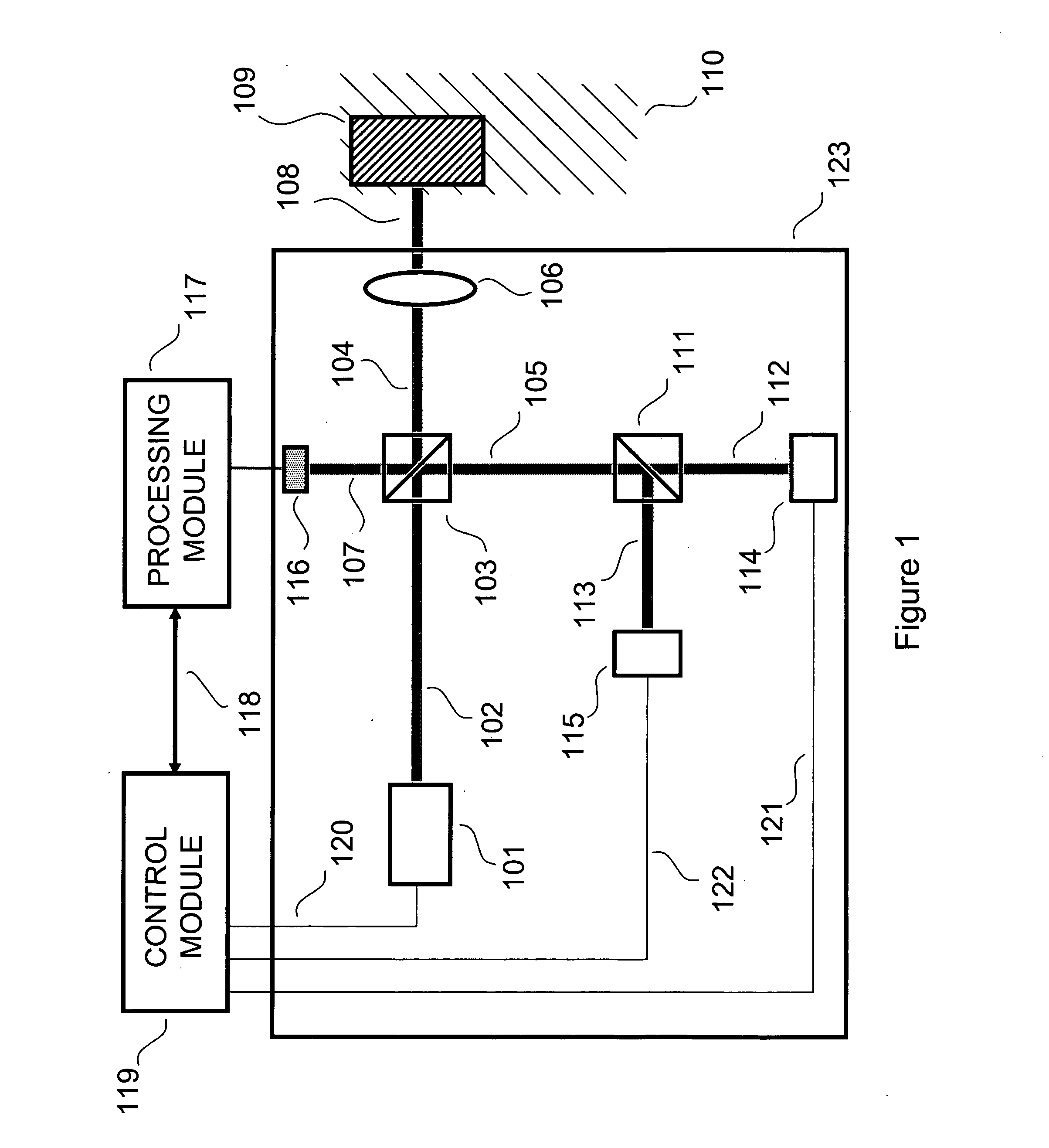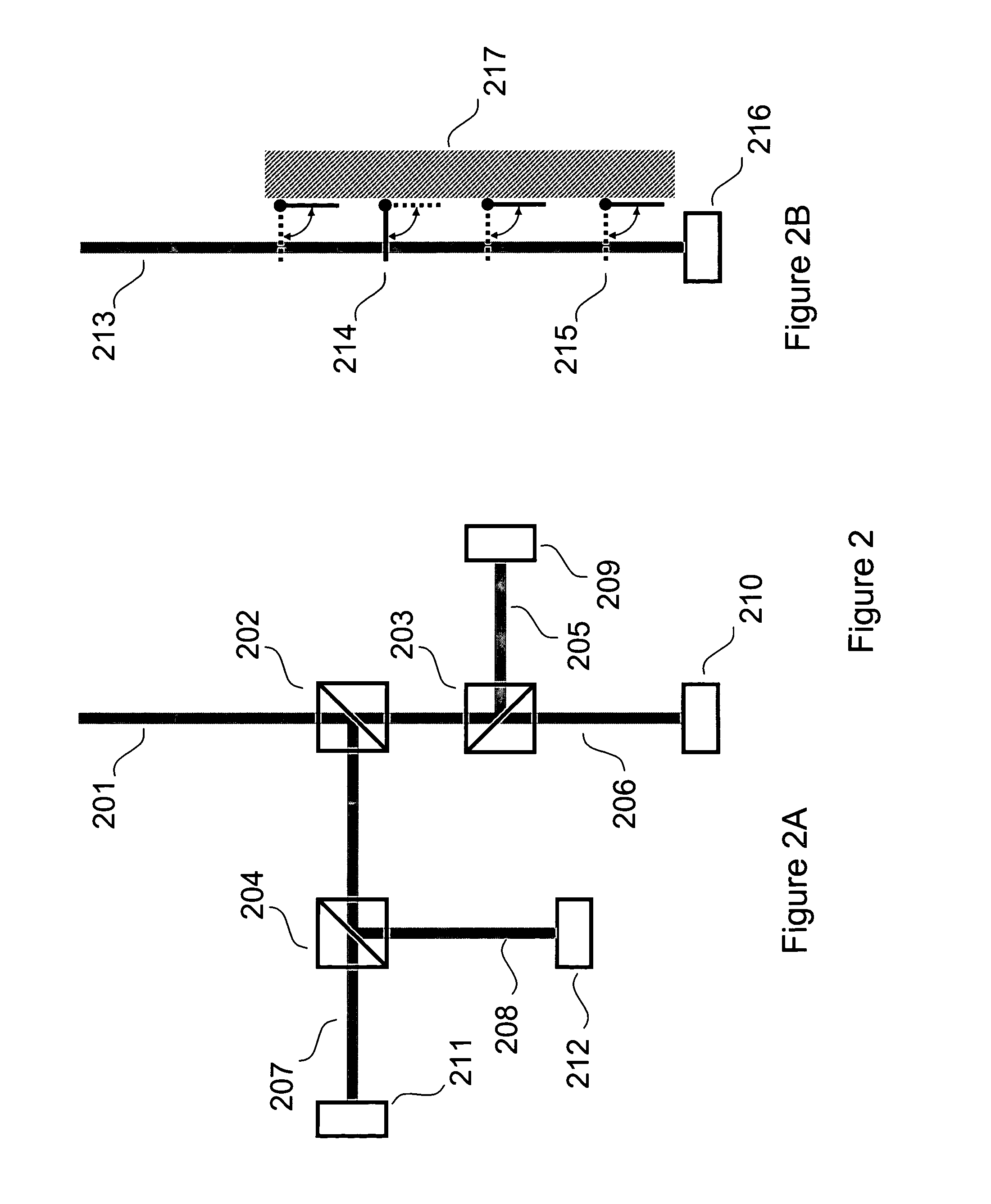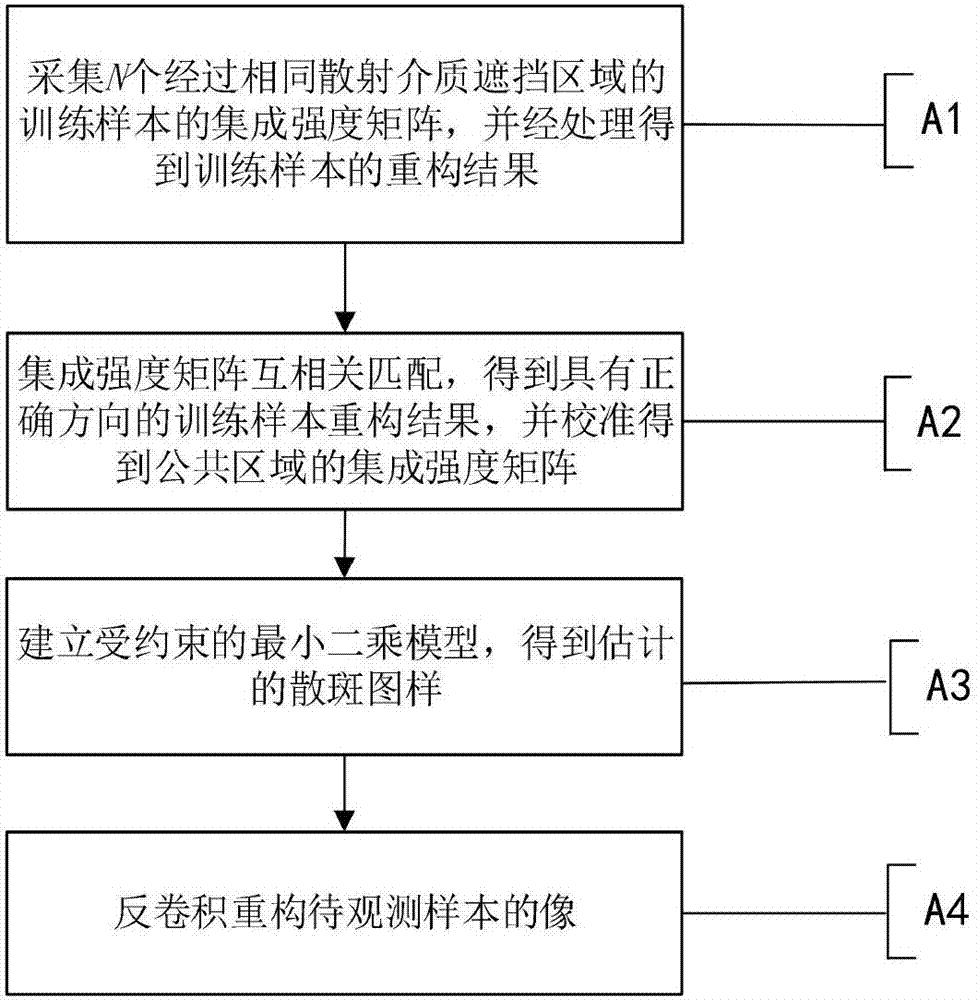Patents
Literature
Hiro is an intelligent assistant for R&D personnel, combined with Patent DNA, to facilitate innovative research.
103 results about "Non invasive imaging" patented technology
Efficacy Topic
Property
Owner
Technical Advancement
Application Domain
Technology Topic
Technology Field Word
Patent Country/Region
Patent Type
Patent Status
Application Year
Inventor
Non-Invasive Cardiovascular Imaging Section. The Non-Invasive Cardiovascular Imaging Section is composed of separate imaging service-units (Echocardiography, Cardiovascular CT, Cardiac MRI service, Vascular Imaging Laboratory) providing support for patient care, medical education and research, both clinical and basic.
Catheterscope 3D guidance and interface system
ActiveUS20050182295A1Effective steeringReduce errorsBronchoscopesLaryngoscopesHigh-resolution computed tomographyGraphics
Visual-assisted guidance of an ultra-thin flexible endoscope to a predetermined region of interest within a lung during a bronchoscopy procedure. The region may be an opacity-identified by non-invasive imaging methods, such as high-resolution computed tomography (HRCT) or as a malignant lung mass that was diagnosed in a previous examination. An embedded position sensor on the flexible endoscope indicates the position of the distal tip of the probe in a Cartesian coordinate system during the procedure. A visual display is continually updated, showing the present position and orientation of the marker in a 3-D graphical airway model generated from image reconstruction. The visual display also includes windows depicting a virtual fly-through perspective and real-time video images acquired at the head of the endoscope, which can be stored as data, with an audio or textual account.
Owner:UNIV OF WASHINGTON
Catheterscope 3D guidance and interface system
ActiveUS20060149134A1Effective steeringReduce errorsBronchoscopesLaryngoscopesHigh-resolution computed tomographyGraphics
Visual-assisted guidance of an ultra-thin flexible endoscope to a predetermined region of interest within a lung during a bronchoscopy procedure. The region may be an opacity-identified by non-invasive imaging methods, such as high-resolution computed tomography (HRCT) or as a malignant lung mass that was diagnosed in a previous examination. An embedded position sensor on the flexible endoscope indicates the position of the distal tip of the probe in a Cartesian coordinate system during the procedure. A visual display is continually updated, showing the present position and orientation of the marker in a 3-D graphical airway model generated from image reconstruction. The visual display also includes windows depicting a virtual fly-through perspective and real-time video images acquired at the head of the endoscope, which can be stored as data, with an audio or textual account.
Owner:UNIV OF WASHINGTON
System, device, and method for dermal imaging
InactiveUS20080194928A1Diagnostic recording/measuringMedical imagesDegree of polarizationLight source
In embodiments of the present invention, systems and methods of a non-invasive imaging device may comprise an illumination source comprising an incident light source to direct light upon skin, and a detector for detecting the degree of polarization of light reflected from the skin. A system and method of determining a skin state may be based on an aspect of the polarization of the reflected light.
Owner:MYSKIN
Passive wear-indicating sensor for implantable prosthetic device
InactiveUS20070088442A1Easy to detectUltrasonic/sonic/infrasonic diagnosticsJoint implantsDevice implantMechanical wear
A method is provided for non-invasively detecting mechanical wear of a prosthetic device implanted in a patient, the method comprises using a non-invasive imaging technique to image the prosthetic device that includes a wear indicating composition; and detecting whether the wear indicating composition has been released from the prosthetic device, and, if so, the location, type, and / or amount thereof. The implant device includes a prosthetic device body having at least one outer surface area; at least one reservoir (e.g., a plurality of discretely spaced micro-reservoirs) in the device body; a wear indicator composition disposed in said at least one reservoir, wherein mechanical wear of the at least one outer surface area of the device body in vivo causes release of at least part of the wear indicator composition. The prosthetic device body may be one for replacement of a hip, a knee, a shoulder, an elbow, or a vertebra.
Owner:MICROCHIPS INC
Apparatus and method for distributed ultrasound diagnostics
ActiveUS20150173715A1Correction of artifactSolve the lack of densityImage analysisOrgan movement/changes detectionSonificationImaging quality
A local user obtains data on the response of internal tissues of a subject to a non-invasive imaging system, choosing sensor positions according to a geometric display. The data obtained are evaluated with respect to predefined quantitative values. The process of obtaining and processing the internal tissue response data is repeated until an image meeting predetermined image quality characteristics is obtained. Specific or general content of the image may be restricted by the local processor, with a distal processor receiving the obtained image data, so as to limit specific or general types of image information from being viewed by the local user, such as image data that can be used to identify the sex of a fetus within the subject.
Owner:RAGHAVAN RAGHU +1
Correlation of concurrent non-invasively acquired signals
A non-invasive imaging and analysis system suitable for measuring attributes of a target, such as the blood glucose concentration of tissue, includes an optical processing system which provides a probe and reference beam. It also includes a means that applies the probe beam to the target to be analyzed, combines the probe and reference beams interferometrically, detects concurrent interferometric signals and correlates the detected signals with previously stored electronic data to determine the attribute of the target.
Owner:COMPACT IMAGING
Methods and reagents for non-invasive imaging of atherosclerotic plaque
The invention provides reagents and methods for their use in in vivo diagnosis of atherosclerosis. In particular, the invention provides monoclonal antibodies which bind oxidation specific epitopes in atherosclerotic plaque lesions, such as those which occur in oxidized LDL, in vivo with high binding specificity; i.e., at about 10 to 20 times the rate of binding of the antibodies to adjacent normal arterial tissue. When detectably labeled and administered according to the invention, the antibodies are clearly imaged when bound to atherosclerotic plaque using known imaging techniques and devices, such as a gamma camera. In addition, the invention provides a method for substantially reducing interference from background signal in the blood pool into which such agents are introduced for detection and quantification of atherosclerotic plaque burden in the cardiovascular tissue of a host.
Owner:RGT UNIV OF CALIFORNIA
Biomarkers for Alzheimer's disease
The present invention provides protein-based biomarkers and biomarker combinations that are useful in qualifying Alzheimer's disease status in a patient. In particular, the biomarkers of this invention are useful to classify a subject sample as Alzheimer's or non-Alzheimer's dementia or normal. The biomarkers can be detected by SELDI mass spectrometry. In addition, the invention provides appropriate treatment interventions and methods for measuring response to treatment. Certain biomarkers of the invention may also be suitable for employment as radio-labeled ligands in non-invasive imaging techniques such as Positron Emission Tomography (PET).
Owner:VERMILLION INC
Biopsy guidance by image-based x-ray guidance system and photonic needle
InactiveUS20100331782A1Reliable tissue characterizationDifficult to translateUltrasonic/sonic/infrasonic diagnosticsSurgical needlesGuidance systemX-ray
A system for providing integrated guidance for positioning a needle in a body has two levels of guidance: a coarse guidance and a fine guidance. The system comprises a non-invasive imaging system for obtaining an image of the biopsy device in the body, for providing the coarse guidance. Furthermore, the system comprises an optical element mounted on the needle for obtaining optical information discriminating tissue in the body, for providing the fine guidance.
Owner:KONINKLIJKE PHILIPS ELECTRONICS NV
Atlas-based analysis for image-based anatomic and functional data of organism
A non-invasive imaging system, including an imaging scanner suitable to generate an imaging signal from a tissue region of a subject under observation, the tissue region having at least one anatomical substructure and more than one constituent tissue type; a signal processing system in communication with the imaging scanner to receive the imaging signal from the imaging scanner; and a data storage unit in communication with the signal processing system, wherein the data storage unit is configured to store a parcellation atlas comprising spatial information of the at least one substructure in the tissue region, wherein the signal processing system is adapted to: reconstruct an image of the tissue region based on the imaging signal; parcellate, based on the parcellation atlas, the at least one anatomical substructure in the image; segment the more than one constituent tissue types in the image; and automatically identify, in the image, a portion of the at least one anatomical substructure that correspond to one of the more than one constituent tissue type.
Owner:THE JOHN HOPKINS UNIV SCHOOL OF MEDICINE
Multiple reference non-invasive analysis system
A non-invasive imaging and analysis system suitable for measuring concentrations of specific components, such as blood glucose concentration and suitable for non-invasive analysis of defects or malignant aspects of targets such as cancer in skin or human tissue, includes an optical processing system which generates a probe and composite reference beam. The system also includes a means that applies the probe beam to the target to be analyzed and modulates at least some of the components of the composite reference beam such that signals with different frequency content are generated. The system combines a scattered portion of the probe beam and the composite beam interferometrically to simultaneously acquire information from multiple depths within a target. It further includes electronic control and processing systems.
Owner:COMPACT IMAGING
Acoustic palpation using non-invasive ultrasound techniques to identify and localize tissue eliciting biological responses and target treatments
InactiveUS20100081893A1Improve accuracyEasy to installUltrasound therapyDiagnostics using pressureUltrasound imagingSonification
Methods and systems for identifying and spatially localizing tissues having certain physiological properties or producing certain biological responses, such as the sensation of pain, in response to the application of intense focused ultrasound (acoustic probing or palpation) are provided. In some embodiments, targeted acoustic probing may be guided or visualized using imaging techniques such as ultrasound imaging or other types of non-invasive imaging techniques.
Owner:PHYSIOSONICS +1
Injectable therapeutic formulations
InactiveUS20050064045A1High retention rateImprove delivery efficiencyBiocideHydroxy compound active ingredientsEccentric hypertrophyOrganic solvent
Sterile injectable formulations, which comprise the following: (a) a ablation agent in an amount effective to cause necrosis of tissue, and (b) a biodisintegrable viscosity adjusting agent in an amount effective to render the formulation highly viscous, (c) an optional imaging contrast agent, (d) an optional therapeutic agent, and (e) an optional liquid selected from water and an organic solvent. Also described are novel prostatic ablation formulations, which comprise a prostatic ablation agent selected from free-radical generating ablation agents, oxidizing ablation agents and tissue fixing ablation agents. Further aspects of the invention relate to methods of treating a variety of diseases and conditions, including benign prostatic hypertrophy, in which above injectable formulations are injected into the tissue of a subject, optionally with the assistance of a non-invasive imaging technique.
Owner:BOSTON SCI SCIMED INC
Acoustic palpation using non-invasive ultrasound techniques to identify and localize tissue eliciting biological responses
InactiveUS20100087728A1Guaranteed normal transmissionReduce exposureUltrasound therapyOrgan movement/changes detectionUltrasound imagingSonification
Methods and systems for identifying and spatially localizing tissues having certain physiological properties or producing certain biological responses, such as the sensation of pain, in response to the application of intense focused ultrasound (acoustic probing or palpation) are provided. In some embodiments, targeted acoustic probing may be guided or visualized using imaging techniques such as ultrasound imaging or other types of non-invasive imaging techniques.
Owner:PHYSIOSONICS +1
Method and system for non-invasive imaging of a target region
ActiveUS20130284939A1Reconstruction from projectionMaterial analysis by optical meansImage resolutionNon invasive
Embodiments of systems, methods and non-transitory computer readable media for imaging are presented. Preliminary image data corresponding to a first FOV of a subject at a first resolution is acquired using an imaging system including one or more radiation sources and at least one hybrid detector, specifically using at least one section of the hybrid detector having the first resolution. The target ROI is identified using the preliminary image data. Further, the subject is positioned to align the target ROI along a designated axis. Additionally, parameters associated with the sources, the hybrid detector and / or an imaging system gantry are configured for acquiring target image data at a second resolution greater than the first resolution using at least one section of the hybrid detector having the second resolution. Further, one or more images corresponding to at least the target ROI are reconstructed using the target and / or the preliminary image data.
Owner:GENERAL ELECTRIC CO
Non-invasive imaging for determination of global tissue characteristics
Evaluating tissue characteristics including identification of injured tissue or alteration of the ratios of native tissue components such as shifting the amounts of normal myocytes and fibrotic tissue in the heart, identifying increases in the amount of extracellular components or fluid (like edema or extracellular matrix proteins), or detecting infiltration of tumor cells or mediators of inflammation into the tissue of interest in a patient, such as a human being, is provided by obtaining a first image of tissue including a region of interest from a first acquisition, for example, after administration of a contrast agent to the patient, and obtaining a second image of the tissue including the region of interest during a second, subsequent acquisition, for example, after administration of a contrast agent to the patient. The subsequent acquisition may be obtained after a period of time to determine if injury has occurred during that period of time. The region of interest may include heart, blood, muscle, brain, nerve, skeletal, skeletal muscle, liver, kidney, lung, pancreas, endocrine, gastrointestinal and / or genitourinary tissue. A global characteristic of the region of interest of the first image and of the second image is determined to allow a comparison of the global characteristic of the first image and the second image to determine a potential for a change in global tissue characteristics. Such a comparison may include comparison of mean, average characteristics, histogram shape, such as skew and kurtosis, or distribution of intensities within the histogram.
Owner:WAKE FOREST UNIV HEALTH SCI INC
Image registration system with non-rigid registration and method of operation thereof
An image registration system, and a method of operation of an image registration system thereof, including: an imaging unit for obtaining a pre-operation non-invasive imaging volume and for obtaining an intra-operation non-invasive imaging volume; and a processing unit including: a rigid registration module for generating a rigid registered volume based on the pre-operation non-invasive imaging volume, a region of interest module for isolating a region of interest from the intra-operation non-invasive imaging volume, a point generation module, coupled to the region of interest module, for determining feature points of the region of interest, an optimization module, coupled to the point generation module, for matching the feature points with corresponding points of the rigid registered volume for generating a matched point cloud, and an interpolation module, coupled to the optimization module, for generating a non-rigid registered volume based on the matched point cloud for display on a display interface.
Owner:SONY CORP
Flow measurement with time-resolved data
Estimation of blood flow parameters using non-invasive imaging techniques is described. In one implementation, temporally distinct image volumes are generated. Each respective image volume depicts a respective spatial distribution of a contrast agent within an imaged volume at a different time. The contrast agent movement at each different time from the plurality of image volumes is used in the estimation of a parameter related to the flow of blood within the imaged volume.
Owner:GENERAL ELECTRIC CO
Intelligent Atlas for Automatic Image Analysis of Magnetic Resonance Imaging
A non-invasive imaging system, including an imaging scanner suitable to generate an imaging signal from a tissue region of a subject under observation, the tissue region having at least one substructure; a signal processing system in communication with the imaging scanner to receive the imaging signal from the imaging scanner; and a data storage unit in communication with the signal processing system, wherein the data storage unit stores an anatomical atlas comprising data encoding spatial information of the at least one substructure in the tissue region, and a pathological atlas corresponding to an abnormality of the tissue region, wherein the signal processing system is adapted to automatically identify, using the imaging signal, the anatomical atlas, and the pathological atlas, a presence of the abnormality or a precursor abnormality in the subject under observation.
Owner:THE JOHN HOPKINS UNIV SCHOOL OF MEDICINE
Volumetric CT system and method utilizing multiple detector panels
InactiveUS7054409B2Expand field of viewImprove imaging resolutionRadiation/particle handlingSolid-state devicesX-rayMedical imaging
A method and apparatus for providing a configurable field of view in a non-invasive imaging system, such as a CT medical imaging system. A detector structure comprising two or more flat-panel X-ray detectors is provided such that the configurable field of view may encompass the full area of the two or more X-ray detectors or any suitable subset of the full area. The field of view may be configured based upon an acceptable field of view in conjunction with an acceptable scan speed.
Owner:GENERAL ELECTRIC CO
Macromolecular Delivery Systems for Non-Invasive Imaging, Evaluation and Treatment of Arthritis and Other Inflammatory Diseases
InactiveUS20090311182A1High retention rateGood treatment effectOrganic active ingredientsPeptide/protein ingredientsDiseaseNon invasive
This invention relates to biotechnology, more particularly, to water-soluble polymeric delivery systems for the imaging, evaluation and / or treatment of rheumatoid arthritis and other inflammatory diseases. Using modern MR imaging techniques, the specific accumulation of macromolecules in arthritic joints in adjuvant-induced arthritis in rats is demonstrated. The strong correlation between the uptake and retention of the MR contrast agent labeled polymer with histopathological features of inflammation and local tissue damage demonstrates the practical applications of the macromolecular delivery system of the invention.
Owner:BOARD OF RGT UNIV OF NEBRASKA
Correlation of concurrent non-invasively acquired signals
A non-invasive imaging and analysis system suitable for measuring attributes of a target, such as the blood glucose concentration of tissue, includes an optical processing system which provides a probe and reference beam. It also includes a means that applies the probe beam to the target to be analyzed, combines the probe and reference beams interferometrically, detects concurrent interferometric signals and correlates the detected signals with previously stored electronic data to determine the attribute of the target.
Owner:COMPACT IMAGING
Non-invasive detection of complement-mediated inflammation using cr2-targeted nanoparticles
Methods of non-invasive imaging of complement-mediated inflammation are provided. Compositions including CR-targeted ultrasmall superparamagnetic nanoparticles or aggregates thereof for use with those methods are also provided.
Owner:UNIV OF COLORADO THE REGENTS OF
Skin assessment device
InactiveUS20170035348A1Computer-assisted medical data acquisitionMedical automated diagnosisElectricityHealth change
Owner:MYSKIN INC
Frequency resolved imaging system
Owner:COMPACT IMAGING
DEspR ANTAGONISTS AND AGONISTS AS THERAPEUTICS
InactiveUS20130022551A1Shrink tumor sizeReducing tumor tumor metastasisCompounds screening/testingUltrasonic/sonic/infrasonic diagnosticsMolecular imagingAngiogenesis growth factor
Provided herein are novel compositions comprising DEspR-specific antagonists and agonists, and methods of their use in a variety of therapeutic applications. The compositions comprising the DEspR-specific anatgonists and agonists described herein are useful in therapeutic, diagnostic and imaging methods, such as DEspR-targeted molecular imaging of angiogenesis, and for companion diagnostic and / or in vivo-non invasive imaging and / or assessments.
Owner:TRUSTEES OF BOSTON UNIV
Therapeutic and diagnostic probes
The present invention provides compositions and methods of use of nanoparticle-based probes for in vivo imaging and therapy. The probes can be used to track diseased target cells by non-invasive imaging in the near-infrared range. Additionally, the probes can induce cell death of the target cells via photodynamic treatment.
Owner:RAKUTEN MEDICAL INC
Method and system for non-invasive imaging of a target region
ActiveUS9237874B2Reconstruction from projectionMaterial analysis by optical meansImage resolutionSystems approaches
Embodiments of systems, methods and non-transitory computer readable media for imaging are presented. Preliminary image data corresponding to a first FOV of a subject at a first resolution is acquired using an imaging system including one or more radiation sources and at least one hybrid detector, specifically using at least one section of the hybrid detector having the first resolution. The target ROI is identified using the preliminary image data. Further, the subject is positioned to align the target ROI along a designated axis. Additionally, parameters associated with the sources, the hybrid detector and / or an imaging system gantry are configured for acquiring target image data at a second resolution greater than the first resolution using at least one section of the hybrid detector having the second resolution. Further, one or more images corresponding to at least the target ROI are reconstructed using the target and / or the preliminary image data.
Owner:GENERAL ELECTRIC CO
Multiple reference non-invasive analysis system
A non-invasive imaging and analysis system suitable for measuring concentrations of specific components, such as blood glucose concentration and suitable for non-invasive analysis of defects or malignant aspects of targets such as cancer in skin or human tissue, includes an optical processing system which generates a probe and composite reference beam. The system also includes a means that applies the probe beam to the target to be analyzed and modulates at least some of the components of the composite reference beam such that signals with different frequency content are generated. The system combines a scattered portion of the probe beam and the composite beam interferometrically to simultaneously acquire information from multiple depths within a target. It further includes electronic control and processing systems.
Owner:COMPACT IMAGING
Non-invasive scattering imaging method based on speckle estimation and deconvolution
ActiveCN107247332AImprove clarityImprove robustnessScattering properties measurementsOptical elementsPattern recognitionSpeckle pattern
The invention discloses a non-invasive scattering imaging method based on speckle estimation and deconvolution. The non-invasive scattering imaging method comprises the steps that an integrated intensity matrix IIM<s> of N training samples O<s>(i=1,2,...,N) through the same scattering medium blocking area is acquired by using a non-invasive imaging system, and the reconstruction result O<-><s> of the training samples is obtained through processing; a constrained least square model is established by using a speckle pattern S and the convolution relationship between the training sample reconstruction result and the integrated intensity matrix obtained in the previous step so as to obtain the estimated speckle pattern S<^>; and the integrated intensity matrix IIM<c> of the sample O<c> to be observed in the scattering medium blocking area is acquired to perform deconvolution so as to reconstruct the image O<^><c> of the sample to be observed. The estimated speckle pattern can be obtained in a non-invasive mode so as to realize efficient reconstruction of complex samples and effectively enhance the resolution and the robustness of the reconstruction result.
Owner:SHENZHEN GRADUATE SCHOOL TSINGHUA UNIV
Features
- R&D
- Intellectual Property
- Life Sciences
- Materials
- Tech Scout
Why Patsnap Eureka
- Unparalleled Data Quality
- Higher Quality Content
- 60% Fewer Hallucinations
Social media
Patsnap Eureka Blog
Learn More Browse by: Latest US Patents, China's latest patents, Technical Efficacy Thesaurus, Application Domain, Technology Topic, Popular Technical Reports.
© 2025 PatSnap. All rights reserved.Legal|Privacy policy|Modern Slavery Act Transparency Statement|Sitemap|About US| Contact US: help@patsnap.com
